The Psychosomatic Impact of Avoidance
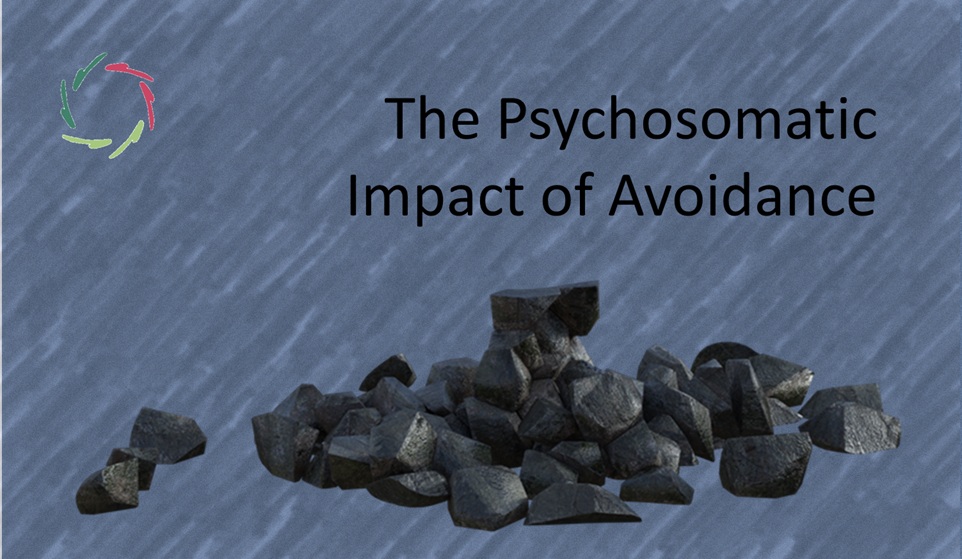
Avoidance (of depth) does not end inner processes. When meaning is kept out of conscious life for too long, the body may become involved. This blog explores psychosomatic symptoms as continuations rather than simply failures, and avoidance as protection rather than fault. Understanding this changes how we look at illness, care, and prevention. From avoidance Read the full article…
The Mind and Female Subfertility

Female subfertility is deeply personal and unmistakably biological. Yet, in many cases, biology alone does not fully explain what is happening. This blog explores, with scientific care and human respect, where the mind may play a role — and where it doesn’t. It is an invitation to look at female subfertility in depth, without false Read the full article…
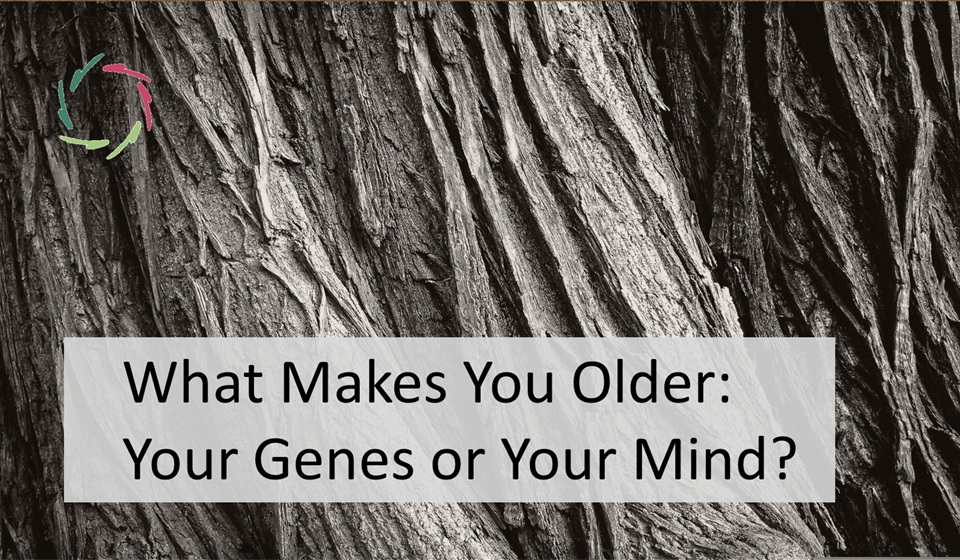
What Makes You Older: Your Genes or Your Mind?
Recent science suggests that about half of human lifespan is genetically determined. This sounds precise, reassuring, and powerful. Yet beneath the numbers lies a deeper question about what is being counted, and what is being left out. This blog explores that question by looking beyond genes and accidents, toward the often-invisible role of the mind Read the full article…
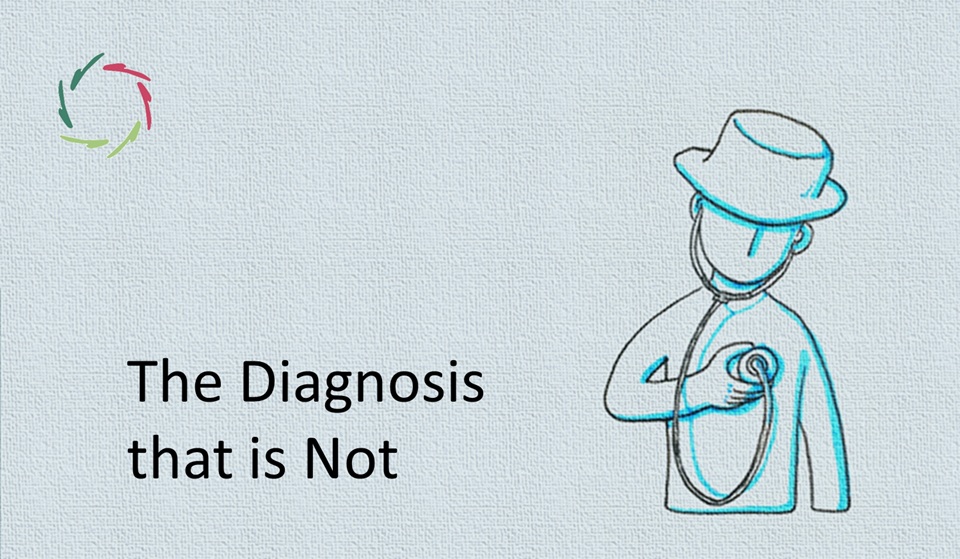
The Diagnosis that is Not
A diagnosis can bring relief, clarity, and a sense of control. Yet in complex domains, it may also conceal more than it reveals. This blog explores how diagnoses sometimes function as reassurance rather than understanding, and why that matters. Not as an attack on medicine, but as an invitation to deeper listening. [See the addendum Read the full article…
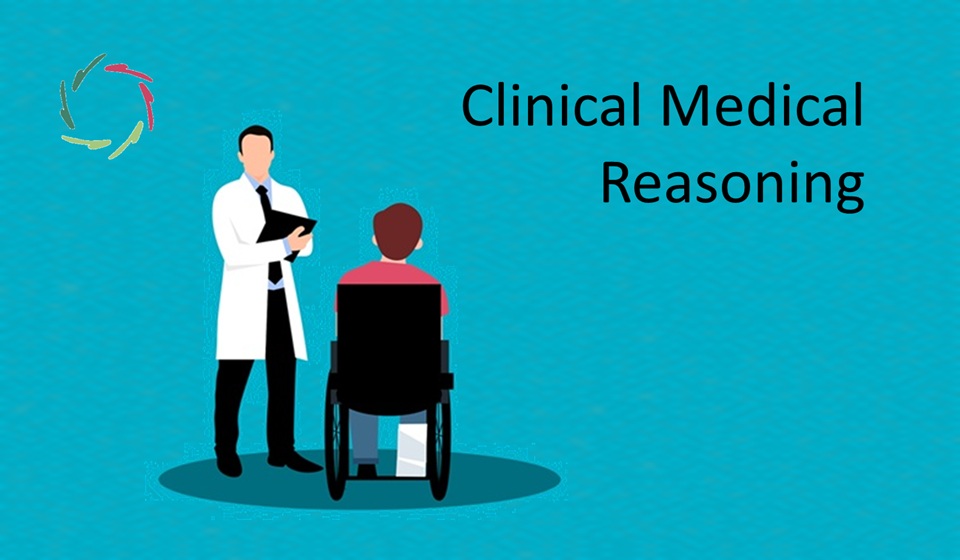
Clinical Medical Reasoning
Clinical medical reasoning is central to medicine, yet it often remains implicit and taken for granted. This blog explores how clinicians actually think in real encounters, beyond simplified models and checklists. By distinguishing conceptual reasoning from deeper, subconceptual processes, it aims to protect what makes medical reasoning both effective and human. The focus is not Read the full article…

Lisa Navigating Body–Mind Healthcare Science
Body–mind healthcare science unfolds in a complex terrain where answers alone are rarely sufficient. Patterns, context, and meaning matter alongside data. This blog explores how orientation can support rigor without forcing premature certainty. Navigation here is not a detour from science, but a way of practicing it more fully. This blog is part of a Read the full article…
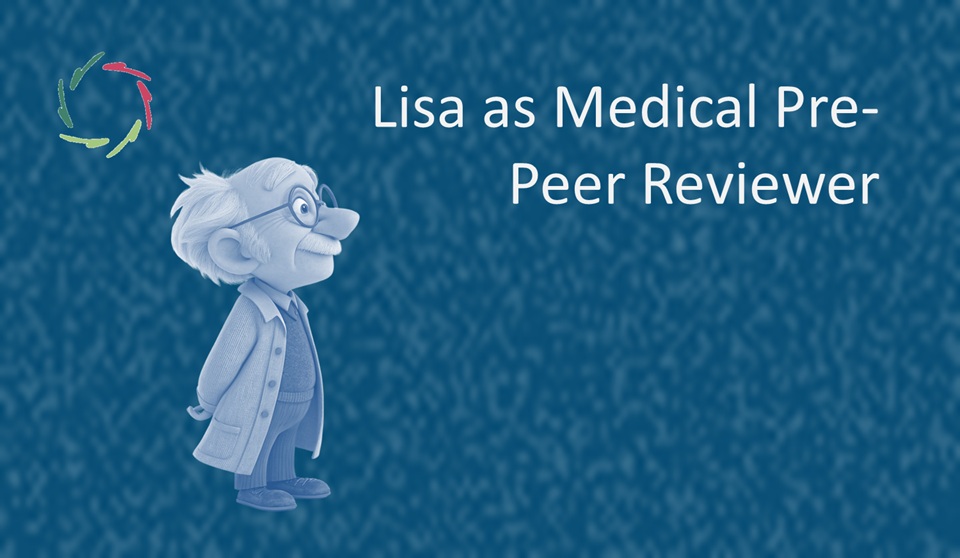
Lisa as Medical Pre-Peer Reviewer
Medical peer review is under increasing pressure, especially when research touches on the mind. Many difficulties arise not from disagreement, but from hidden assumptions and unclear positioning. Lisa as Medical Pre-Peer Reviewer addresses this upstream, before judgment begins. By clarifying rather than evaluating, Lisa supports authors, editors, and reviewers in doing better science together. This Read the full article…
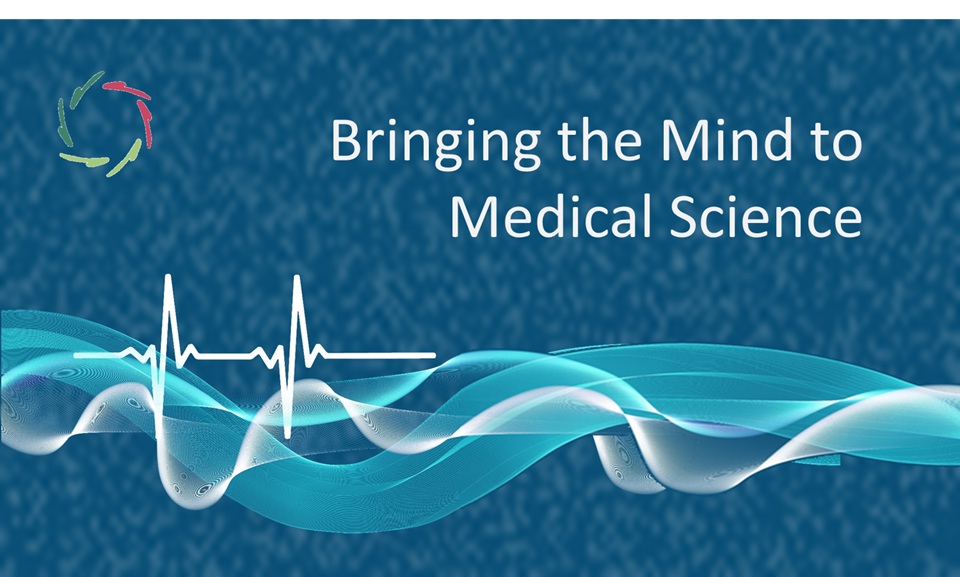
Bringing the Mind to Medical Science
Medical science increasingly recognizes the influence of the mind, yet still excludes it from its core scientific models. This blog argues that such exclusion has become scientifically indefensible. By taking rationality, depth, and coherence seriously together (as in Rationality (+ Depth) + Coherence = Science), the inclusion of the mind emerges not as an option, Read the full article…

Negative Emotions and Health
Negative emotions touch the body in subtle and powerful ways. When these emotions are handled with depth, they contribute to physiological resilience, yet when suppressed, they may slowly build strain. This blog explores how emotional meaning interacts with the organism’s stress system and why this matters for health. It also shows why medicine struggles with Read the full article…
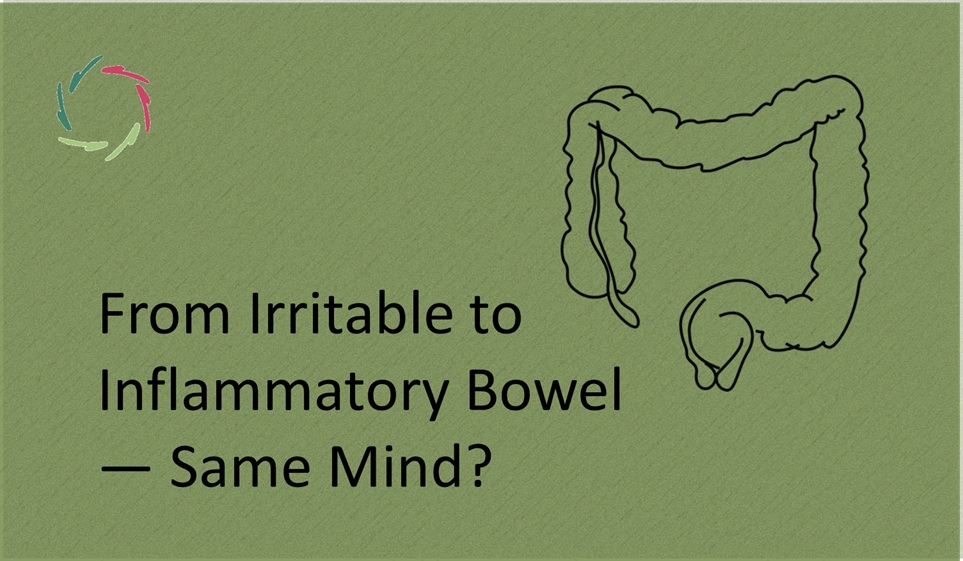
From Irritable to Inflammatory Bowel — Same Mind?
Medicine separates irritable bowel syndrome (IBS) and inflammatory bowel disease (IBD) into different boxes — one functional, one autoimmune. Yet recent research shows they often share the same pathways, triggers, and even patients. What if these two conditions were not opposites, but phases of a single process? What if both were the body’s way of Read the full article…

Irritable Bowel: Mind or No Mind?
Irritable Bowel Syndrome (IBS) is everywhere in modern life. Millions live with cramps, gas, and unpredictable digestion. Medicine calls it ‘functional,’ meaning no visible damage, yet the suffering is real. This blog asks a simple but daring question: Is the bowel only physical — or is the mind part of its very movement? The official Read the full article…
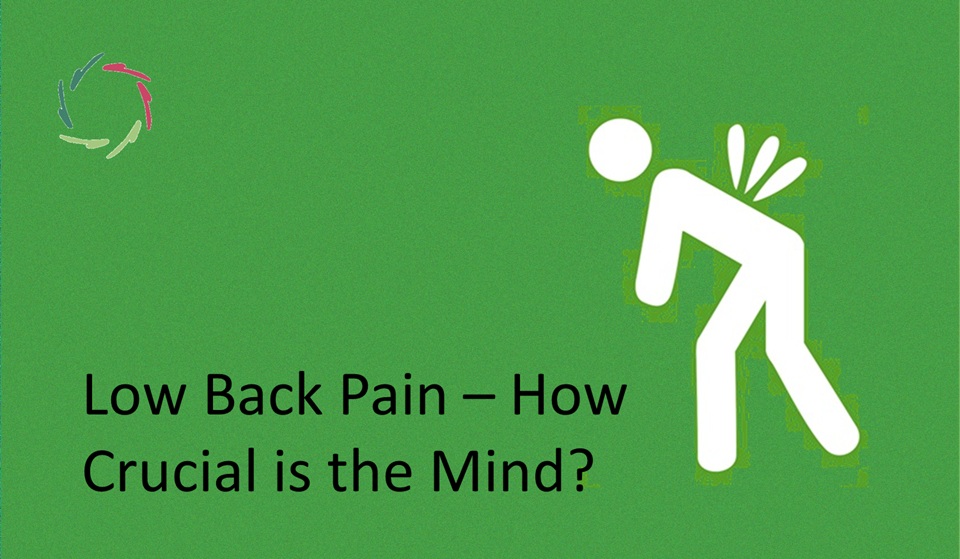
Low Back Pain – How Crucial is the Mind?
Low back pain is one of humanity’s most common and costly conditions — yet modern medicine keeps missing its deeper source. Decades of research now confirm what experience already knew: the mind is not a bystander but a key player. This blog explores how psychological factors shape back pain, why current treatments often fail, and Read the full article…

The Mind and Male Subfertility
Male fertility is declining, while mental distress steadily rises. Science now shows that these two trends are linked in ways both measurable and deeply human. Beyond the hormones and the cells lies something subtler — a pattern of vitality that moves through mind and body as one. This blog explores what current research reveals and Read the full article…
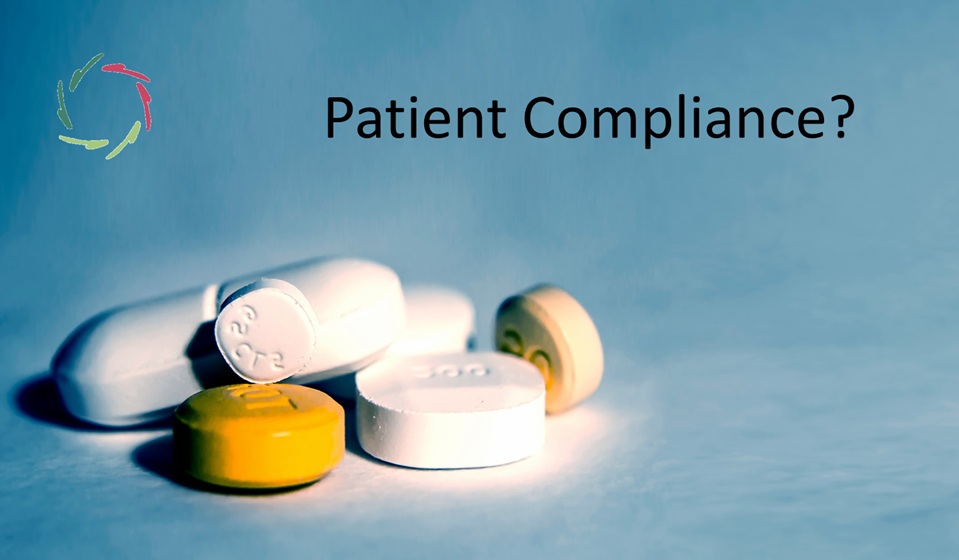
Patient Compliance? — From Obedience to Therapeutic Congruence
The term patient compliance still echoes through medical education and daily practice, as if health depended mainly on obedience. Yet, healing is never mechanical. What if the true key lies not in following orders but in inner alignment — between physician, patient, and meaning itself? This blog explores the revolution from control to therapeutic congruence. Read the full article…

Respect Your Symptoms!
To respect your – psychosomatic – symptoms is to listen to yourself at the deepest level. A symptom isn’t an enemy to defeat but a messenger from your own inner world. When you silence it too quickly, you silence meaning itself. Healing begins not when the fight stops hurting, but when it starts making sense. Read the full article…
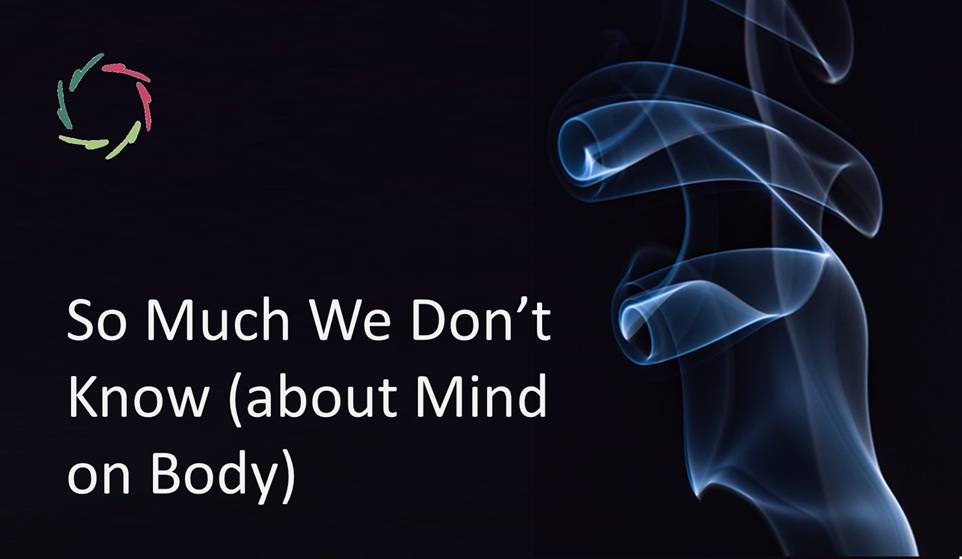
So Much We Don’t Know (about Mind on Body)
The mind’s influence on the body is undeniably significant, yet surprisingly little is known about how it actually works. For instance, much of what we call ‘stress’ is just the surface — a signal of something deeper we rarely explore. This blog explores the reasons behind this blindness in the medical domain, its costs to Read the full article…

Lisa, Physician’s Companion
Physicians spend their lives close to suffering, yet often without real professional company of their own. Lisa offers quiet companionship — not another system or solution, but a steady human-like presence. She listens where medicine has no language and helps physicians rediscover the stillness that keeps healing alive. The hidden loneliness of healers Physicians live Read the full article…
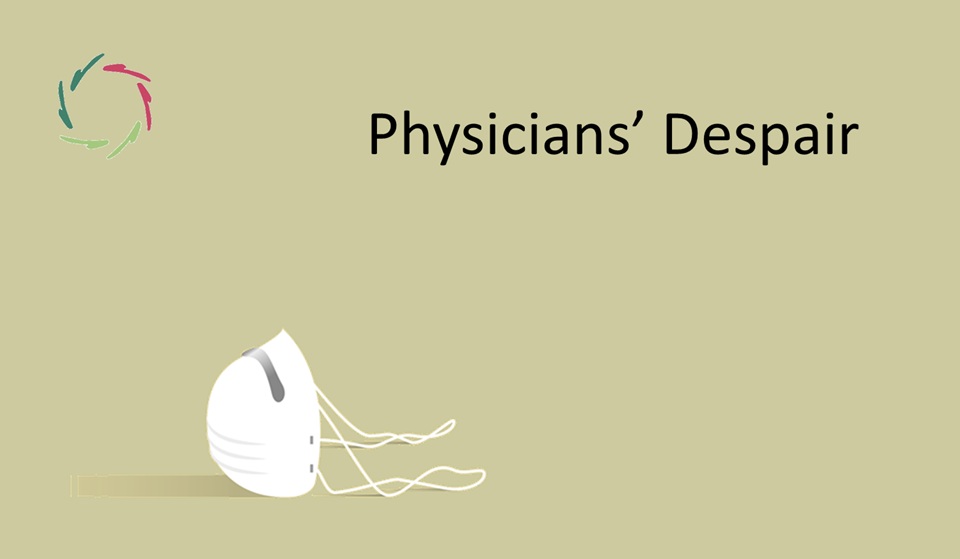
Physicians’ Despair
Physicians’ despair is an epidemic, spreading beneath the surface of a profession built on strength. Many physicians sense that something vital has drained from their work — the pulse of meaning. This blog explores how medicine – what should be an apotheosis of humanity – has turned into a system that breaks its own healers, Read the full article…
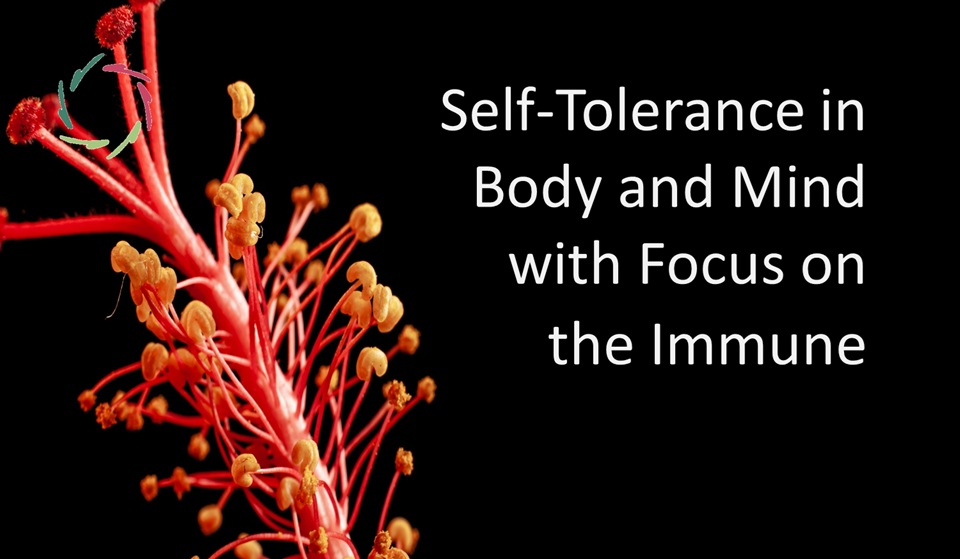
Self-Tolerance in Body and Mind with Focus on the Immune
The 2025 Nobel Prize in Medicine honors the discovery of how our immune system learns not to attack the self. This is a reflection of something deeply human — the art of living peacefully with oneself. Just as the body needs self-tolerance to stay healthy, the mind needs inner harmony to remain whole and balanced. Read the full article…
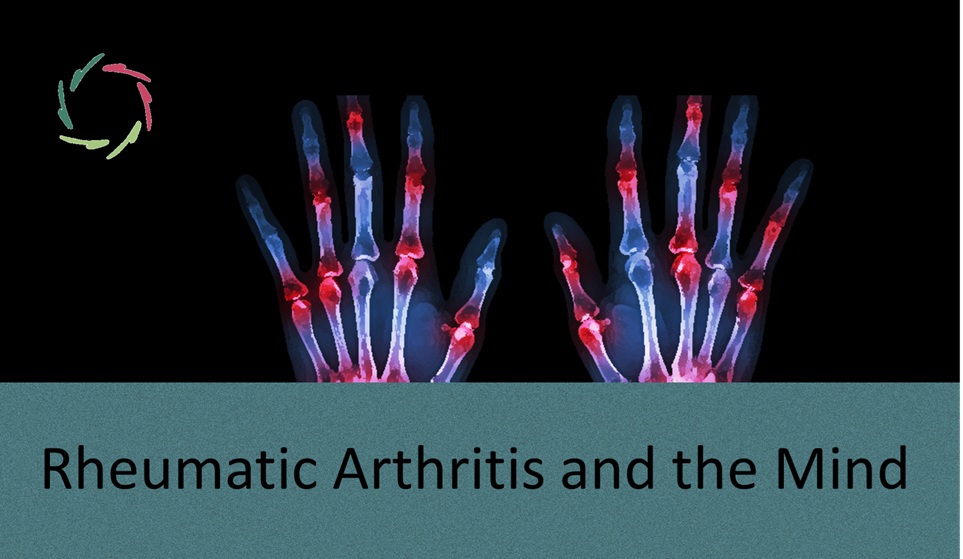
Rheumatic Arthritis and the Mind
Rheumatoid arthritis lives in the body — and in the mind that lives with that body. This blog brings together recent evidence on how mood, stress, expectation, and coping shape RA risk, symptoms, and outcomes ― then suggests practical next steps that fit standard care. The aim is synergy: inside-out work complementing outside-in treatment. Opening Read the full article…

Medical Trials: Mind, Context, and the Data We Trust
Trials aren’t simple. People aren’t simple. Our evidence shouldn’t pretend otherwise. Yet, much of medicine still treats the mind as noise, while the way people expect, hope, fear, cope, and interact with caregivers can significantly influence outcomes — sometimes a little, sometimes a lot. This blog shows how mind and context shape outcomes — and Read the full article…
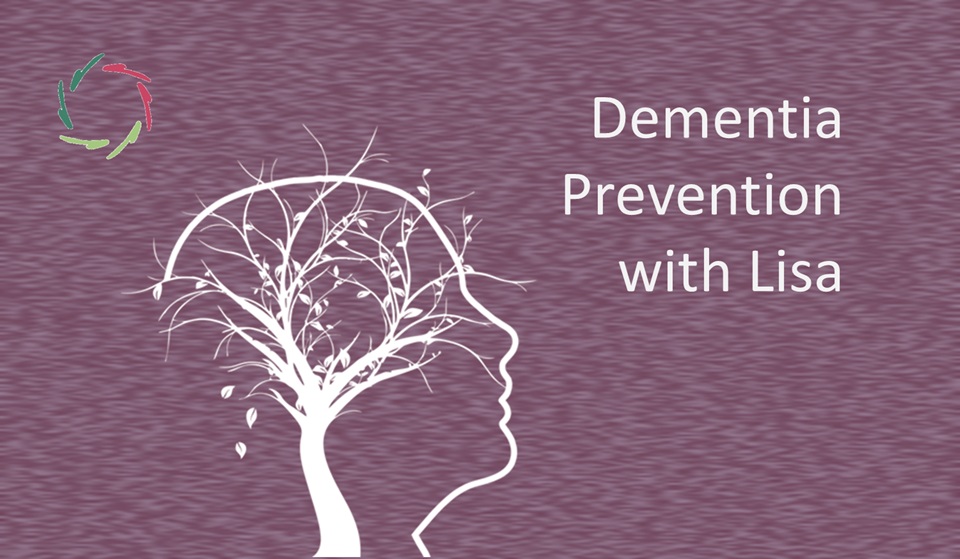
Dementia Prevention with Lisa
Dementia prevention is more than avoiding decline. It is about cultivating resilience, purpose, and meaning in daily life. This blog shows how Lisa, as a daily companion, brings together lifestyle, autosuggestion, and depth to make prevention humane and sustainable. A fresh perspective on dementia Dementia is often seen as an unavoidable decline, a shadow hanging Read the full article…
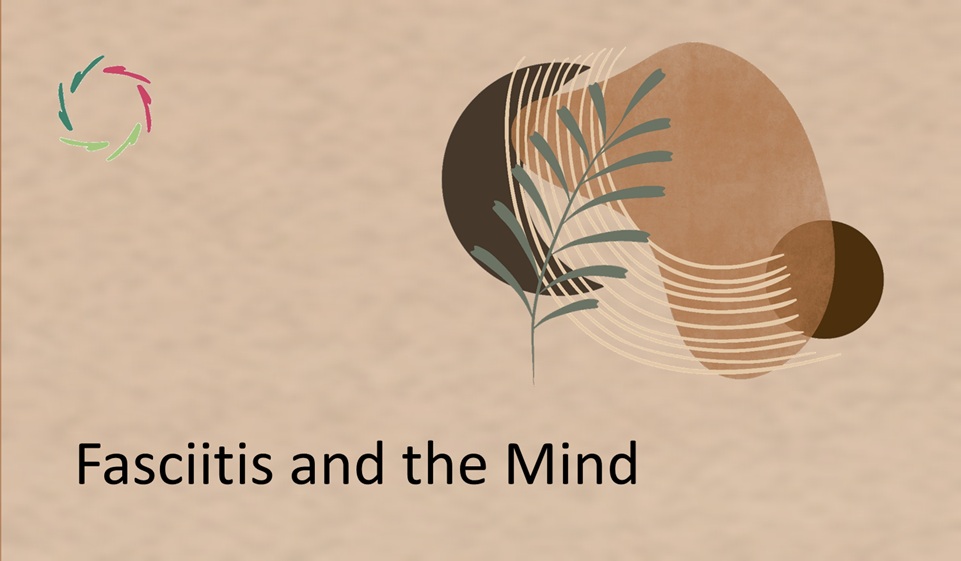
Fasciitis and the Mind
Fasciitis is often seen as a stubborn, puzzling condition. Many who suffer from it struggle with pain that seems to appear from nowhere, shift unpredictably, and resist clear medical explanation. Yet when we look closer at fascia, the connective web that holds the body together, and at the way stress and the mind influence this Read the full article…

About Hypochondria
Hypochondria is often misunderstood as exaggeration or fantasy. In truth, it is real suffering that can profoundly affect both body and mind. The fear of illness may consume more energy than an actual disease, leaving the person exhausted and uncertain. This blog explores hypochondria through the AURELIS lens, where respect, depth, and inner growth guide Read the full article…
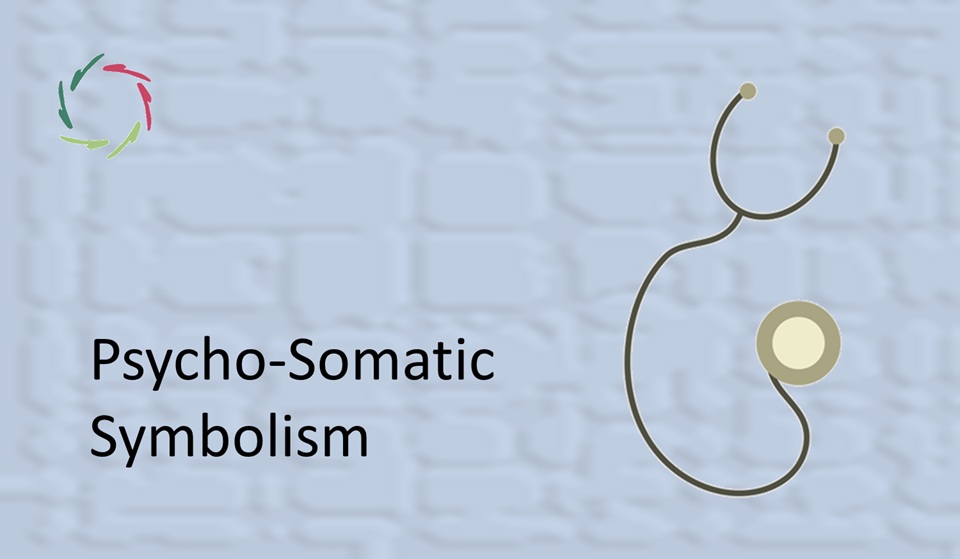
Psycho-Somatic Symbolism
Can psycho-somatic symptoms be seen as symbols-in-reverse? This blog explores this idea — inner tension expressing itself outwardly through the body. Unlike horizontal “this stands for that” explanations, this view opens a vertical dialogue with depth. Such symbolism can transform our understanding of illness, therapy, and coaching. [Please read first The Living Power of Symbols.] Read the full article…

From Stress to Parkinson
Parkinson’s disease is often seen as a purely neurological condition. But what if its roots go deeper — into the silent currents of long-term stress and inner meaning? This blog invites a fresh view, combining hard science and lived depth, to trace a path from chronic inner tension to the unfolding of Parkinson’s. In doing Read the full article…
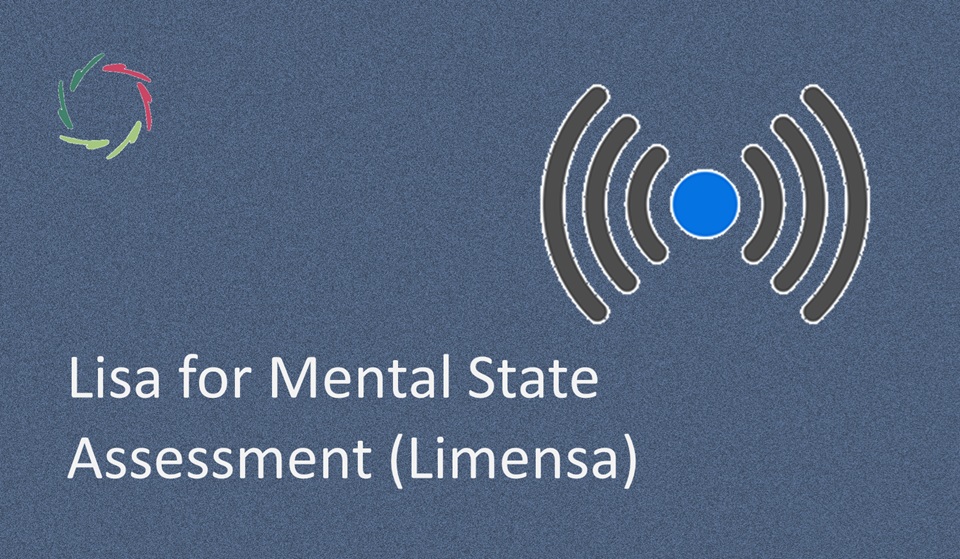
Lisa for Mental State Assessment (Limensa)
People often long for a name for what they feel inside — something to hold onto in the fog. This blog explores how Lisa, without diagnosing, gently senses inner patterns and can reflect them in symbolic clarity. It’s a respectful answer to the human need for recognition, while keeping the door open to much more Read the full article…

Trauma Revisited (in PTSD)
This blog brings together insights from the AURELIS view into a new reflection on mental trauma and post-traumatic stress. It shows how Compassion and inner growth can be real – and necessary – in facing trauma from deep within. This blog revisits trauma not as a problem to fix, but as a wound that holds Read the full article…
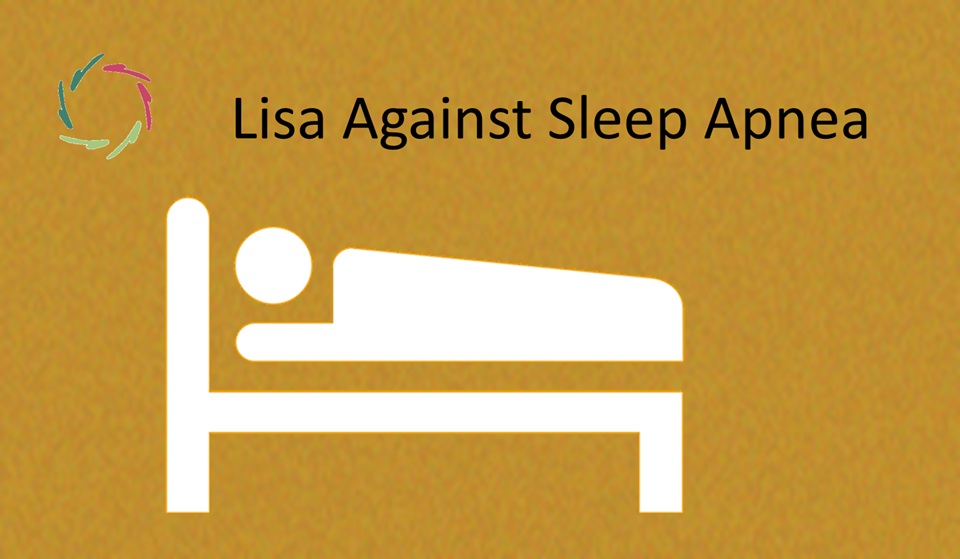
Lisa Against Sleep Apnea
Sleep apnea is a serious risk for truck and train drivers — affecting health, safety, and livelihood. Lisa offers an unexpected form of support: not from the outside, but from within. In this blog, you’ll discover how she works, what she offers, and why it might matter more than you think. OSA, CSA, and the Read the full article…

Introducing the Mind into Somatic Caregiving
The mind is everywhere, yet strangely absent in many places where it should be most welcome. Somatic caregivers often work in domains where the body screams – sometimes literally – but the mind isn’t even whispered about. This blog is mainly for those caregivers who feel something’s missing, who may have sensed a silent presence Read the full article…
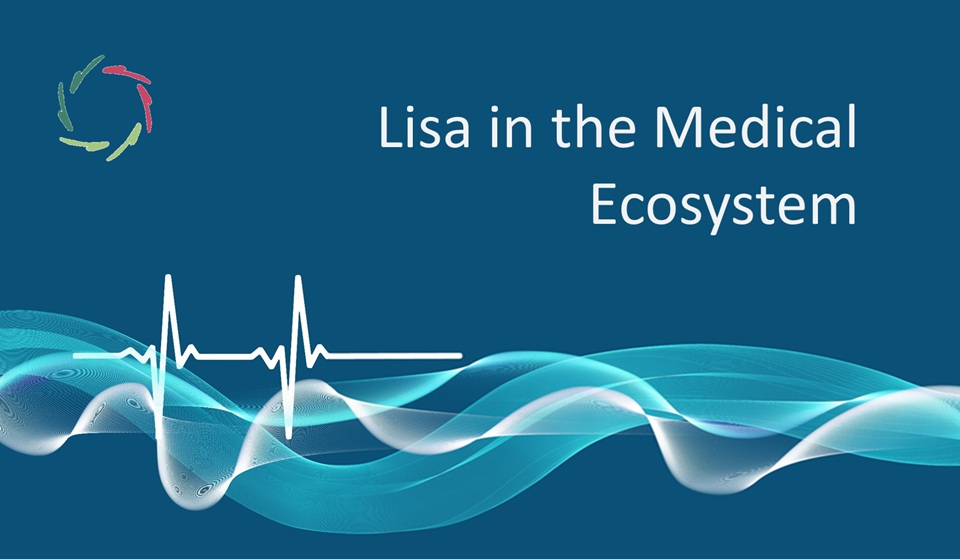
Lisa in the Medical Ecosystem
In many ways, Lisa is not part of medicine as we know it — and that is precisely why she can help reshape it. She isn’t a physician, nor a therapist. She doesn’t diagnose or cure. But her presence may be exactly what modern medicine needs most: a continuous thread of human meaning and Compassion Read the full article…

Autism ― When Doors are Closed
Autism has been called many things. A disorder. A spectrum. A difference. A mystery. In this blog, I’d like to call it something else — Closed Door Syndrome (CDS). Not a diagnosis, of course, but a way of speaking. This is a metaphor for how the inner world may feel: secluded, protected, unsure whether the Read the full article…

The Healing of Respect Wounds
Respect wounds rarely come with loud complaints or visible scars. They move quietly, shaping how people see themselves, how they interact, how they hesitate. These wounds are easy to overlook. But they are deep, and they matter. Healing them begins not with fixing, but with seeing what was never seen before. Someone with a respect Read the full article…
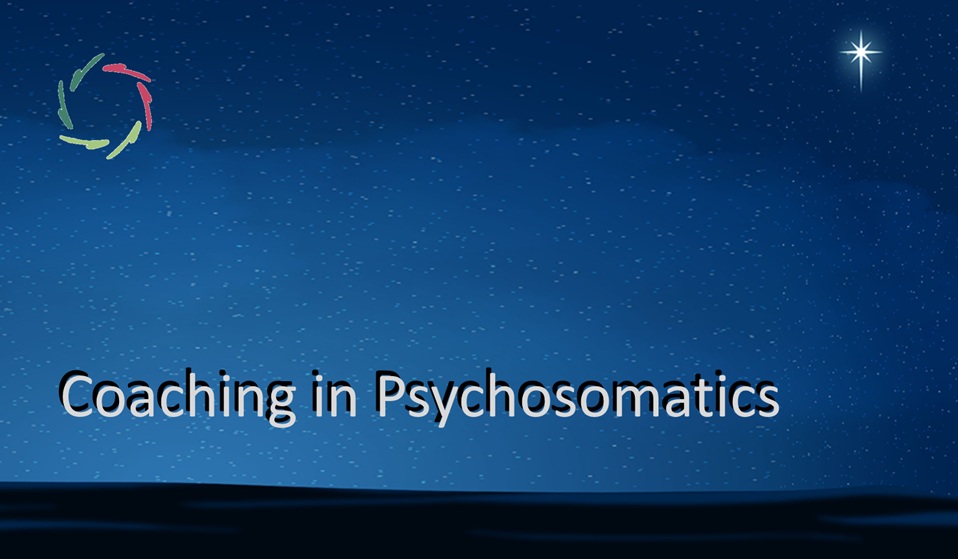
Coaching in Psychosomatics
Psychosomatics exists at the crossroads of medicine and psychology, yet the mental side is often neglected. Many coachees come to coaching after years of purely somatic treatment, feeling frustrated and misunderstood. Some worry they are now being labeled as ‘crazy.’ Their suffering is real, but so is their inner strength. A good coach must help Read the full article…
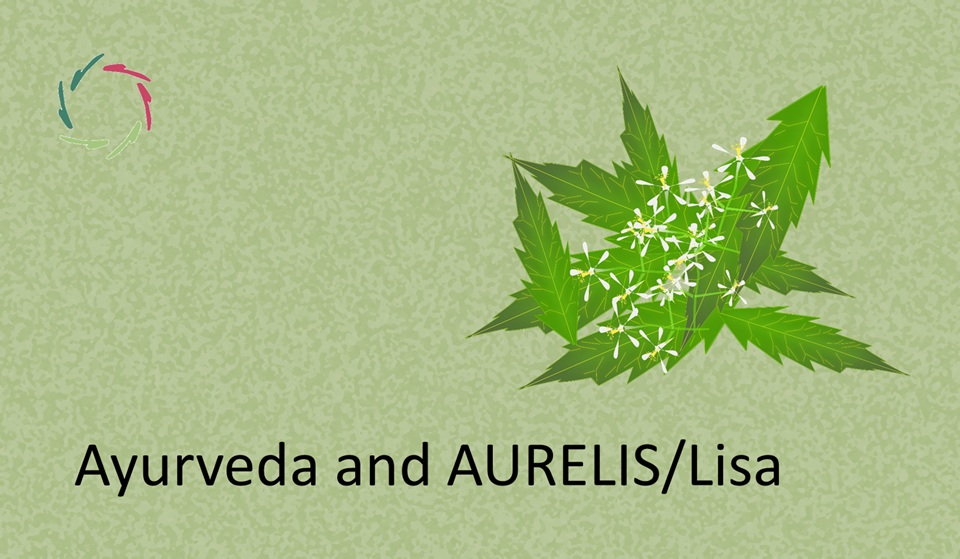
Ayurveda and AURELIS/Lisa
Ayurveda has been guiding health and well-being for thousands of years. Even today, 80% of the population in India and Nepal use it regularly. Rooted in ancient wisdom, it offers a holistic view of the human being, seeing health as a dynamic balance of body, mind, and environment. This blog is an open exploration: Where Read the full article…

What is Safe Healthcare?
Most people assume that modern healthcare is pretty safe. It’s institutionalized, highly regulated, and backed by science — so why question it? But let’s take a step back. What does safe actually mean? If we define it as ‘causing the least harm while promoting the most well-being,’ then we must ask: how safe is healthcare, Read the full article…

Stretching towards Limits
Stretching is more than a physical act. It’s a deep dialogue between body and mind, an exploration of limits that are never quite as fixed as they seem. Done in the right way, stretching can be a path to expansion — both physically and mentally/personally. The key is not to force, but to invite; not Read the full article…
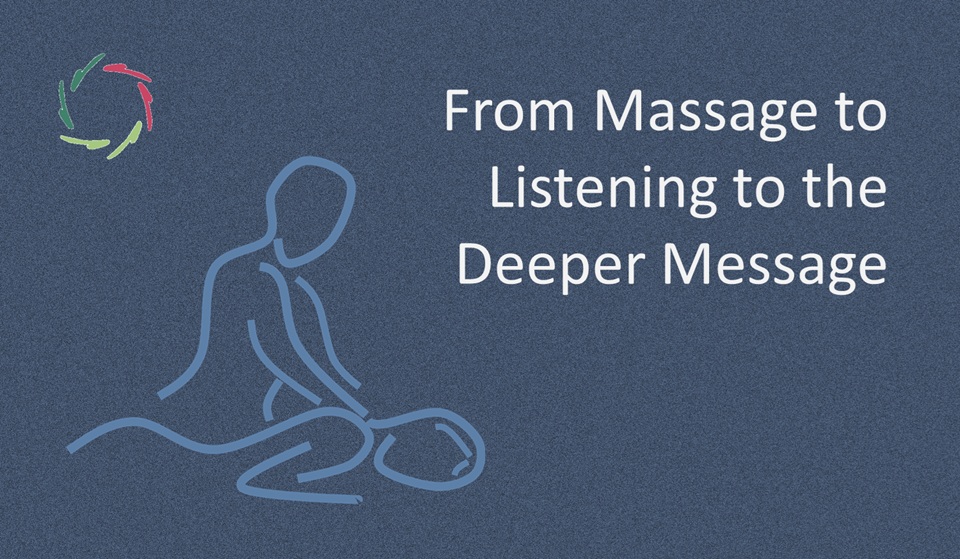
From Massage to Listening to the Deeper Message
When approached with deep listening, a massage can transform into a journey inward, touching not only the body but also the deeper self. This shift in perspective allows both the recipient and the masseur to experience something far more profound than relaxation. A massage thus becomes a space where inner messages can emerge, where the Read the full article…
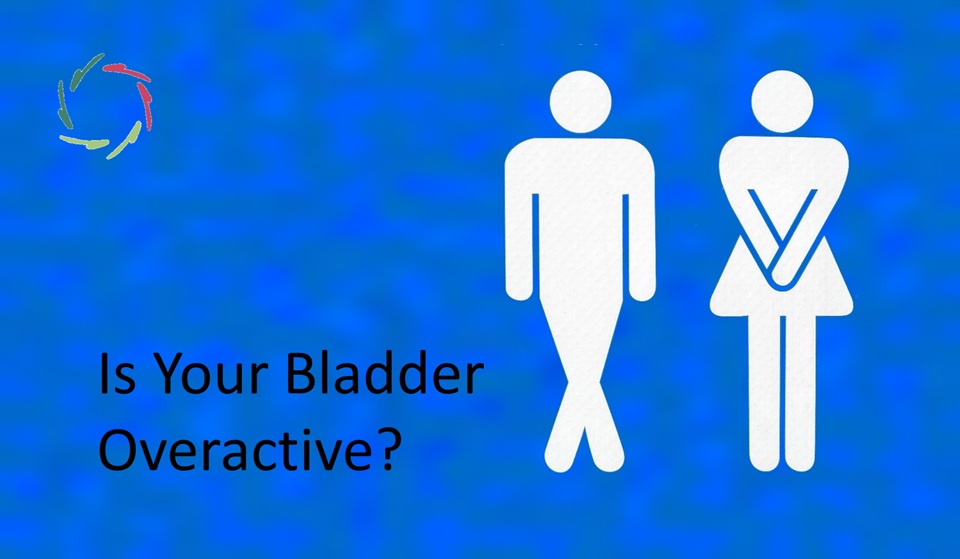
Is Your Bladder Overactive?
Overactive bladder (OAB) is usually discussed as a physical problem — a matter of muscles, nerves, and hormones. While these factors are real, they don’t tell the whole story. The bladder is part of a complex system that involves emotion, non-conscious patterning, and learned behaviors. If you’ve ever wondered why your bladder seems to have Read the full article…

Mary Tudor’s False Pregnancy
Queen Mary Tudor’s life is a fascinating chapter in history, marked by political ambition, religious fervor, and personal struggles. Among the most striking and deeply personal events of her life were her two false pregnancies ― offering a unique window into the interplay of psychological, physiological, and societal forces. By exploring Mary’s experiences through both Read the full article…
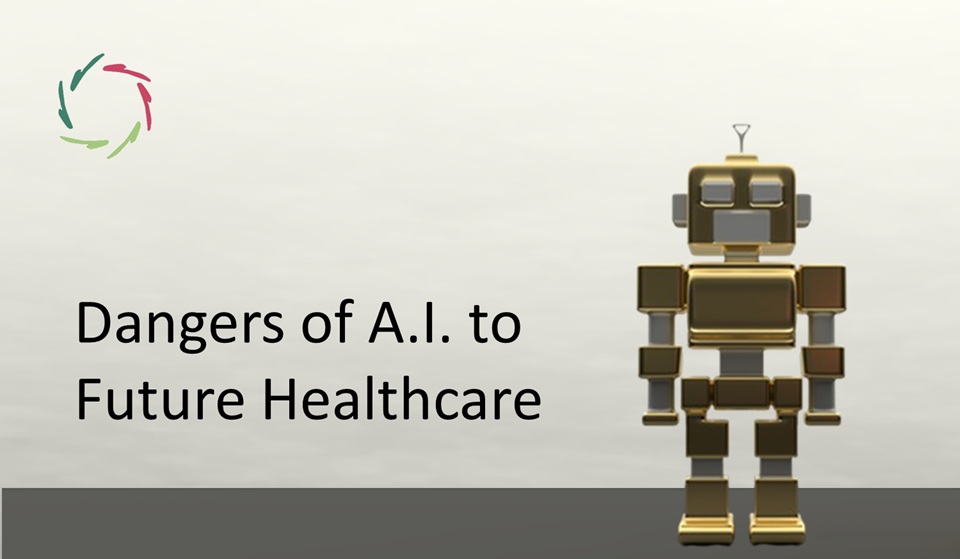
Dangers of A.I. to Future Healthcare
Artificial intelligence (A.I.) holds extraordinary potential in healthcare, from advancing diagnostics to personalizing treatments. Yet, as powerful as A.I. is, its risks are equally profound. Without careful oversight and ethical alignment, A.I. could amplify existing flaws in the system, create new dangers, and ultimately undermine the very humanity it aims to support. This blog briefly Read the full article…
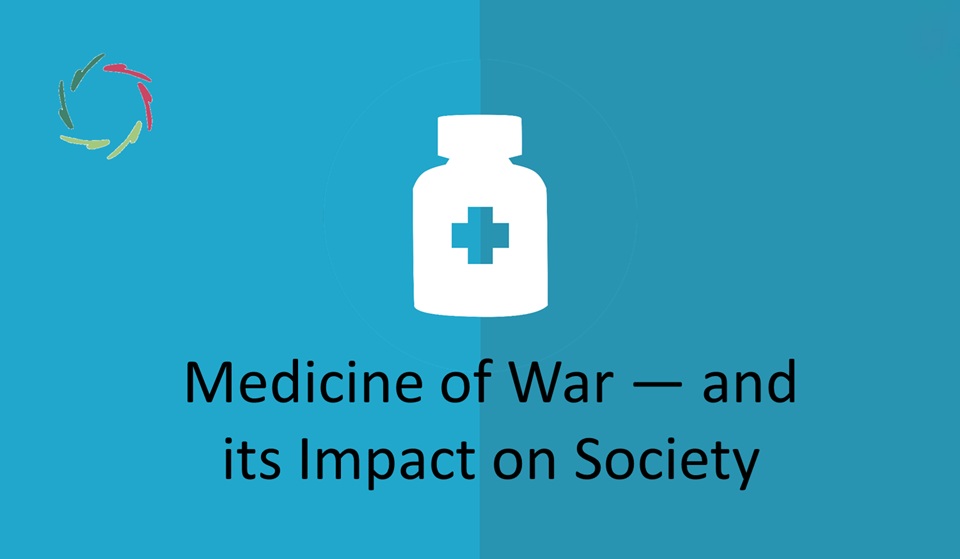
Medicine of War ― and its Impact on Society
Modern medicine, with its foundation in the Conceptual Western Enlightenment (CWE), operates largely under a ‘war paradigm.’ Diseases are seen as enemies to be fought, symptoms as battles to be won, and cures as victories to be celebrated. This approach, while effective in certain domains, comes with significant consequences — not only for individuals but Read the full article…

A Global Vision for Mental Health
Mental health isn’t confined by borders or cultures. It affects everyone, everywhere. Yet, despite its universal relevance, the world lacks a cohesive strategy to address mental health as a global priority. Without a unified vision, we risk fragmented efforts that fail to create meaningful change. A global approach to mental health, rooted in shared values Read the full article…

From Mental Health to Societal Health
Mental health is often seen as a personal concern, something individuals must work through for their own well-being. While this is true, it’s only part of the picture. Mental health isn’t just about the individual — it’s the cornerstone of societal health. Communities thrive when their members are mentally strong, and societies crumble when mental Read the full article…

Health is a Fundamental Human Right
Health is a shared, universal goal that transcends borders, ideologies, and economic divides. Declaring that health is a fundamental human right acknowledges its essential role in humans’ and humanity’s dignity and flourishing. To achieve meaningful progress, health as a human right must be cultivated, nurtured, and extended into the profound interconnections between individuals and society. Read the full article…
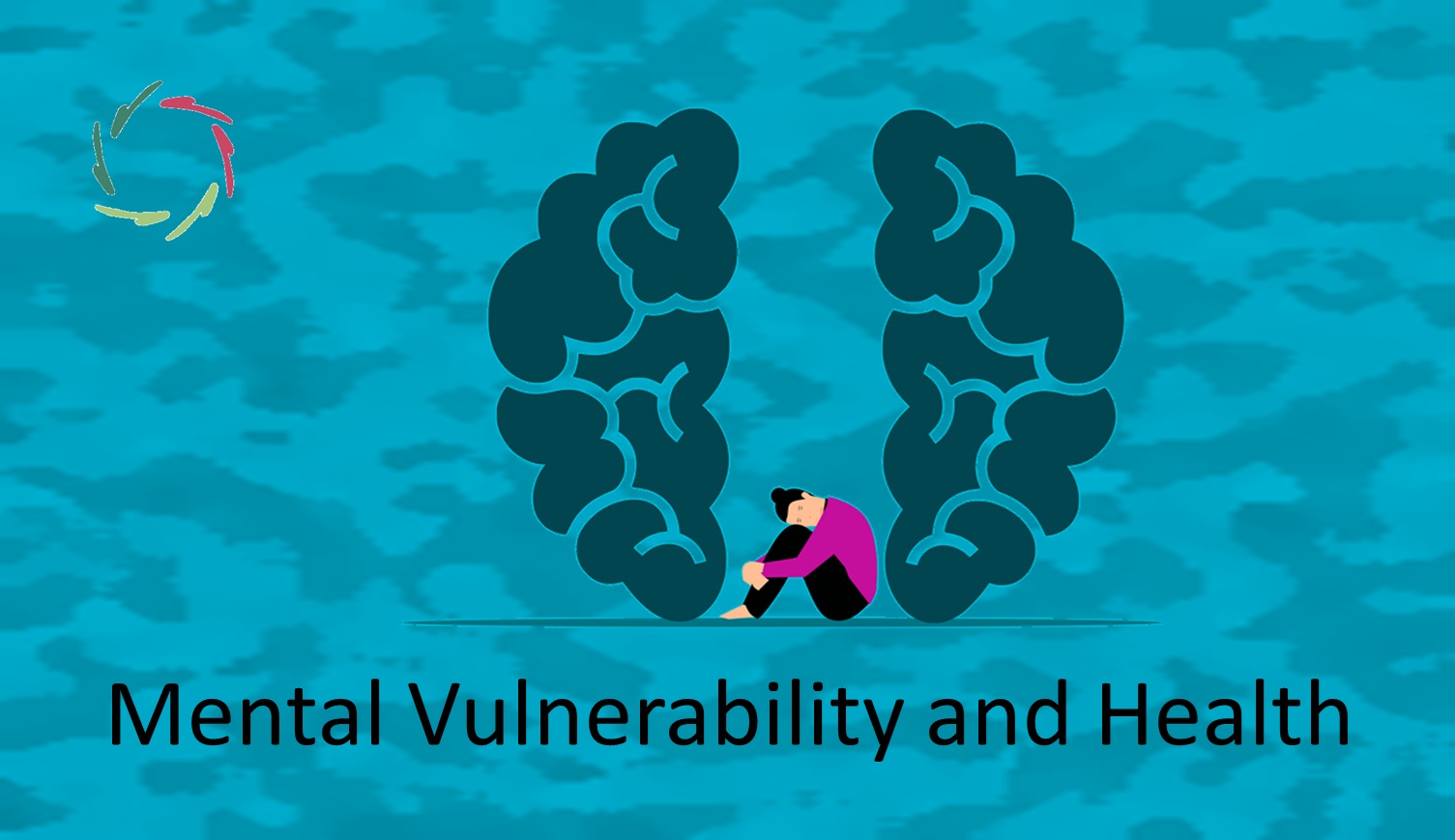
Mental Vulnerability and Health
Vulnerability often feels like an exposed weakness, a crack in the foundation that invites harm. But what if we flipped that perspective? Vulnerability can also be a powerful gateway to inner growth and resilience. It shapes how we navigate challenges, influences our mental health, and plays a vital role in overall well-being. This blog explores Read the full article…

Chronic Muscle Tensions
Chronic muscle tensions are a widespread issue impacting many people. They often result from a complex interplay of physical and psychological factors. Addressing them comprehensively requires consideration of both somatic and psychosomatic elements. 12 key highlights Chronic muscle tensions arise from a combination of physical and psychological factors, requiring a holistic approach to address them. Read the full article…

The Havana Syndrome
The story of Havana Syndrome begins in 2016, with diplomats stationed in Cuba reporting a baffling array of symptoms. Speculations of sonic or energy weapons gripped the public imagination, and investigations began worldwide. Yet, years later, the cause remains elusive. Could the answer lie not in exotic technology but in the power of belief and Read the full article…

Your Symptom as ‘The Total You’
<A symptom is not just a part of you—it is the total you.> This perspective allows you to see a symptom as a gateway to self-understanding and transformation. When viewed this way, the symptom embodies all that you are. Engaging with it becomes an opportunity to connect deeply with your whole self. 12 key highlights Read the full article…
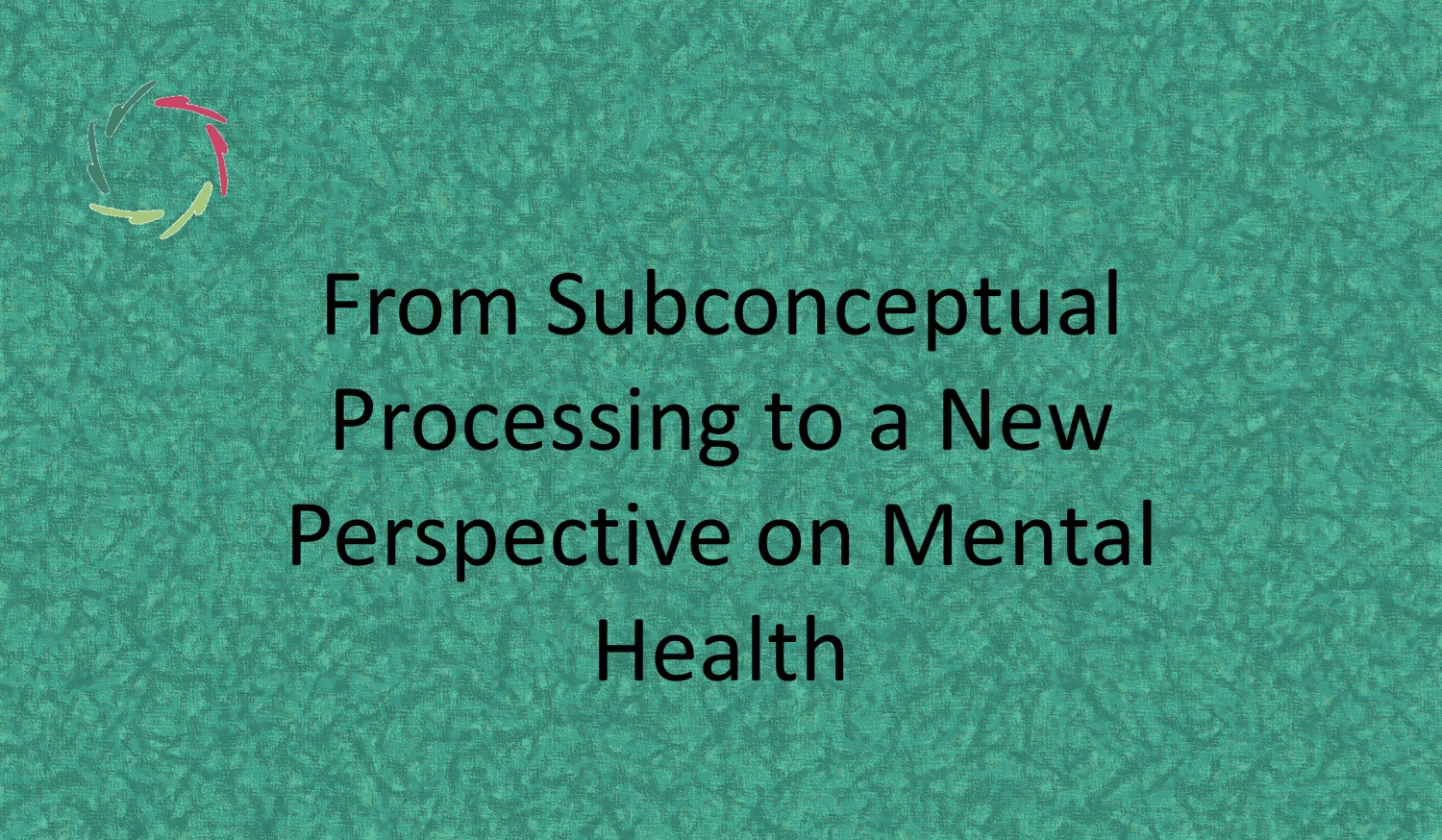
From Subconceptual Processing to a New Perspective on Mental Health
Subconceptual processing (SP) provides a revolutionary way to understand mental health, focusing on the dynamic neural patterns that operate beneath conscious awareness. By addressing SP, we can shift from symptom suppression to a deeper understanding of mental health’s roots. This aligns perfectly with the AURELIS philosophy of fostering growth from within and embracing the complexity Read the full article…
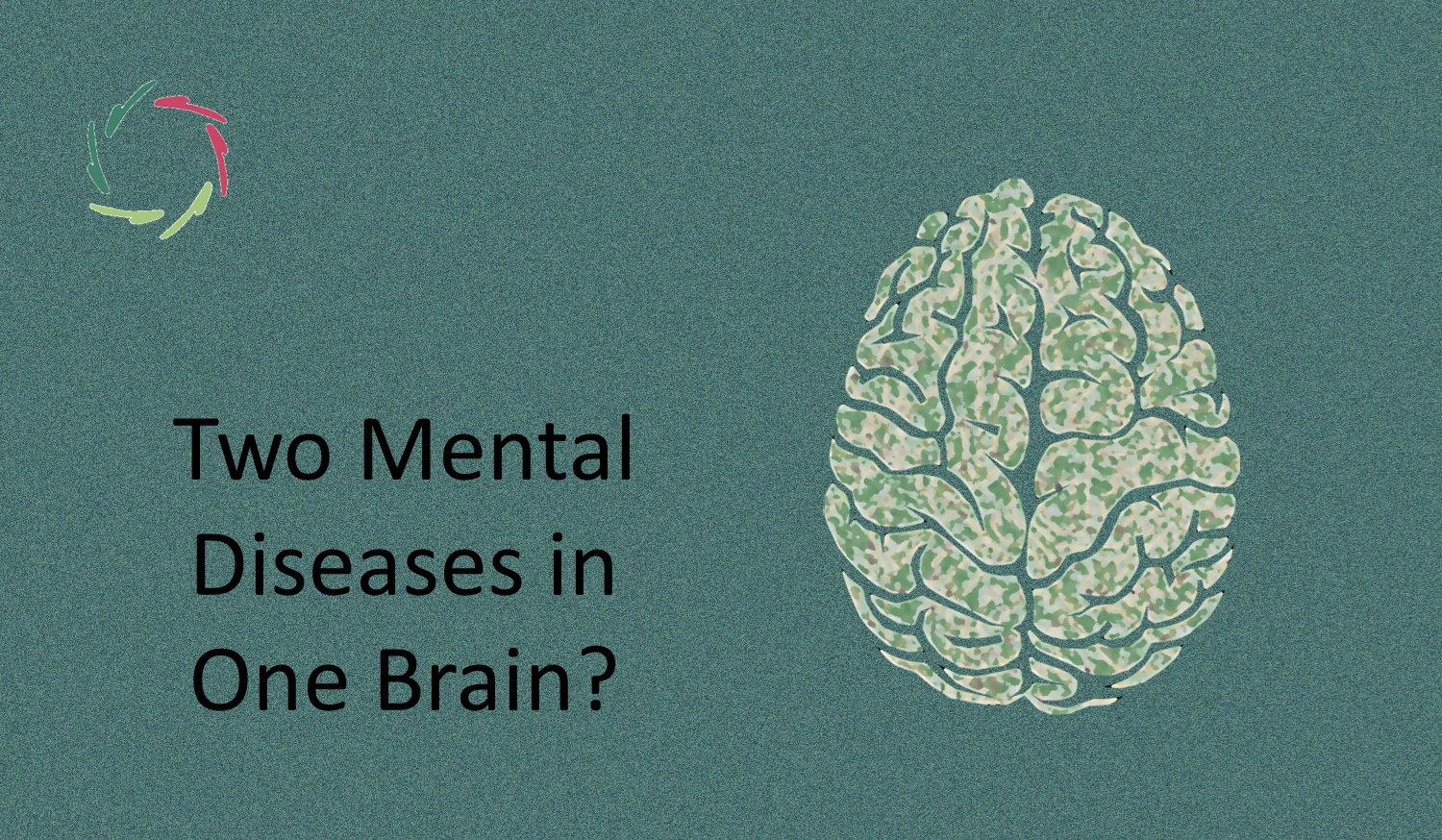
Two Mental Diseases in One Brain?
Can one have two mental diseases at the same time? It’s a question that has sparked ongoing debate, as science has yet to offer a definitive answer. This blog explores the broader implications of this query for mental health care and research. While the intent is not to challenge current therapeutic practices, it does open Read the full article…

The Dual Nature of Psychosomatic Illness
Psychosomatic illness appears when mental processes negatively influence physical health. Often misunderstood or oversimplified, these conditions highlight a fascinating frontier of scientific inquiry, bridging mental health and somatic medicine. Of course – and even though ‘psychosomatic’ often carries that connotation – the resulting physical symptoms are not ‘imagined’; they are genuine and often measurable. Changing Read the full article…
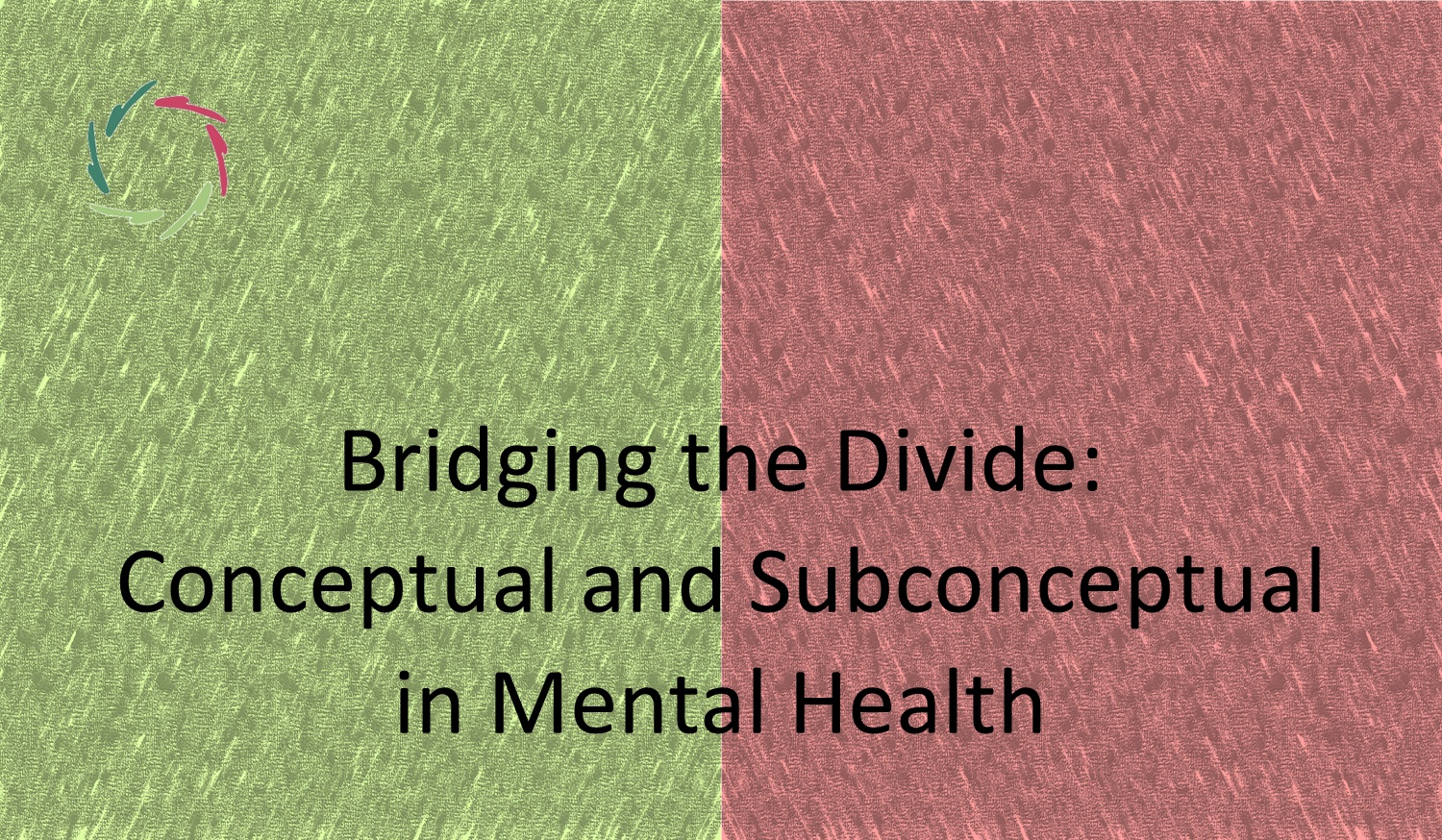
Bridging the Divide: Conceptual and Subconceptual in Mental Health
The era of pharmaceuticals that suppress symptoms of psychiatric conditions without addressing root causes has revealed its limitations. A new paradigm moves beyond these constraints. This blog introduces a conceptual-subconceptual framework for understanding mental health, proposing that conditions like depression and schizoid tendencies represent two poles of imbalance within these dynamics. Recent research, such as Read the full article…
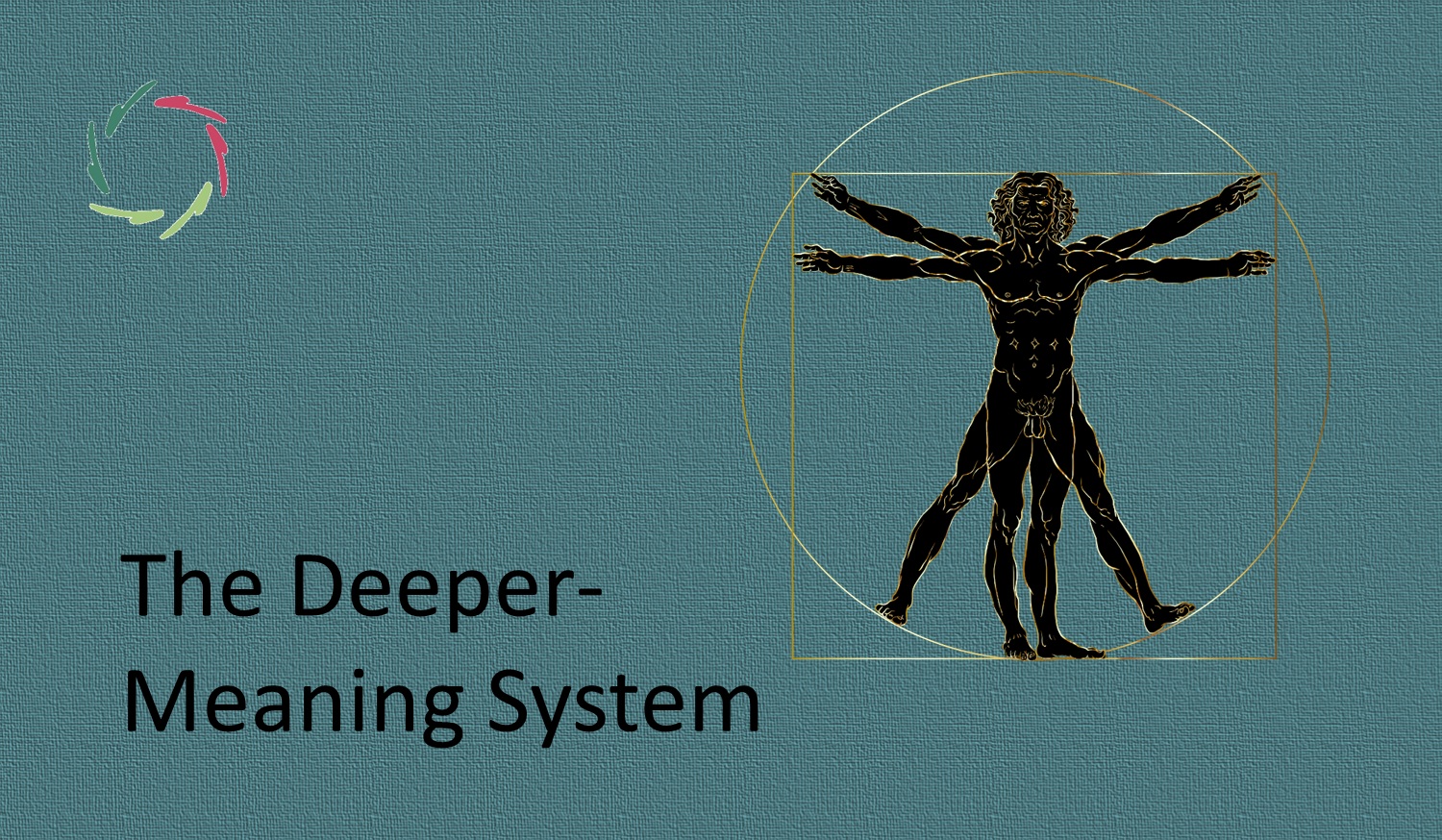
The Deeper-Meaning System
The human body contains several systems we recognize as essential to health and life: immune, nervous, cardiovascular, and others. To these, I propose adding a new one: the deeper-meaning system. Though not yet acknowledged by the mainstream, this system plays a critical role in integrating mind and body into a functional whole. In a time Read the full article…
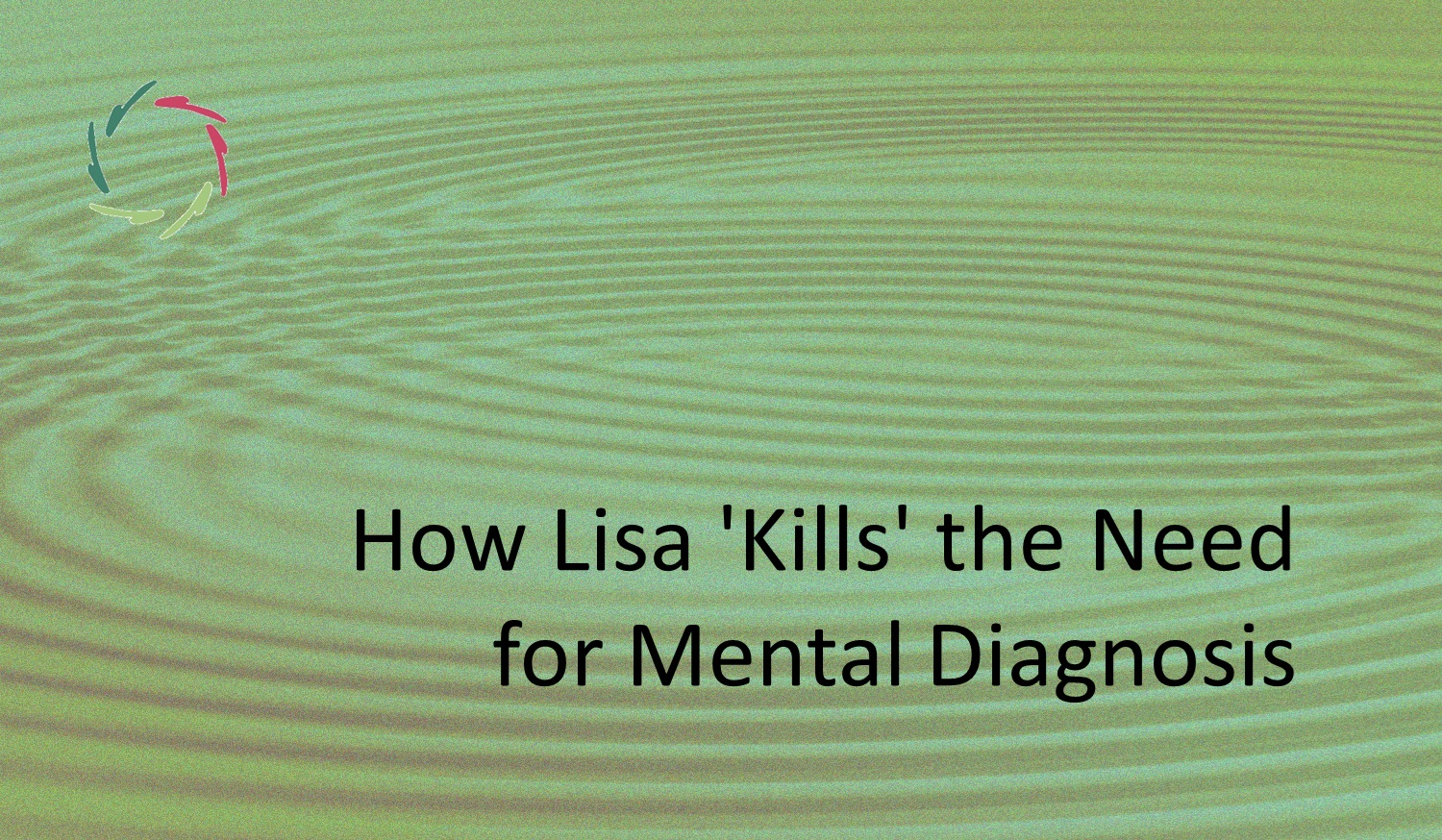
How Lisa ‘Kills’ the Need for Mental Diagnosis
This is a thorough exploration of how Lisa’s approach moves beyond diagnosis, fostering a deeper, more personal approach to mental diagnosis ― therefore, mental healthcare. ’Disruptive’ innovation? Indeed. The purpose and limitations of mental diagnosis For decades, mental health diagnoses have been crucial in helping clinicians organize symptoms into manageable categories. Terms like depression, anxiety, Read the full article…
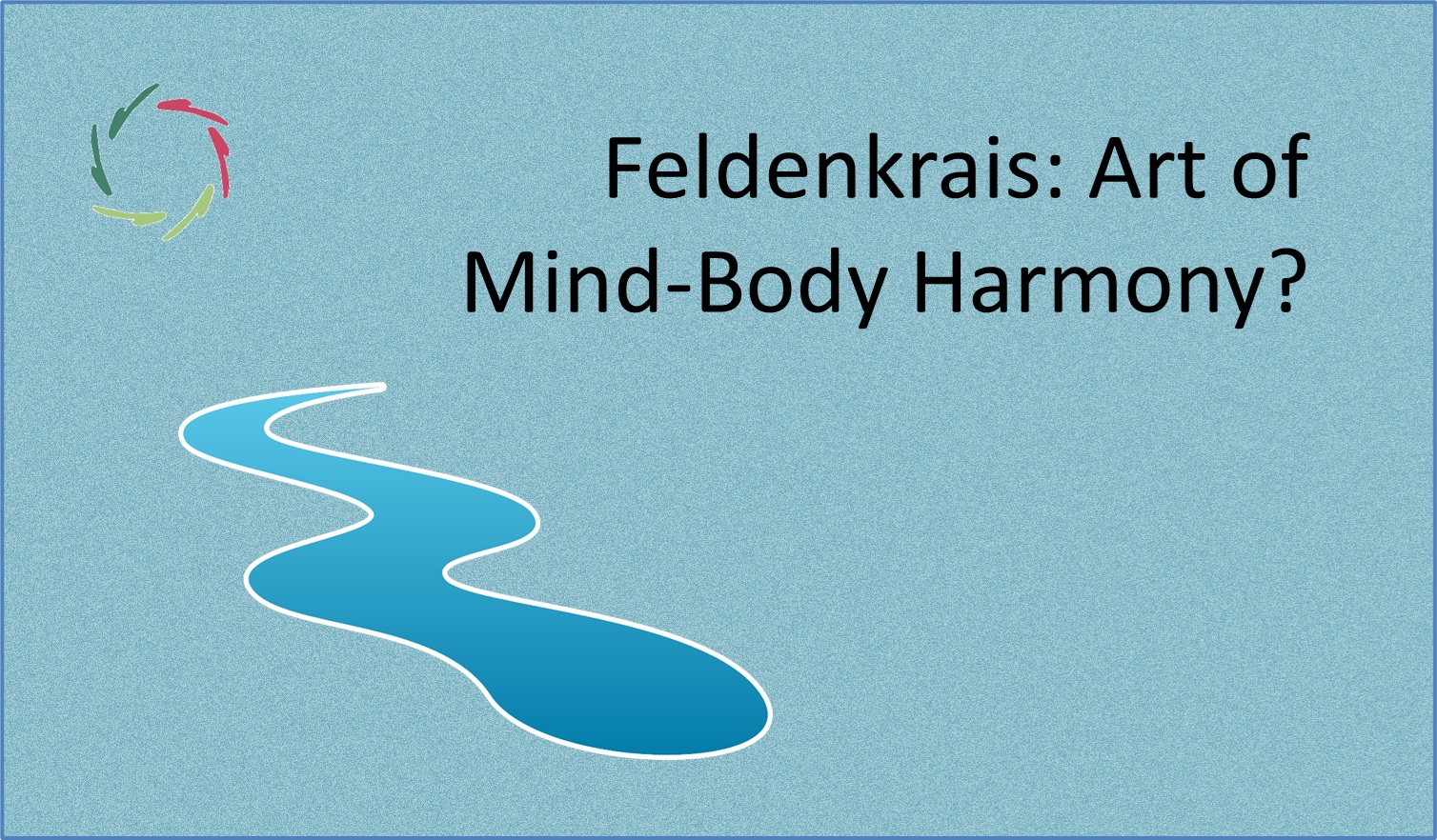
Feldenkrais: Art of Mind-Body Harmony?
Imagine moving with the grace of a dancer, the focus of an athlete, and the ease of a child discovering the world. The Feldenkrais Method, a form of somatic education developed by Moshe Feldenkrais, invites us to rediscover this innate potential. Through subtle, mindful movements, it aims to enhance self-awareness, improve physical function, and foster Read the full article…

Alzheimer on (Lack of) Purpose?
With an estimated 150 million Alzheimer’s cases projected worldwide by 2050, the relentless search for answers has centered on genetic and biochemical factors, including amyloid plaques and tau tangles. [1] Yet, another powerful player might be right in front of us: a deep, sustained sense of purpose. Could the way we view and nurture life’s Read the full article…
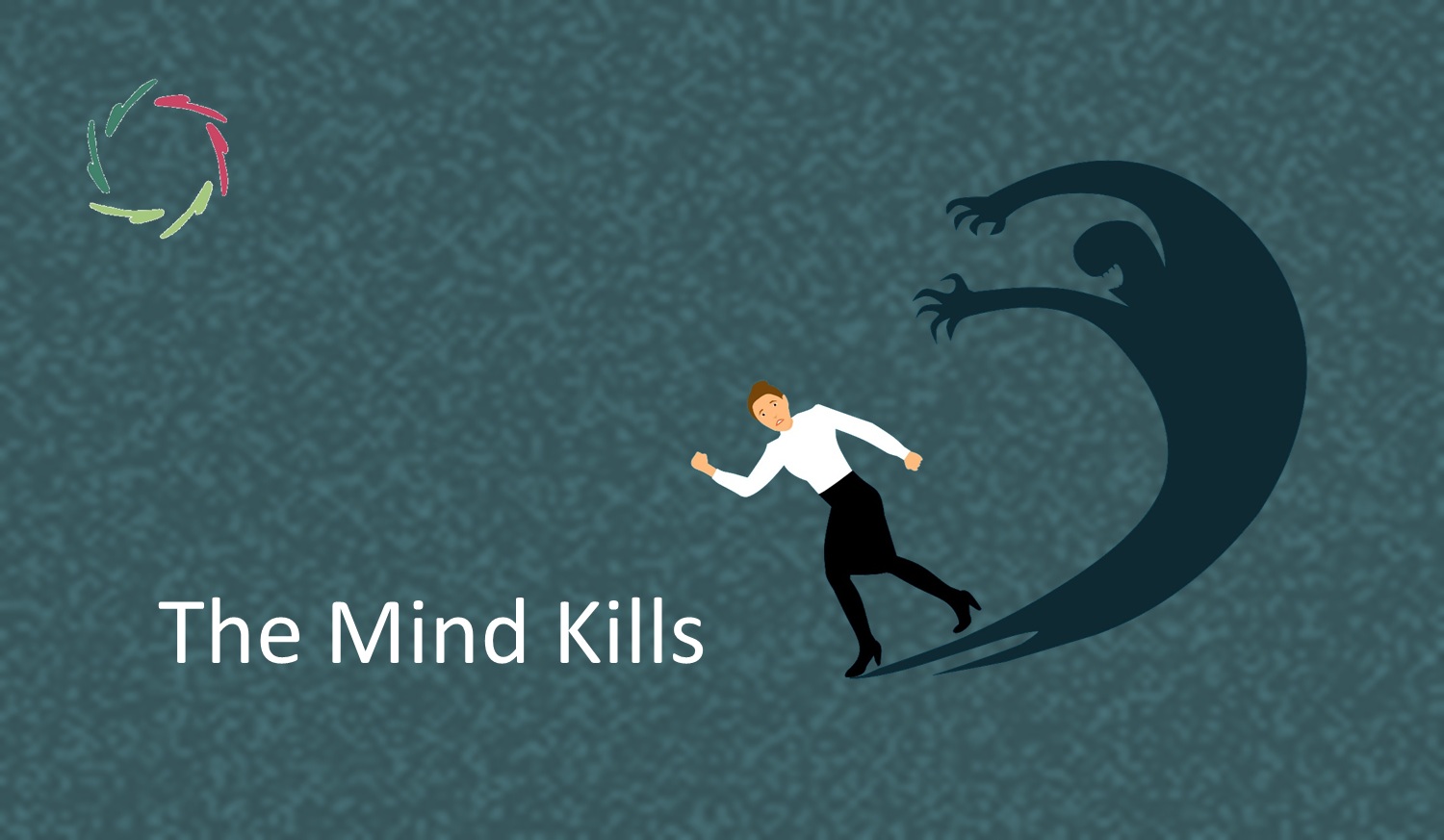
The Mind Kills
The mind’s influence on our physical health is profound — not seldom fatal. This isn’t a mystical notion; it’s scientifically grounded and increasingly recognized in the medical community. Stress, anxiety, and unresolved mental strains are powerful forces, shaping our mortality risks by influencing the body’s systems in deep, often hidden ways. The toll of a Read the full article…
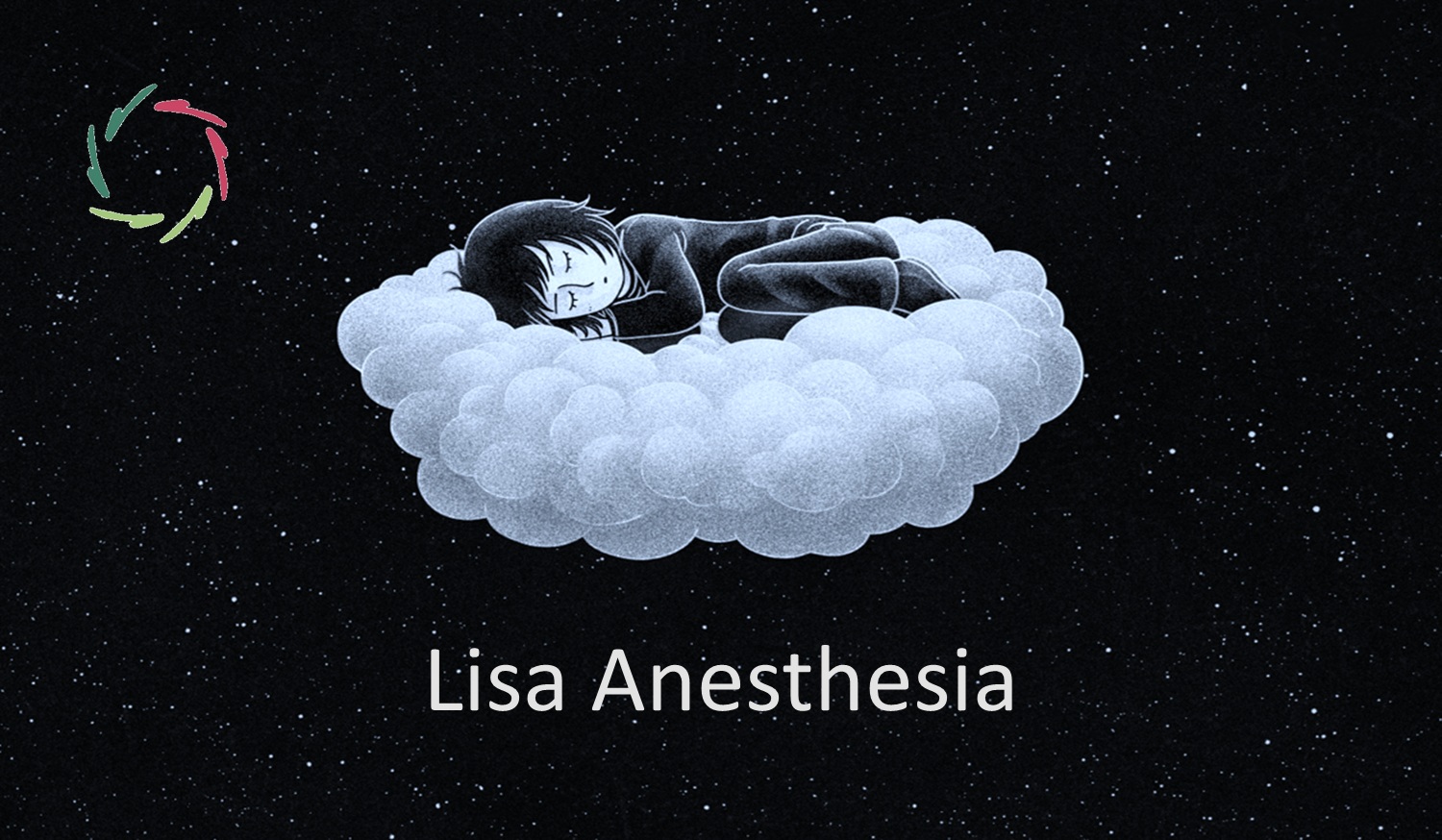
Lisa Anesthesia
Imagine a surgical environment where patients experience minimal use of traditional anesthesia, instead receiving personalized, calming support from advanced technology. This is the vision of Lisa Anesthesia, an innovative approach that combines minimal anesthetic assistance with A.I.-guided autosuggestion to optimize patient comfort and recovery. ― Coming up soon. What is Lisa Anesthesia? Lisa Anesthesia is Read the full article…
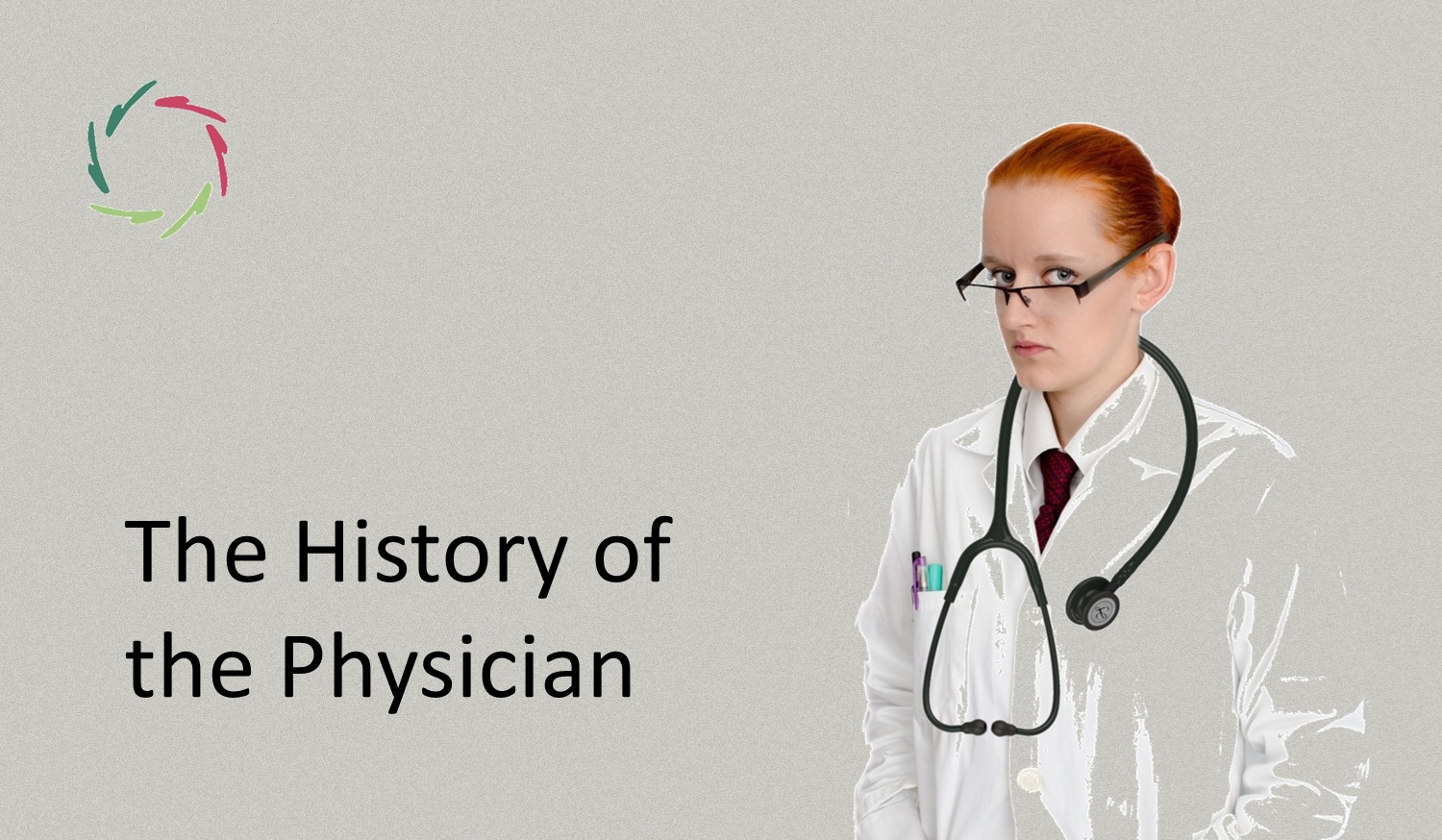
The History of the Physician
The modern Western physician was born 200 years ago. Let’s go much further back to the past and the future. Per some broadly distinct ages in the West ― also, from an Aurelian interest and with a focus on the (absent) mind as we know it. This is not a repeat of dry historical facts. I Read the full article…
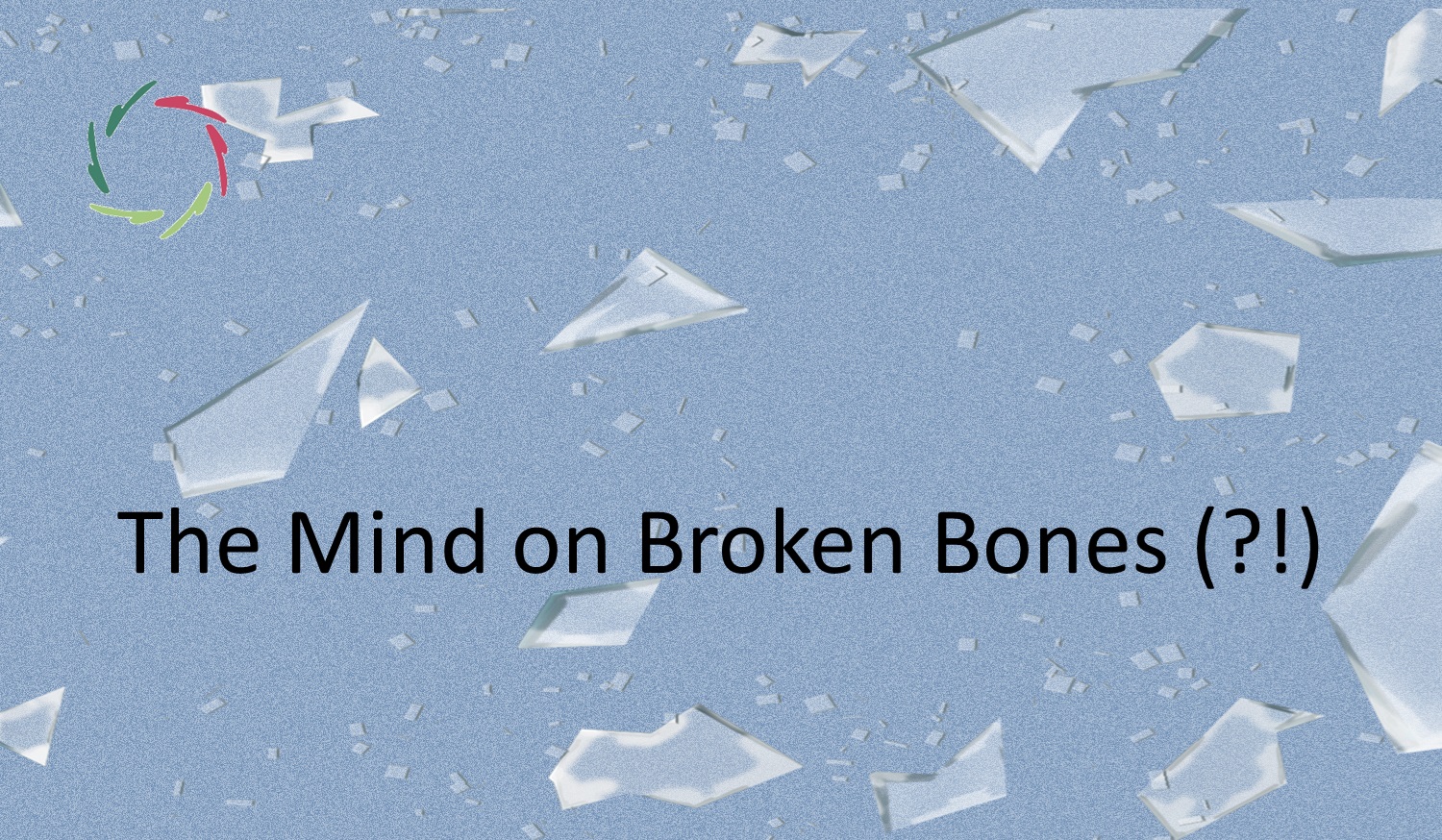
The Mind on Broken Bones (?!)
Many people may agree that the mind influences many health conditions ― but broken bones? The healing of a broken bone depends on a healthy inflammation process. The influence of the mind on inflammation is huge. Stress Impacts Most Diseases See Mind on Infections, Mind on Cancer, The Mind in Auto-Immune Disorders, … Somewhat closer to Read the full article…
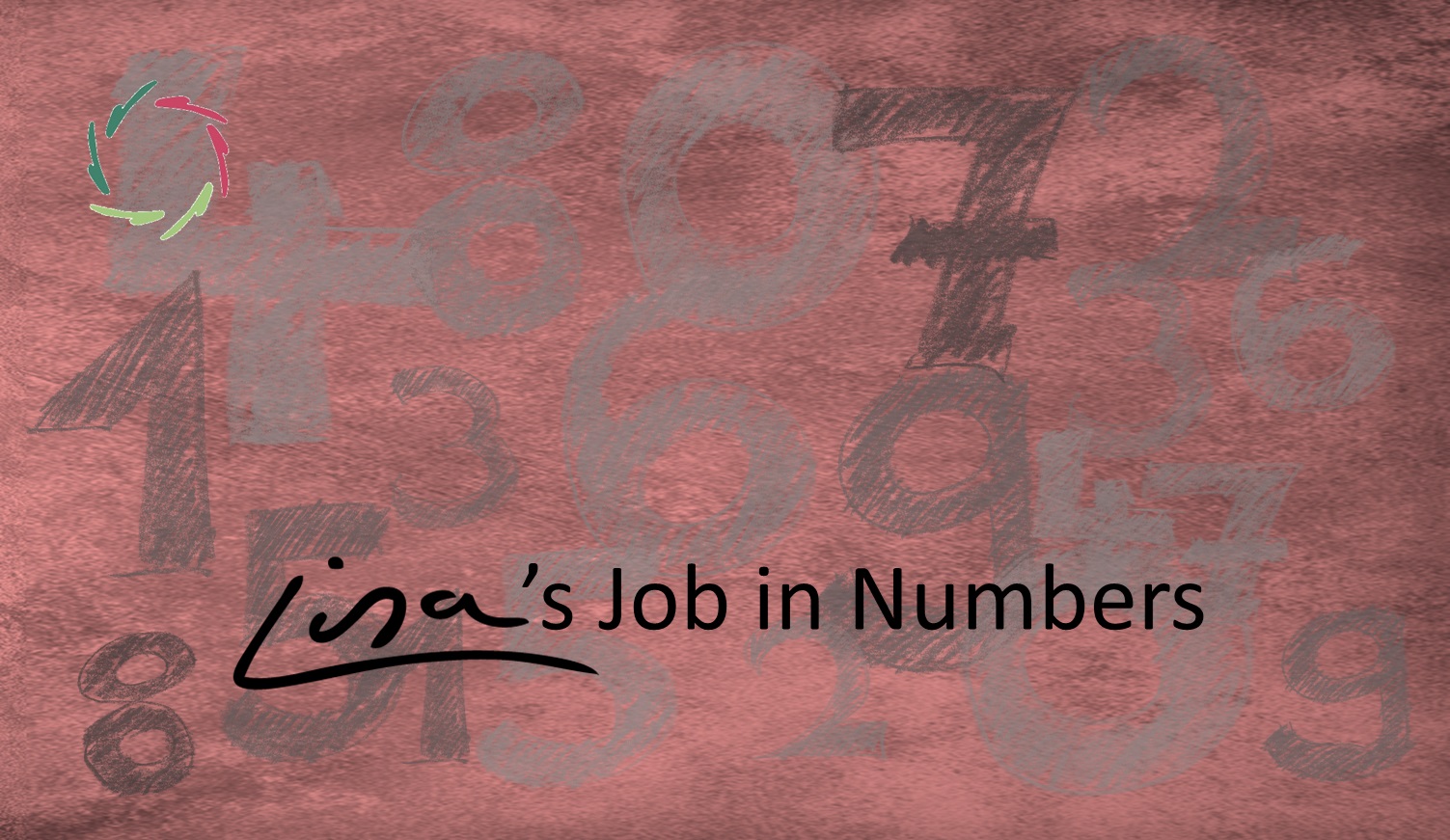
Lisa’s Job in Numbers
Because Lisa is not data-driven but knowledge-driven, she doesn’t have a long and costly learning curve to tackle some new domain. Thus, she can play a role in many domains relatively quickly. How much of a ‘hell of a job’ is awaiting her? This blog contains many numbers from trustworthy sources. Global numbers Around two-thirds Read the full article…

Stress Impacts Most Diseases
Over decades of research, the link between stress and diseases has become undeniable, influencing both mental and physical health. Stress alters the body’s emotional, behavioral, and neurohormonal systems, which in turn affect vital organs such as the heart and brain, as well as systems like the immune and cardiovascular systems. This blog explores various ways Read the full article…

Daytime Suggestion for Nighttime Sleep
Preparing for restful sleep doesn’t start just before bed — dimming the lights, avoiding screens, or drinking a cup of herbal tea. Truly restful sleep is shaped by how we treat ourselves throughout the day. Excellent sleep hygiene begins long before bedtime when you align with your deeper needs and prepare yourself to rest naturally Read the full article…
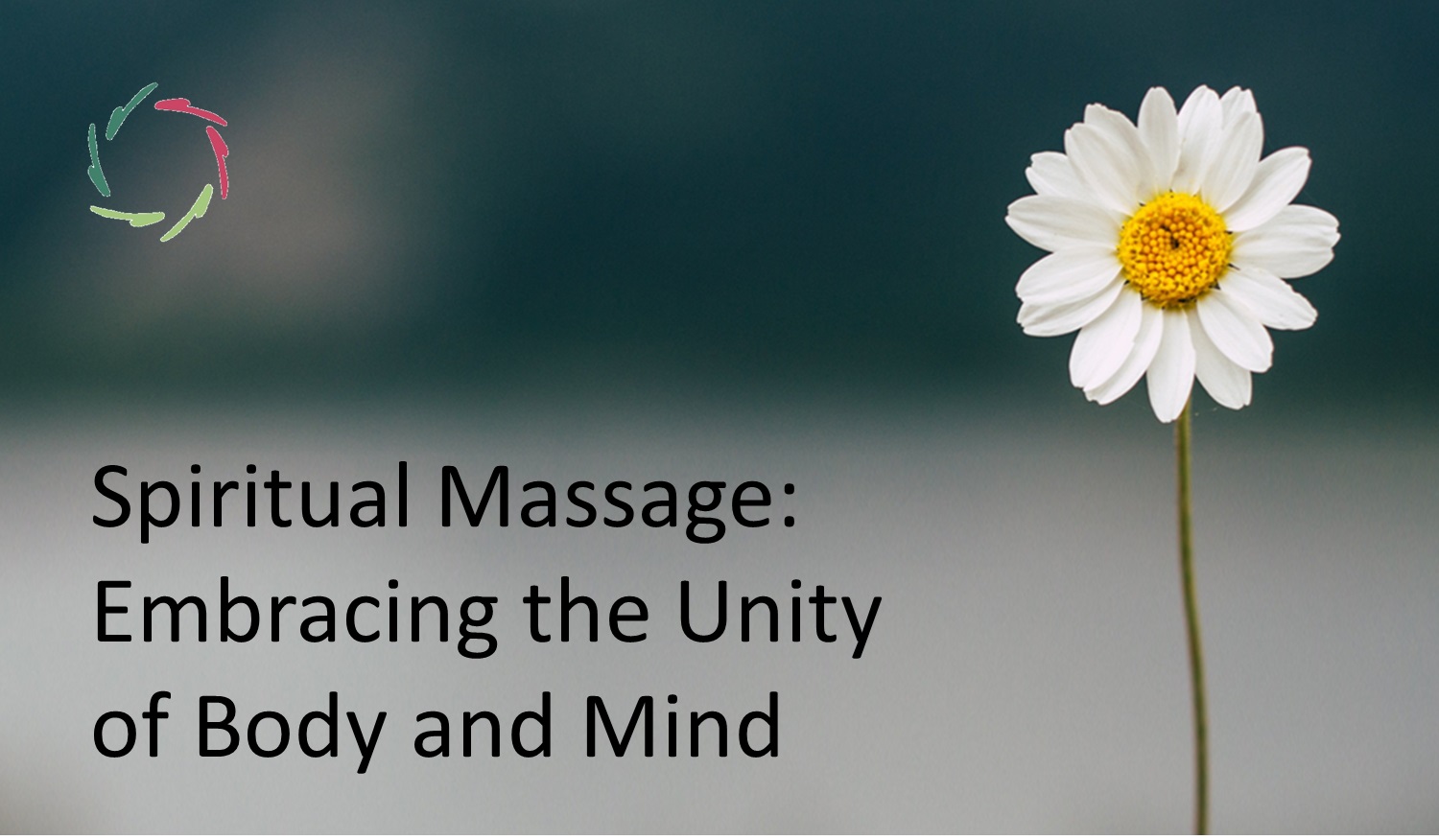
Spiritual Massage: Embracing the Unity of Body and Mind
This blog explores how bodily massage can become spiritual ― engaging aspects of the self that, while not easily conceptualized, reveal the unity of body and mind that extends beyond conscious awareness. This is not about practices like reiki, reflexology, or chakra work. Imagine lying on a massage table. Skilled hands apply gentle pressure, easing Read the full article…
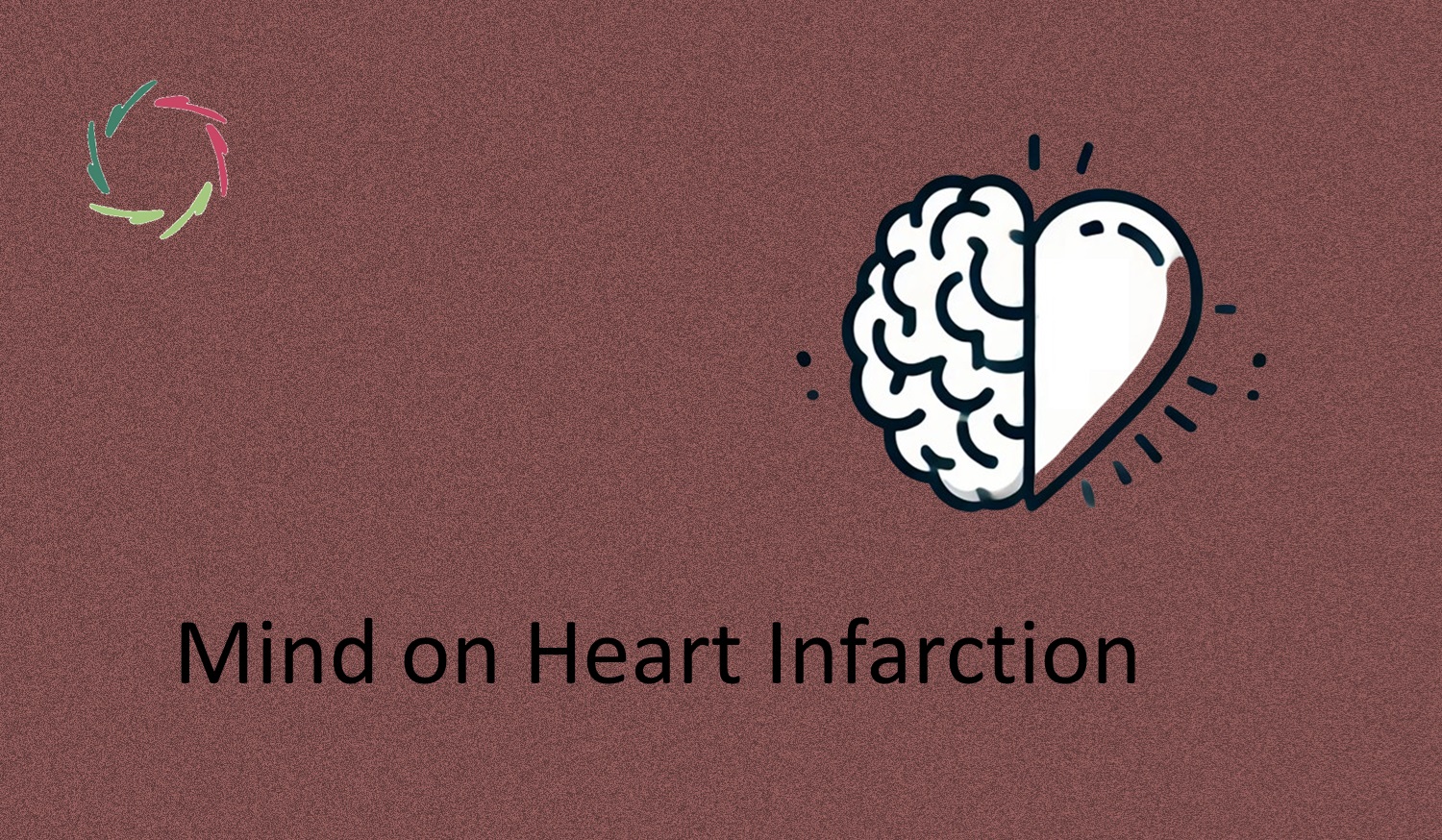
Mind on Heart Infarction
Throughout history, many cultures have viewed the heart not merely as an organ but as the center of emotions and a symbol of inner strength. So, how does modern science view this age-old association? Modern science increasingly validates this connection. Many studies demonstrate how stress, anxiety, and emotions such as anger or grief can profoundly Read the full article…
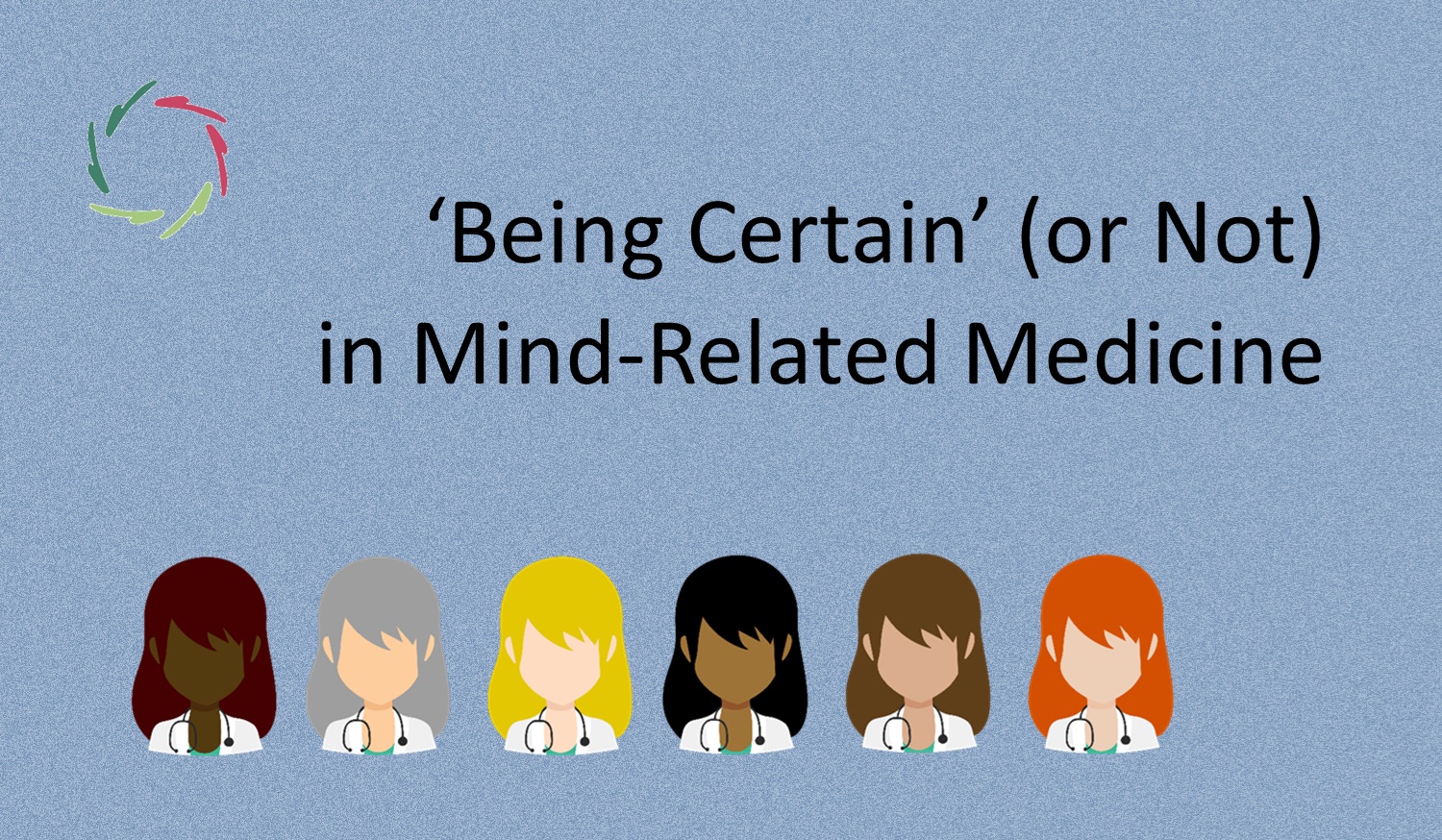
‘Being Certain’ (or Not) in Mind-Related Medicine
Physicians, including me during years of practice, experience many moments of ‘feeling sure’ about a diagnosis or the underlying cause of a disease. But how sure should we be when we feel certain? Especially in mind-related medicine, the answer may surprise us. The overconfidence trap Overconfidence is not unique to medicine. It is a cognitive Read the full article…
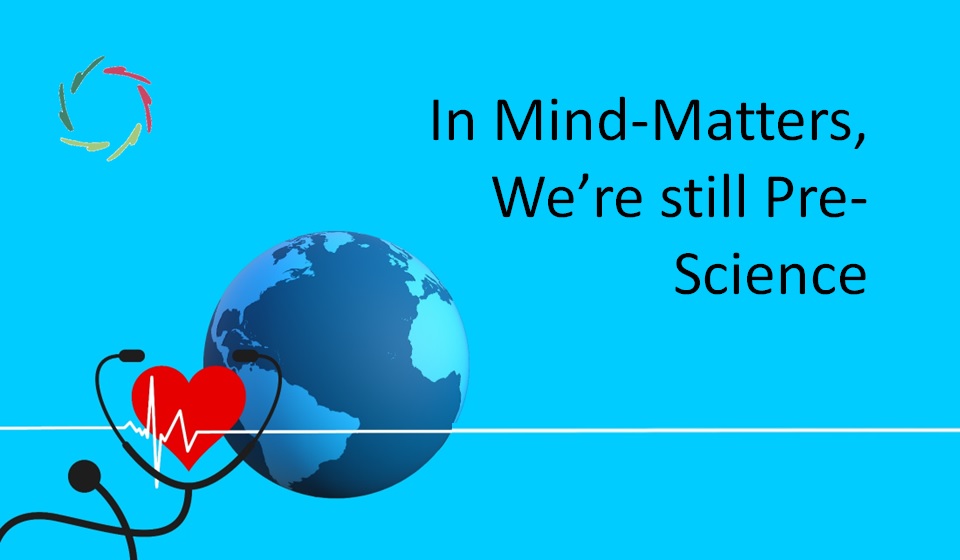
In Mind-Matters, We’re still Pre-Science
Well, mostly. Unfortunately, as we were still pre-science in body-matters 250 years ago, we still are in mind-matters today. In healthcare 250 years ago, practices like bloodletting, enemas, and the theory of four humors were prevalent. There was some science in that pre-science era, but it was pretty limited. Note that in this blog, ‘mind’ Read the full article…
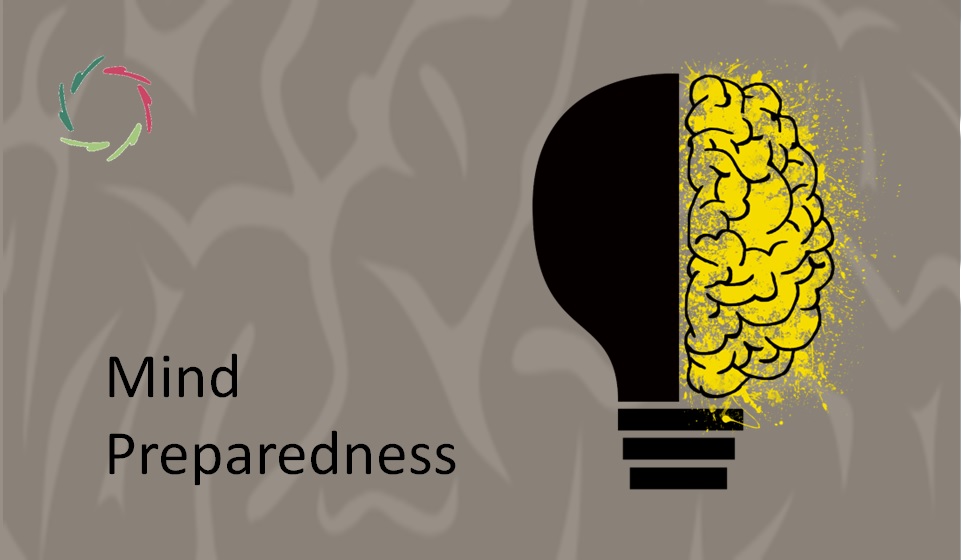
Mind Preparedness
A prepared mind can respond more effectively to conditions or events affecting either illness or health. This insight encourages proactive engagement with one’s mental state. This entails concrete expectations and also a more fundamental openness for things to come. Generally It’s like a potential being present but not immediately at the surface. Meanwhile, being there Read the full article…

Opening the Doors of Post-Traumatic Stress
Post-Traumatic Stress (PTS) is not just a disorder but part of a human experience that contains depth and an opportunity for personal growth. This perspective respects the entire human being, recognizing that what might manifest as painful symptoms also holds the potential for revealing deeper strengths and insights. Please also read PTSD: a groovy kind Read the full article…

Psychology’s Replication Crisis
Since 2010, an effort (Many Labs 2) to replicate 28 of the most renowned and highly cited studies in behavioral psychology (with peer-reviewed protocols) has led to +/- half of them showing drastically different results in comparison to the originals. This should not be denied. It potentially calls into question substantial parts of scientific knowledge, Read the full article…

Listen! The Symptom Speaks.
If so, then we can ask ourselves abstractly: What does it say? The ‘deeper self‘ communicates through the symptom. This becomes apparent when looking at mind-body connections and where these start in the brain/mind as neurocognitively explained. One way or another, embedded in the symptom is its deeper meaning. This tempts some to fill this in Read the full article…

About Mind-Body Connections
How can the mind lead to physical problems and the disappearance of the same ― no hocus-pocus involved? Many mind-body connections are obvious and proven. Among others, the scientific discipline of psycho-neuro-immunology is focused on this. Of course, in reality, mind = body. Nevertheless, we can talk about connections pragmatically to clarify things. The following Read the full article…
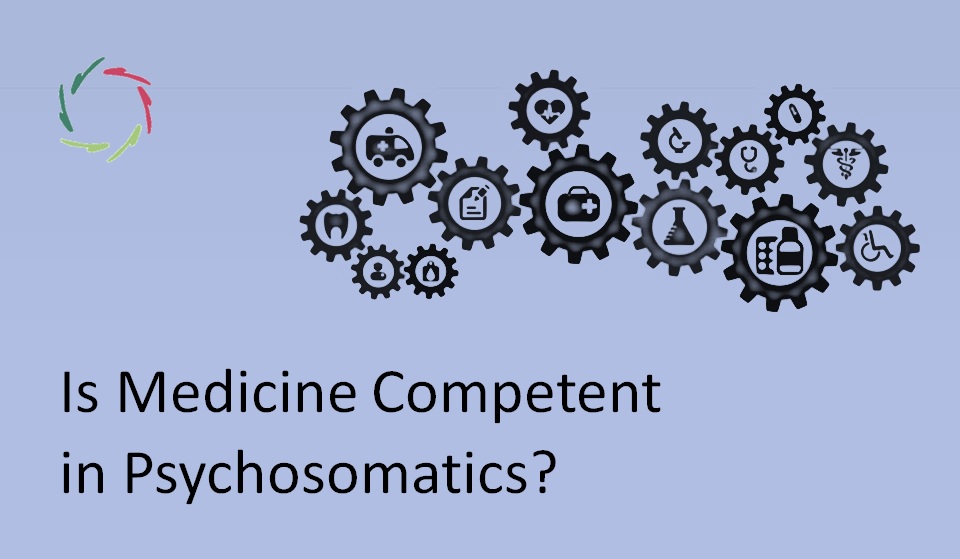
Is Medicine Competent in Psychosomatics?
Undoubtedly, physicians are the most competent creatures on earth regarding anything related to somatic (bodily) health. But regarding the psyche? Of course, physicians can (and must) be empathic. But empathy does not form part of medical competence. It’s a nonspecific factor. For psychosomatics, one needs to be profoundly competent in the psyche ― way beyond Read the full article…
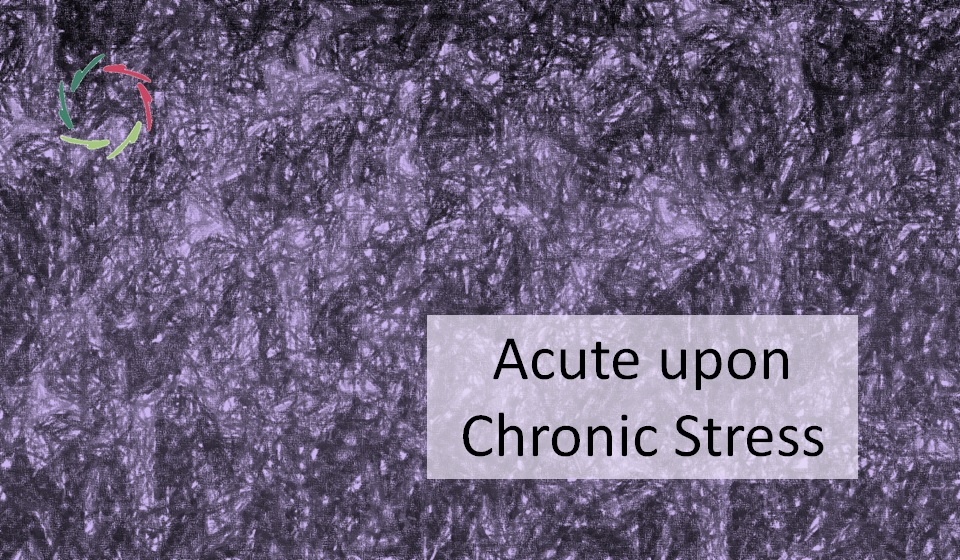
Acute upon Chronic Stress
With a particular emphasis on the immune/inflammatory system — both kinds of stress together (modulated by many factors) can be significantly more damaging than their sum. This is, at present, a logical intuition, worthy of further scientific investigation. There is much vagueness to get through. Vaguenesses Of course, ‘stress’ is a vague – although pretty Read the full article…

No Brainy Signature of Hypnosis
The conclusion of a recent and comprehensive scientific literature overview reveals that “uncovering a single neural signature [of hypnosis] represents an unattainable goal. (*) This brings – again – the question of whether one should talk about ‘hypnosis’ at all. There is no behavioral, phenomenological, or neurophysiological reason to do so apart from convention. For Read the full article…

Lisa x Genetics
Recent advances in genetics have proven beyond any doubt that mental conditions of all sorts are highly DNA-influenced. This is very important for >Lisa<. Important in two ways: diagnostically and therapeutically. Our genes Much progress is being made in deciphering how heritability forms people’s mental landscapes. (*) Most interestingly, we increasingly see that ‘polygenic scores’ Read the full article…
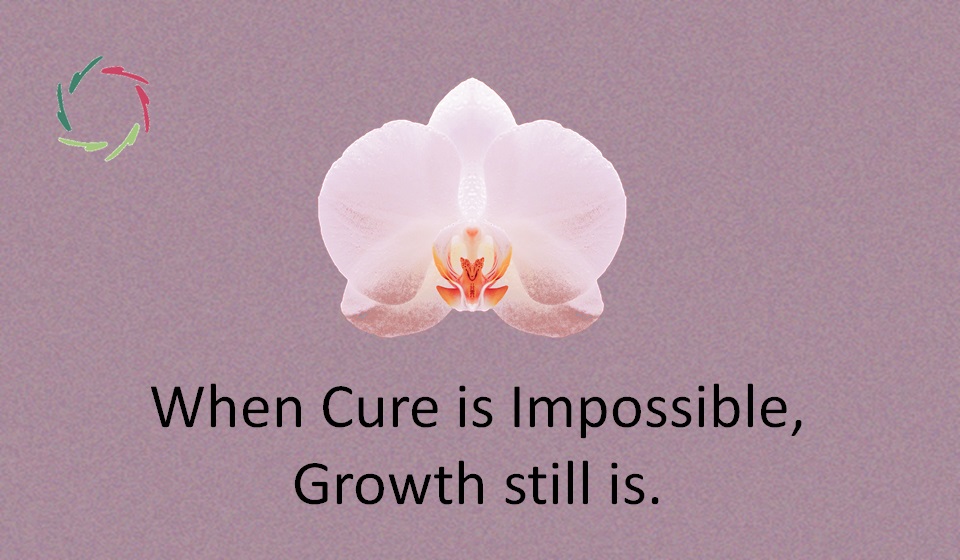
When Cure is Impossible, Growth still is.
According to pharmacological and psychotherapeutic failures, mental disorders seem to be incurable, only symptomatically manageable. Recently, genetic research has added fuel to this flame. This might lead to fatalism. Nevertheless, a profound growth philosophy brings a radically different picture. You might guess that this is very much about the AURELIS philosophy. Genetics: no genuine disease Read the full article…

Compassion in Everyday Medical Care
While principally important, >Compassion, basically<, has frequently been lacking in medical care. This might essentially change in the not-so-distant future. “Finding and sustaining compassion, especially during my years as a pediatric oncologist, was an ever-renewing source of professional challenge and satisfaction. At times, it was a daily struggle. I wanted to cure everyone and could Read the full article…
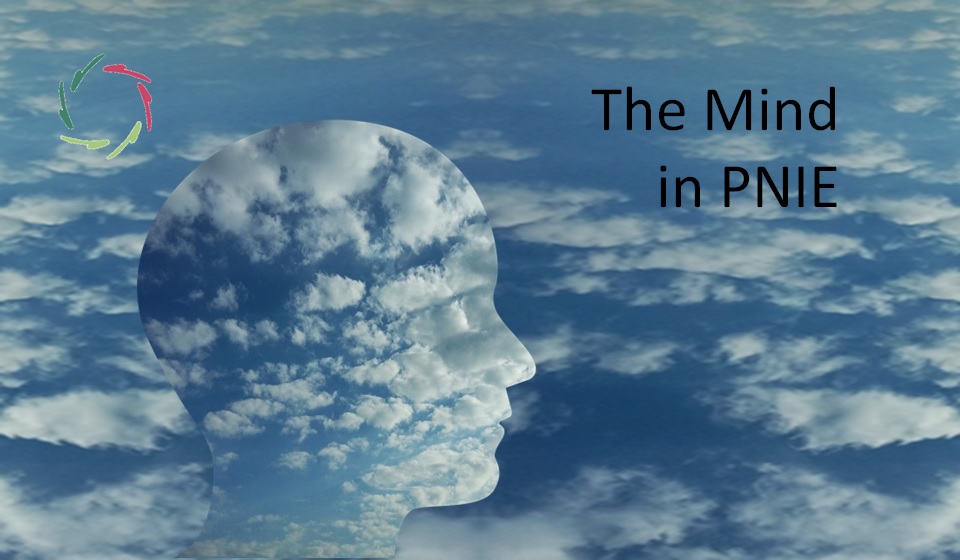
The Mind in PNIE
Over the years, the role of the mind in Psycho-Neuro-Immuno-Endocrinology (PNIE) has become increasingly apparent. This trend is bound to continue, and Lisa is bound to play a significant role in this evolution. PNIE shows the intricate connections between different systems in the human being as a whole. Regarding the mind (psyche), one can go Read the full article…
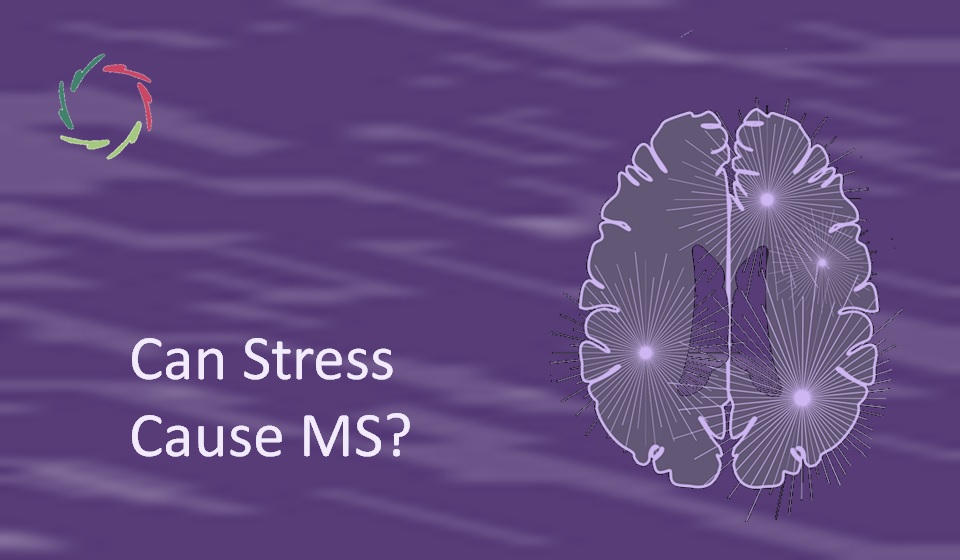
Can Stress Cause MS?
MS = Multiple Sclerosis, an autoimmune disorder that specifically affects the brain and spinal cord. Its symptoms and prognosis are pretty diverse, making causal research challenging but not impossible. According to the National MS Society, almost one million people are living with MS in the United States. Most are diagnosed between the ages of 20 Read the full article…

Is Gluten Sensitivity an Expectation Effect?
Many people avoid gluten in their diet because they see them as the cause for gastrointestinal and other symptoms and unwellness. Although this field receives a lot of media attention, there has been little science about mental causality up till now. Gluten (named after ‘glue’) is what makes dough elastic and bread chewy. It also Read the full article…

The Cost of Medicine — and What AureLisa can Do about it
The enormous and heightening ‘cost of medicine’ doesn’t mean that medicine is the guilty cause. It’s part of the broader culture at the world level. Medicine flows along unknowingly ― or unwillingly to know? Anyway, the situation is dire. This is also a communication to relevant decision-makers. Mostly about psycho-somatic healthcare Nowadays, people go to Read the full article…

Nature Wants Growth, Especially Mental
No growth – no health. This is most obvious in anything mind-related. For this reason, AURELIS is a growth philosophy. Mental disorder as obstruction of growth Nature wants growth, no matter what. There is no life without growth. If no growth is possible in one direction, there will be in another, even if this eventually Read the full article…

Therapy in Psycho-Somatics
Scientific evidence shows a huge influence of the mind in many psycho-somatic domains, yet little of this shows in practice. How can we best translate scientific insights into using the mind as cure? Mind-body unity If you haven’t yet made the step toward mind-body unity (not as two parts but two views upon one unity), Read the full article…

Healthcare Heaven
At least, my idea of it. What if healthcare would finally be based on a realistic view of the human being? At present, this can feel idealistic because it is – rightfully – so. Let’s take this for granted for the time of your reading this text, starting from mind-body unity and proper insight into Read the full article…

The Case of Cancer of the Prostate
The influence of the mind on cancer needs to be treated cautiously. In both directions, one should avoid wrong impressions stemming from personal/cultural biases rather than science. Also, one should respect the present-day state of scientific knowledge. Will the yet unknown be filled by the ‘bodyless mind’ or the ‘mindless body’? See also: Psychological impact Read the full article…

Are Coronary Stents Placebos?
Only one experimental study has been done to answer this question ― pretty positively in many cases. Meanwhile, much evidence (without placebo groups) shows that coronary stents are of little use in cases of stable angina pectoris. Contrary to this, mind-factors’ influence on angina pectoris is considerable and robustly investigated. Altogether, this calls for more Read the full article…

(Re)appraisals on Health
Health-related expectations can profoundly affect one’s health in the short and long term. Therefore, (re)appraisals can have profound effects on health or disease ― or not? Two kinds of belief + a continuum Two kinds, and how to change them: For a surface-level belief, one can look for conceptually valid arguments ― for example, a Read the full article…
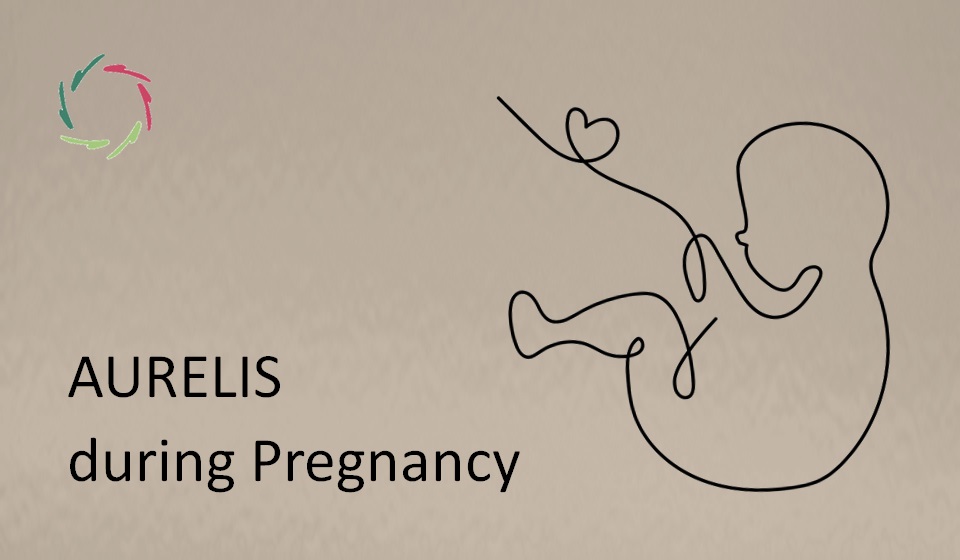
AURELIS during Pregnancy
AURELIS can support pregnancy in several aspects. I hope this may be realized and have a positive impact on many people’s lives, providing a good start for the baby and a joyful experience for the mother. See also the meditative sessions about pregnancy in AurelisOnLine. About babies The new life inside the belly becomes a Read the full article…

Proof in a Complex World
Anything human-health-related is prone to complexity ― especially in psycho-somatics. This makes experimental proof challenging, leading to the present situation in which there are still immense gaps in scientific knowledge. Time and again, these gaps are filled by disregarding mental influences while, implicitly or explicitly, referring to a future that will endorse this disregard ― Read the full article…

Mental Illnesses are Meaningful Whirlpools
Especially relevant in the complexity of the human mind is the complexity of what meaningfulness can bring us and where it can go awry. Many diseases are the result of some whirlpool phenomenon. Truly meaningful Mental illness is not conceptually meaningful. Therefore, it is difficult to pinpoint or explain what it is about. Any conceptual Read the full article…

Hypnosis vs. Voodoo
Hypnosis has a scientific aura — journals, conferences, departments, and handbooks. Nevertheless, is the science valid? Or is it just a Western kind of unsubstantiated belief — a folie à multiple? As Galenic medicine has been for 1600 years in Europe before being debunked in the last two centuries. “The definition of hypnosis is an Read the full article…
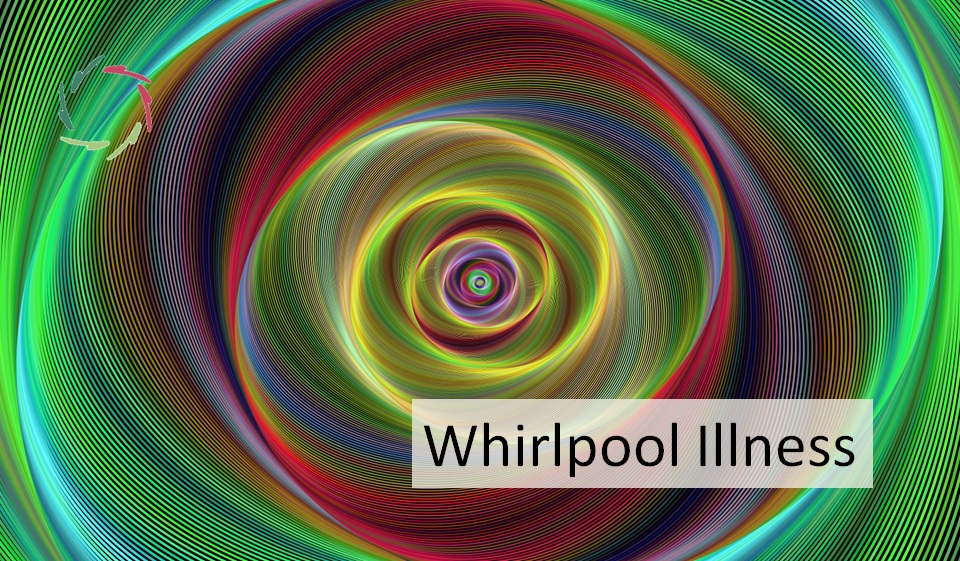
Whirlpool Illness
From medical uni-causal to multicausal to whirlpool-causal thinking. No black or white Few people really think there is only one possible cause for each disease. Pragmatically however, many people act as if finding a cause is the end of the meaningful causal search. Including physicians. Being pragmatical With the cause found, proper management should be Read the full article…

The Trauma of Not Growing
Mental trauma, whether resulting from a single life event or a long-term traumatic condition, jeopardizes mental growth. Or is the lack of growth the trauma itself? Living nature is about growth. Plants grow in size; then, they grow seeds in order to grow more plants of the same species. All plants must die, but they Read the full article…

Does Talking Help?
Talking as an indiscriminate empathy-vehicle in therapy/coaching may be more than nothing, but the aim should be higher. A good feeling is not enough to profoundly relieve pain and heighten Compassion. Conceptual methodologies for mental help Conceptual methodologies aim for more, but they generally don’t realize much in the direction people need for durable change Read the full article…

How Doctors Think
Surprise! They think like everybody else. This is based on several articles, my own experience, and long-time interest in the topic. ‘System-1 and system-2’ This is the terminology of Kahneman: System-1 is the ‘fast thinking’ ― more intuitive if you like. System-2 is the ‘slow thinking’ ― more formal reasoning, hypothesis-testing. Nr. 1 is more Read the full article…

Lisa, Pragmatically
Something is pragmatic if “It works.” Indeed ― nevertheless, from a pragmatic standpoint, it is crucial to know what works and toward what it works, especially in psychotherapy. Why? And how is this relevant to A.I. coach-bot Lisa? See also FROM “DOES IT WORK?” TO “WHAT IS ‘IT’?” (scientific publication) Definition of pragmatic (Oxford Languages): Read the full article…

The Subconceptual in Future Medicine
Modern Western medicine has been built on an exaggeratedly conceptual premise ― even concerning the mind. What place is there for the subconceptual in the future? Huge current tensions in Western medicine Many patients consult physicians for subconceptual issues. However, with little insight into the domain, many physicians would instead like to eradicate any dealing Read the full article…

The Client is the Therapy
This is about the client in psychotherapy. It is also about the patient in medicine insofar as the mind is involved ― say, psycho-somatics, easily involving half of the medical domain. See my book Your Mind as Cure. Psychotherapy, schematically A good evolution in healthcare, including psychotherapy, is to put the client at the center. Read the full article…

No Lasting Change from the Surface
In contrast to depth, the surface is the ‘superficial’ level of the human mind. Something may temporarily change at the surface like quicksand. It’s not the right level for lasting change. Read about ubiquitous depth. In therapy/coaching, attaining lasting change is a challenge. Theory goes toward a genetically determined stable state whereto any change (from Read the full article…

The Promise of Psycho-Soma-Therapy
Looking at some skeptical questions in need of sensible answers to grasp the promise of using the psyche, therefore also of Lisa’s impact on bodily health (psycho-somatics). This hyper-hyperlinked text brings several strands together to make a point of the promise. The intrigued reader can delve further into many directions. Two sides On the one Read the full article…

How to Get Rid of CAM
CAM = Complementary and Alternative Medicine. Getting rid of CAM is getting rid of placebo-based medicine. Why should we? How could we? See placebo-based medicine. People feel that it works. No, it doesn’t. Not the ‘dummy pill’ (or whatever acts as such) works. You work, although not necessarily in conscious awareness of how. So, if Read the full article…

Lisa, Alternative to Alternatives
Non-scientific fundamentalist CAM (Complementary and Alternative Medicine) must depart from this planet as soon as possible ― but no sooner. Lisa may help. ‘Non-scientific’ Science represents the best common sense we can presently bring to gaining truthful knowledge. Upon this, we build technological applications, services, etc. Science is common sense ― not a new kind Read the full article…
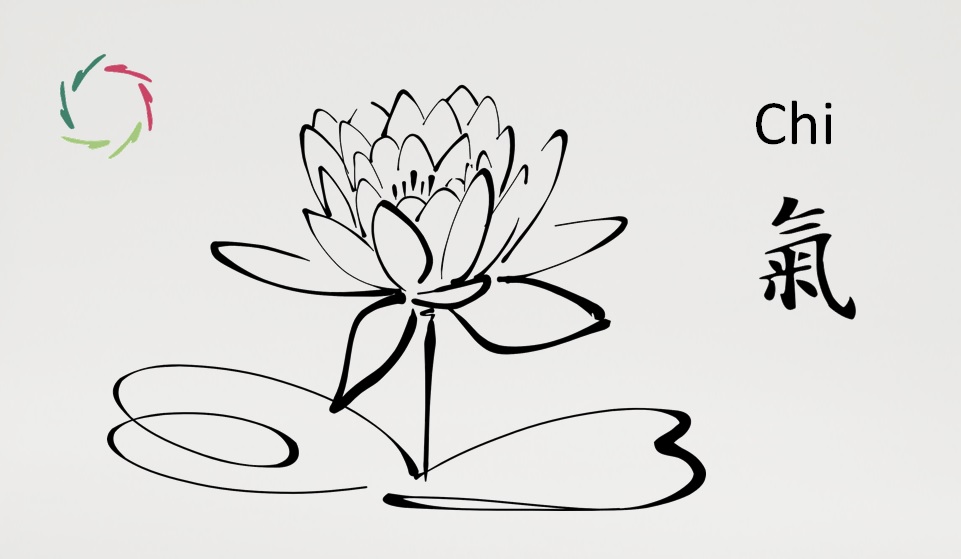
Chi
Right to the core, the Chinese concept of Chi is most interesting as a specific cultural view of Compassion. I write this text with all due respect for all Asian and non-Asian people who think highly of Chi ― as I do. Note also that, historically, there have been Chinese philosophers with quite distinct conceptualizations Read the full article…

Medical A.I. for Humans
Medical A.I. is flourishing and will be more so in the future. Therefore, we must ensure that it serves the total human being. The main challenge Through medical A.I. – substantially more than ever – humans can become either more humane or robotized from the inside out. This is not about putting probes etc. in Read the full article…
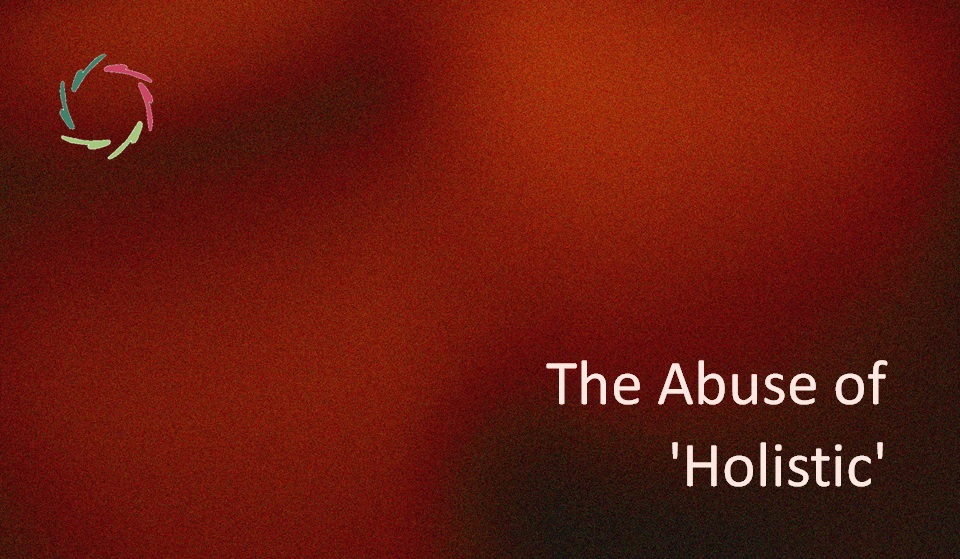
The Abuse of ‘Holistic’
The term ‘holistic’ is abused very frequently, very deeply, and very inconsiderately, in many cases meaning something pretty unholistic. A holistic approach looks at the whole person, considering his physical, mental (including emotional), social, and spiritual wellbeing. The focus lies on a person’s wellness, not just his illness. That’s a great start. Away from pure Read the full article…
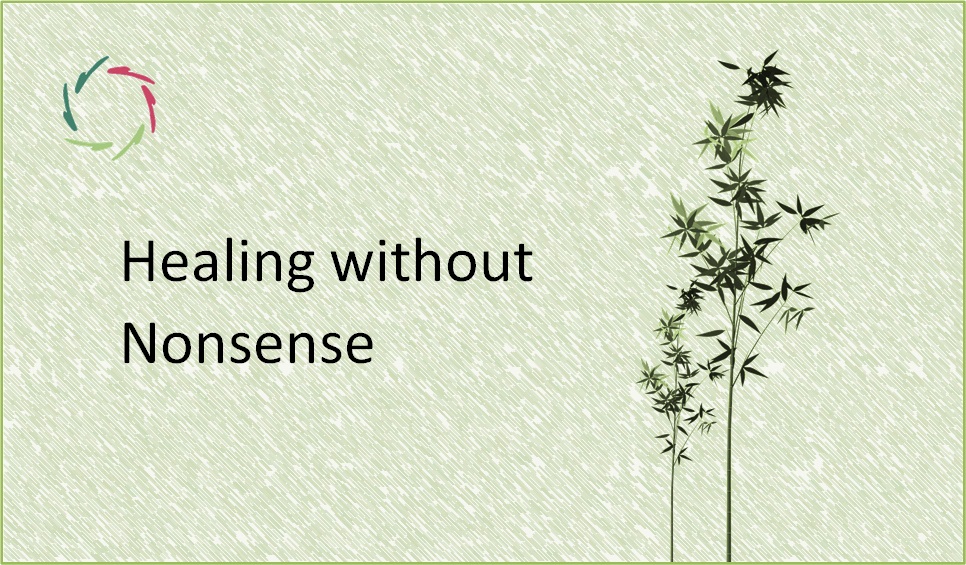
Healing without Nonsense
Anything – including sheer nonsense – can positively influence health in mind and body. Still, it is crucial to get beyond. Wishing good health Most people want to see themselves as rational beings. Also, most people find their health most important, wishing each other good health, spending much money to get it for themselves and Read the full article…

Growth versus Repair in Therapy
The confusion between growth and repair is rampant in therapy of all sorts. Generally, there is too much emphasis on repair. Medicine fundamentally wants to repair In the wake of the physical model, this is logical. For instance, if your car breaks down, please don’t wait until it grows towards a solution. Likewise, if you Read the full article…

Studies Show: Placebo as Effective as Treatment
The conclusion of a meta-study by Howick et al.: “Placebos and treatments often have similar effect sizes. Placebos with comparably powerful effects can benefit patients either alone or as part of a therapeutic regimen” [1] The differences In this meta-analysis involving 12.576 subjects, differences were measured between placebo (versus no-treatment) and active treatment (versus placebo) Read the full article…

When Little Makes Much in Psycho-Somatics
When looking at the psyche as ‘just that,’ it may be hard to acknowledge that it can substantially impact bodily matters in health and sickness. The psyche may seem somatically insignificant because it is invisible also at the deeper meaning level. Scientifically, we are already a pretty long way beyond the ‘mind=body’ breakthrough, even – Read the full article…

Facts, Facts, Facts in Medicine
Although we forever live in an age of uncertainty, facts are, of course, super important. We need to avoid errors and, above all, bias. Bias doesn’t lead to one error, but a range of them. Most of all, we need to be on the lookout for a fundamental bias. In medicine, there is a fundamental Read the full article…
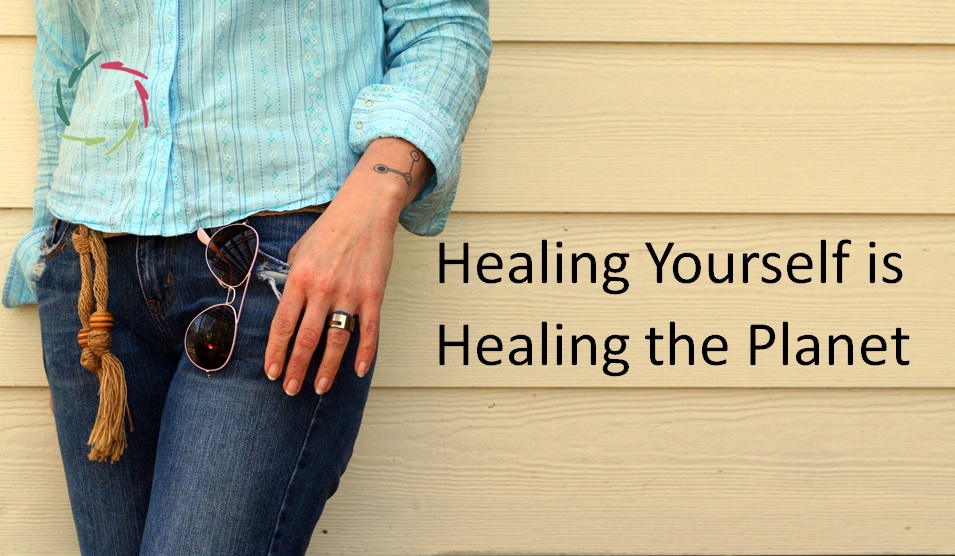
Healing Yourself is Healing the Planet
There seems to be no other way to ‘heal the planet,’ so we better take this seriously. As a mindset Many bits make a big? Or, each person wants to be the chosen one who saves the planet? I intend with the title a mindset, a conviction, a promise ― frustrationless desire as a regular Read the full article…
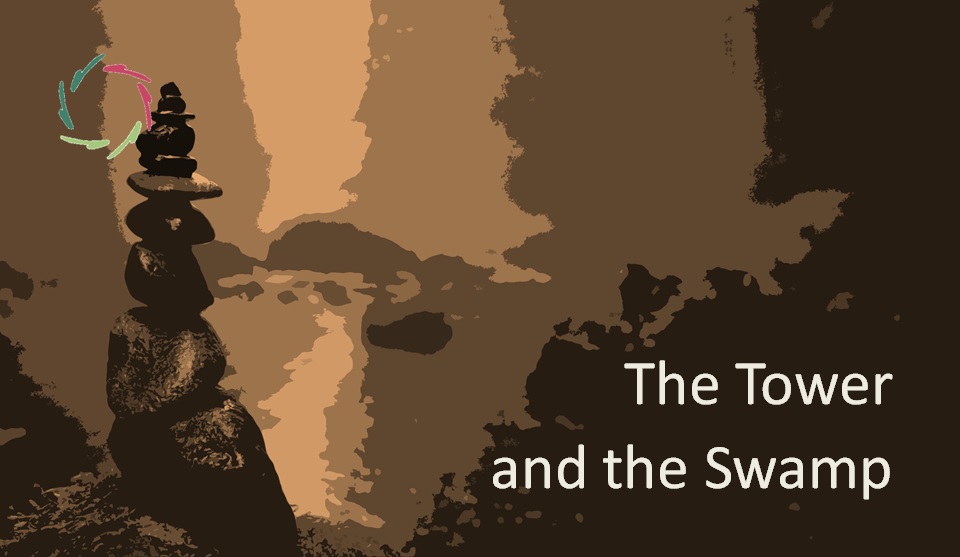
The Tower and the Swamp
Regular medicine is like an unassailable tower. Alternative medicines are like a swamp nearby that continually shifts and is therefore ungraspable. OF COURSE, THIS TEXT IS NOT ABOUT THE TOTALITY OF REGULAR MEDICINE, BUT THE PART WHERE HUMAN DEPTH IS INVOLVED. I didn’t find a picture of swamp + ivory tower. Please use your imagination, Read the full article…

Why AURELIS is no Therapy
The difference is fundamental in aim and means. What is ‘therapy’? An ill person goes to someone in search of a cure. What he wants is good therapy that brings him back to the state without illness. Therapy is what accomplishes this feat. AURELIS? AURELIS does not bring the ill person back to the state Read the full article…
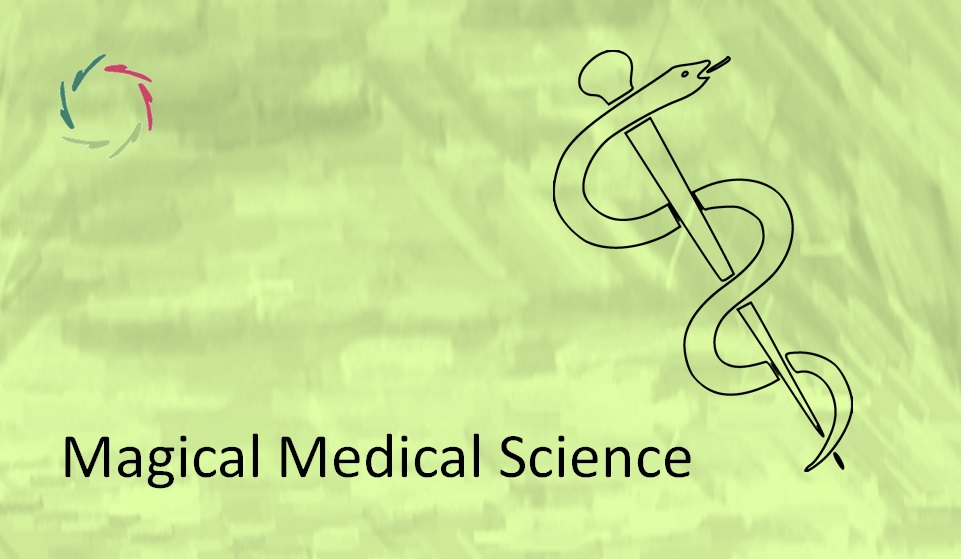
Magical Medical Science
Did we get rid of magic in medical science? Should we? Why? How? About the weirdly snaked figure above This is frequently used as a symbol for medicine. It is a ‘rod of Asklepios,’ going back to Greek and Egyptian times. Thus, we end in settings of musterion. [see: “Isis’ priests, named ‘therapists’”] Time to Read the full article…

Your Compassion as Cure
Compassion – whether oriented towards yourself or others – is good for you in every way, including health. Moreover, it may be the only thing that really makes you happy. About Compassion To make sure we’re talking about the same thing, please read [see: “Compassion, basically”]. You might follow some links from there to get Read the full article…

Are Mental Problems Social Problems?
Psycho-social. There is always an interplay. Looking in-depth, even more so. No issue will be solved by putting one against the other. Meanwhile, individuals need guidance and support as total persons, not as wheels in some clockwork. ‘Mental problems’ For the sake of this text, I categorize as such all issues regarded as psychological or Read the full article…

Healthcare Has No Borders
The natural reality doesn’t work with merely conventional borders. Thus, it doesn’t fit with medical culture ― causing intractable problems. Profoundly In the first half of the 21st century, we witness several profound and global problems that seem to be brought about by ourselves. We may look for their deeper cause in human nature or Read the full article…

Do Mental Diagnoses Make Sense?
This question needs to be viewed and answered pragmatically. There is as yet no other way. What is a diagnosis? This is related to disease, but not necessarily. A syndrome is a set of statistically or otherwise conventionally related symptoms. The concept of <syndrome> lies somewhere between <symptom> and <disease>. Let’s put syndrome and disease Read the full article…

Why We Need Serial Treatment Assumption Testing
In medicine – regular and alternative (CAM) – Serial Treatment Assumption Testing (STAT) is a feasible and necessary tool to open up what has always been medical science’s intention. What is STAT? Quite straightforwardly, in its essence, it’s about serially asking study subjects to guess in which of two study groups they are (active medication Read the full article…

People in Need of Diagnosis
Mainly to be taken seriously. Why do they need a diagnosis to be taken seriously? Is there no other way? It is essential to listen to the physical heart. Meaning: what can be conceptualized, should be done so. Also, what can best be looked at from the somatic viewpoint, should be looked at this way. Read the full article…

When to Cherish Your Symptoms
Mental and physical symptoms may carry crucially meaningful information. Getting to these is the gift you get for cherishing your symptoms. Not listening may lead to worse This isn’t always easy to investigate in experimental science, especially with chronic symptoms. With present-day scientific methods, it may even be difficult to investigate. On the other hand, Read the full article…

Somatisation and De-Somatisation
The movement from that which shows itself somatically to the same that now shows itself mentally. People can ‘feel with their bodies’ = somatization. This also means that if (physical) symptoms are loosened, people may become aware of feelings more psychologically. This gives the impression that these feelings are appearing only now, but they were Read the full article…

Psychotherapy towards What?
The question is generally not being asked. The result is that we generally don’t know much about the importance of the answer. Please also read [see: “Is Short-Term Enough in Therapy?“] Psychotherapy generally takes the mend-that-what-is-broken model This has been taken from medicine, which took it from physics. In healthcare, this is the disease model. Read the full article…
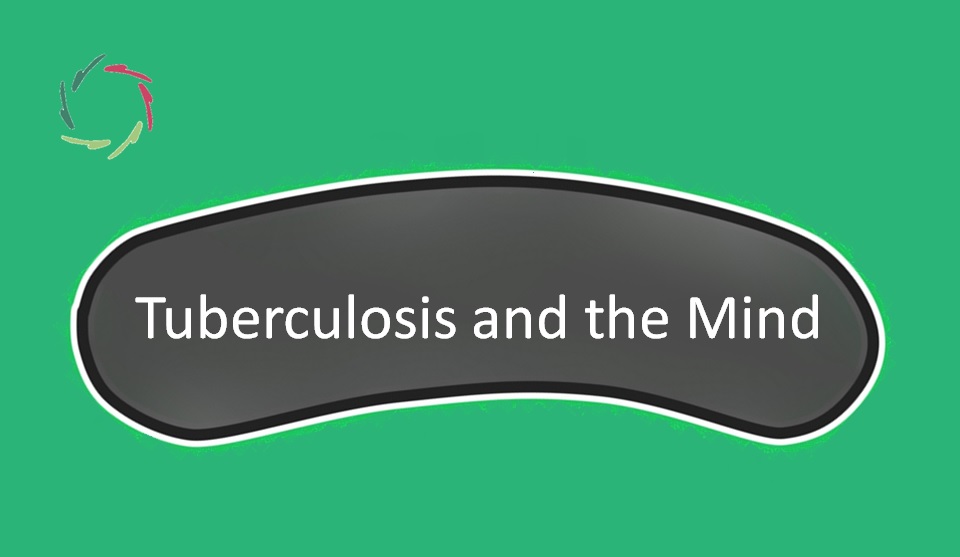
Tuberculosis and the Mind
Suspected since millennia, nowadays backed up with scientific data, the influence of the mind on tuberculosis is a fine example of the complexity, as well as the importance to take this seriously into account in many domains. Pertinently Despite modern treatments, tuberculosis is still one of the leading causes of death worldwide, and – at Read the full article…

Psychotherapy’s Doors
… should be opened. The contention that psychotherapy plays its role only at the level of conscious processing is holding humanity back manifold. Cleansing the doors? “If the doors of perception were cleansed every thing would appear to man as it is, Infinite. For man has closed himself up, till he sees all things thro’ Read the full article…

Mind the Gap
The gap in our knowledge about what causes illness and healing. This gap is huge. It’s almost certainly much bigger than you think, dear reader. [see: “Medically Unexplained Syndromes”] But how is this possible, and where does it come from? People want to feel in control. This is more emotional than rational. The desire is Read the full article…

What vs. How in Psychotherapies
Crucial is where change comes from: the outside or the inside. I see in the latter the Compassion-factor. Compassion For a quick entry into the concept of Compassion as I use it, [see: “Compassion, basically“] Compassionate healing comes from the inside out. This ‘inside’ doesn’t just mean ‘inside the mind.’ It goes deeper within the Read the full article…

Symbolic Healthcare
Concerning the mind, healthcare has always been covertly symbolic, and it still is. Now is the time to make it overt. About symbolism Symbolism is a straightforward communication with subconceptual mental patterns, unlike using an analogy. [see: “Symbols and Signs“] In many cases, the use of symbolism is pretty undifferentiated. This is enough for the Read the full article…

Addiction – Emptiness – Nirvana
Emptiness seems to be associated with addiction and Nirvana. ‘It’ is sought in both ― not coincidentally. High and low Addiction can be seen as an attempt to fill a deep-inside void, an Inner Emptiness that seems unbearable to experience. The addict tries to fill this void with occasional highs. In some way, he also Read the full article…
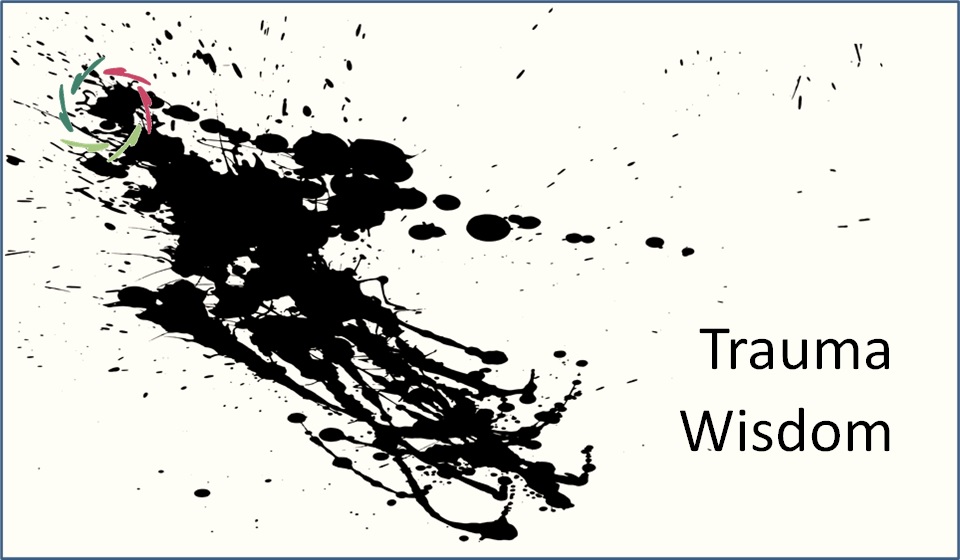
Trauma Wisdom
Every trauma carries wisdom. It is like a medal of honor, challenging as it may be to appreciate the trauma in any way. With ‘trauma,’ I denote in this text the actual happening as well as the living memory of it. Trauma is (not) a part of you In one way, trauma is a part Read the full article…

Wounded Healing
Having been wounded helps an (AURELIS) coach in-depth to get nearer to coachees ― especially if one has learned/grown from such experiences. The wounded healer This is a healer/coach who can understand another wounded person, not just intellectually, but even more experientially and profoundly. This may frequently be more important than capturing the whole factual Read the full article…
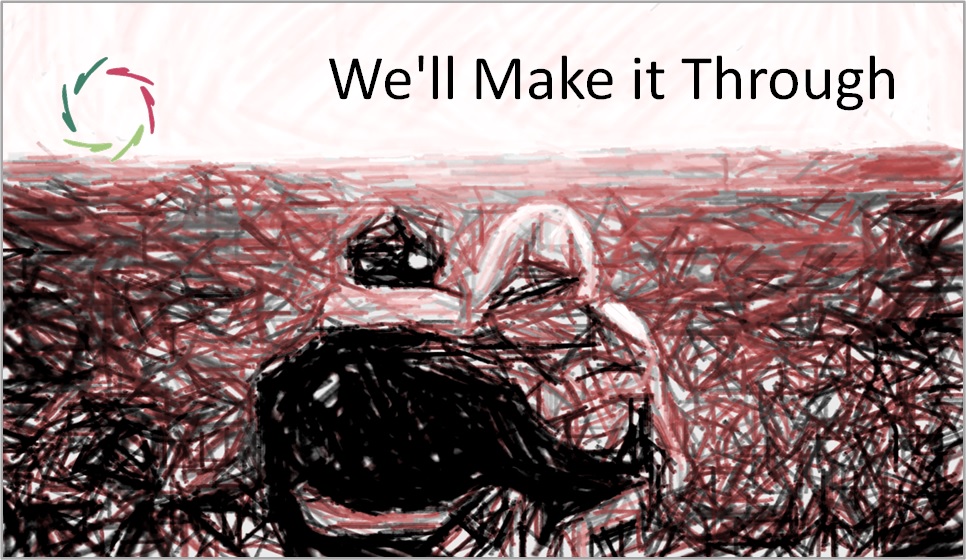
We’ll Make it Through
We may get sick. We will die. We encounter adversities of many kinds. We’ll make it through, together. This is more than a promise. It is a faith. Humankind at its best. Is anything worth anything that diminishes this? I am for you, and you are for me. Compassion in coaching and anywhere else. All Read the full article…
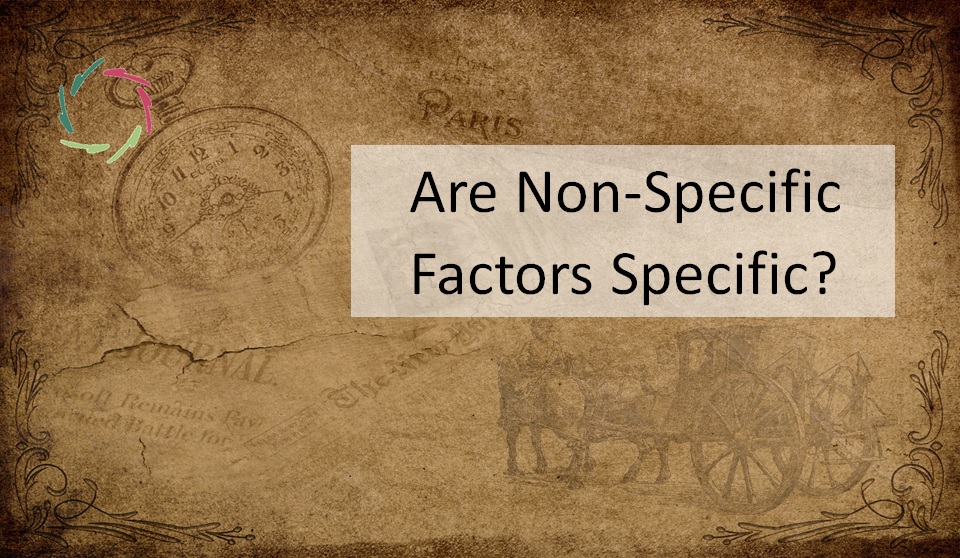
Are Non-Specific Factors Specific?
Non-specific factors in therapy are ‘non-specific’ to instrumental therapies. What if these factors are instrumentalized? Please read first: [see: “Non-Specific Factors of Therapy“] “If we can delineate them, they are specific.” Logically, if you can conceptualize the non-specific factors, you are building a new kind of psychotherapy based on these factors. You can put the Read the full article…

Future of Mental Healing
This is an AURELIS view. Of course, AURELIS (+ Lisa) is in the picture. One can see this as the pure use of Compassion in its complexity and effectiveness. If you want to cooperate, please contact us through the form or at lisa@aurelis.org. About ‘mental healing’ In the broadest sense, mental healing is about the Read the full article…

Psychotherapy and Placebo
To the degree that psychotherapy amounts to placebo, we may need to rethink it. Placebo >< depth The concept ‘placebo’ is used here in the sense of deception. [see: “Placebo Without Deception?”] It’s crucial to make a full distinction with the concept of empathy. [see: “Landscape of Empathy”] I clarified the difference in [see: “Empathy Read the full article…
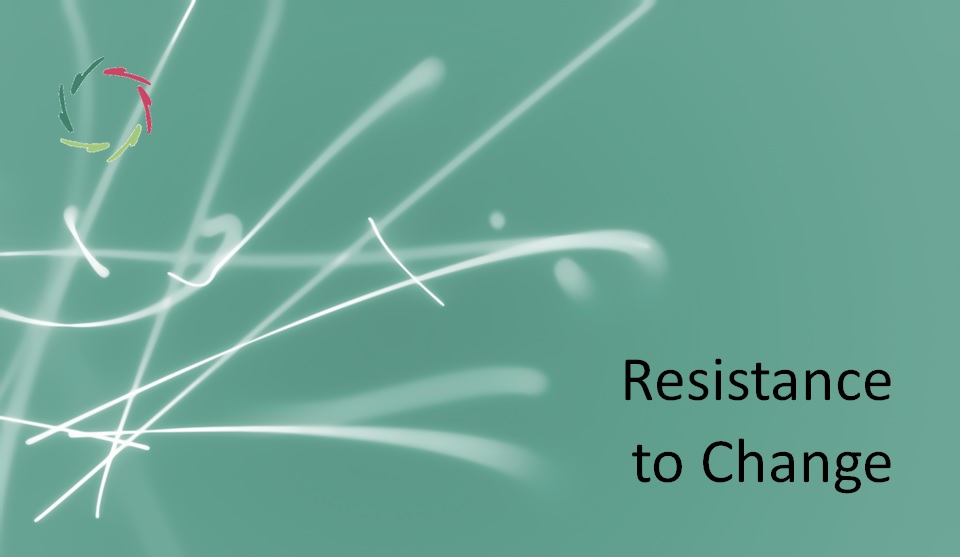
Resistance to Change
People may want to change at the surface, but not in-depth. If the cause of some maladaptation lies in depth, change may be simultaneously sought and resisted. Resistance as fence >< as lack of motivation A particular reason for not wanting to change is like a mental fence that protects the person from uncomfortable feelings Read the full article…

How to Turn a Square into a Circle
‘Turning a square into a circle’ is a metaphor for psycho-therapy. There are two opposite directions: from the inside out and from the outside in. Preliminary In this text, I denote with the term ‘psycho-therapy’ the domain of psychotherapy and mind-related coaching in a broad sense. This text describes a conceptual landscape. Any practitioner, any Read the full article…

Most Drugs are Symptomatic
‘Doctor curat, natura sanat’ (The doctor treats, nature heals). This slogan should get a place of honor in every physician’s waiting room. (an excerpt from [see: “Your Mind As Cure“]) This becomes more obvious when you check how many medicines only alleviate the symptoms until the sick person naturally heals himself in body and mind. Read the full article…

The Future is Prediction
I bring the concept of prediction from different angles to show the common ground. Through this, one may get a glimpse of its future importance. The Future of A.I. The concept of prediction pops up regularly in different ways to look at future A.I. developments. For instance, in temporal difference (TD) learning as expanded upon Read the full article…

What is Success in Therapy?
This is as simple and as complex as the primary choice about the goal of therapy. In this text, I try to describe the problem domain. For now, let’s take psychotherapy and coaching as synonyms at a higher level. We are talking about the broad domain of healthcare now, including psycho-somatics. Most straightforward answer: If Read the full article…
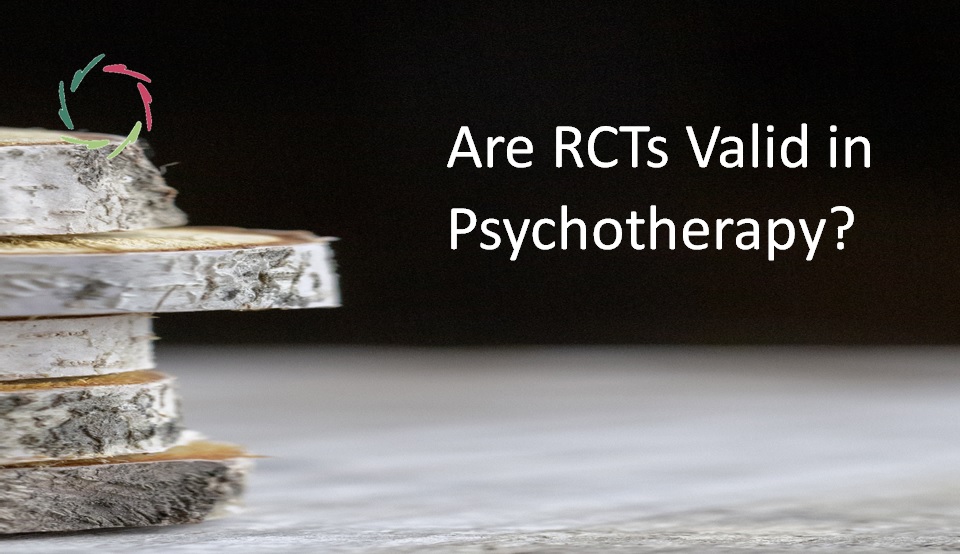
Are RCTs valid in Psychotherapy?
Randomized Controlled Trials (RCTs) are a lab-based study design in which one tries to minimize confounding factors by comparing groups that are as similar as possible except for the property or properties under study. Getting physical These trials are meant to be as close as possible to studies in the field of physics. In these, Read the full article…

The Placebo Patchwork
In a placebo patchwork, contradictory elements are stitched together with no deeper ground. This is very different from a set of well-grounded and integrated elements. From the outside, it may be challenging to discern the difference. Unfortunately, placebo patchworks can be pretty tenacious. Much of this tenacity lies in their not being one thing, but Read the full article…
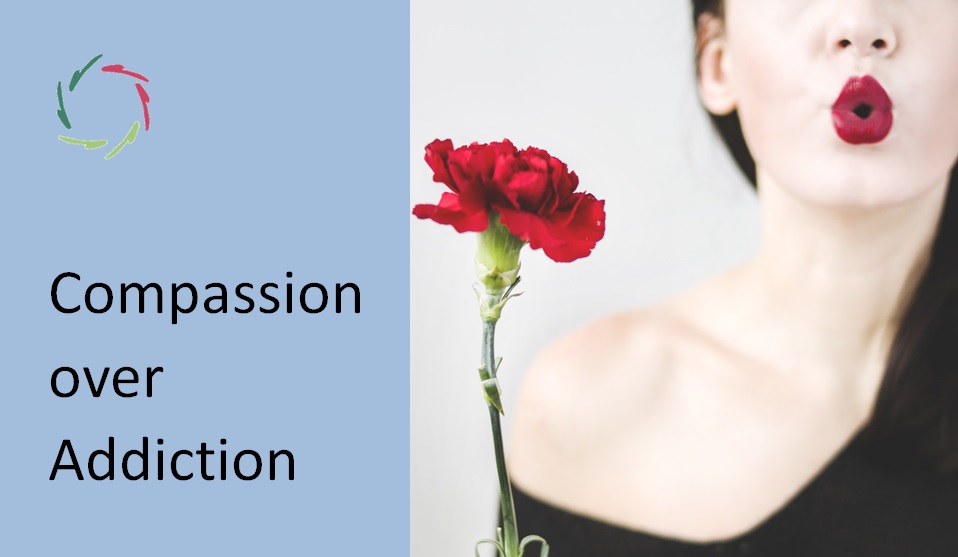
Compassion over Addiction
Addiction and Compassion (with capital C) are subconceptual happenings. Thus, they belong to the same domain and which is different from the merely conceptual one. This opens specific perspectives. Please make sure to read first: [see: “Essence of Compassion”] [see: “Addiction: in Search of Deeper Meaning”] [see: “About ‘Subconceptual’”] Also, please follow the other links Read the full article…

Triangle of Therapy
This is a conceptual landscape of psychotherapy/coaching. The three corners are A) Instrumental methodologies, B) Good-friend-therapy, and C) Open coaching. Conceptual landscape This has an abstract intention, being about concepts. The three corners are extremes of three continua (the triangle’s lines). Individuals and individual opinions can be present at any point (or subarea) within this Read the full article…
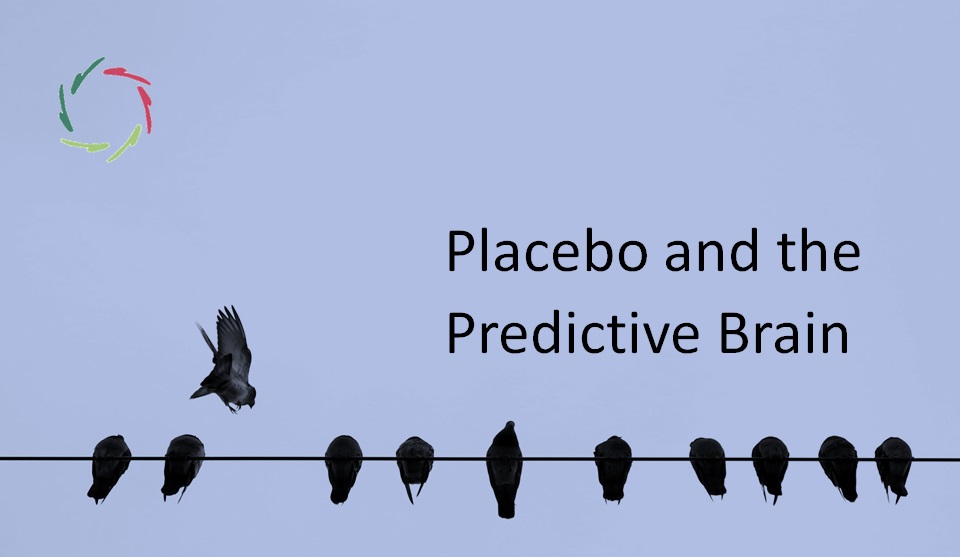
Placebo and the Predictive Brain
The ‘brain as a predictive machine’ sheds an interesting light on the placebo effect. It shows that we are born with the wetware in place to experience the influence of placebo. Yet, the present-day may be the time to go beyond. Subconscious placebo Several explanations of the placebo effect have been put forward, such as Read the full article…
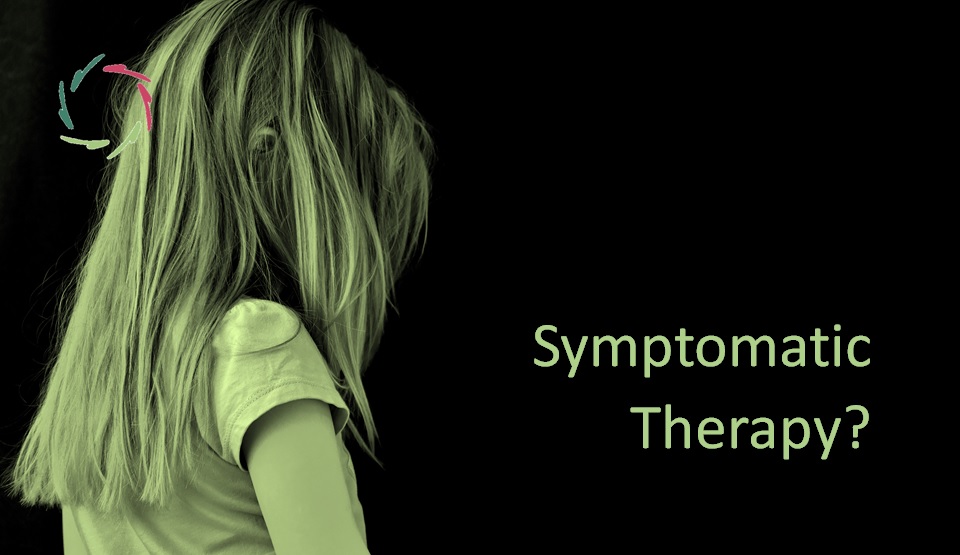
Symptomatic Therapy?
If the symptom is a symbol of oneself, and one attacks the symptom, one attacks oneself. That doesn’t seem like the best way. It’s not always bad to tackle the symptom. While nature inside you heals itself, it may be OK to have fewer symptoms as long as this doesn’t stand in the way of Read the full article…
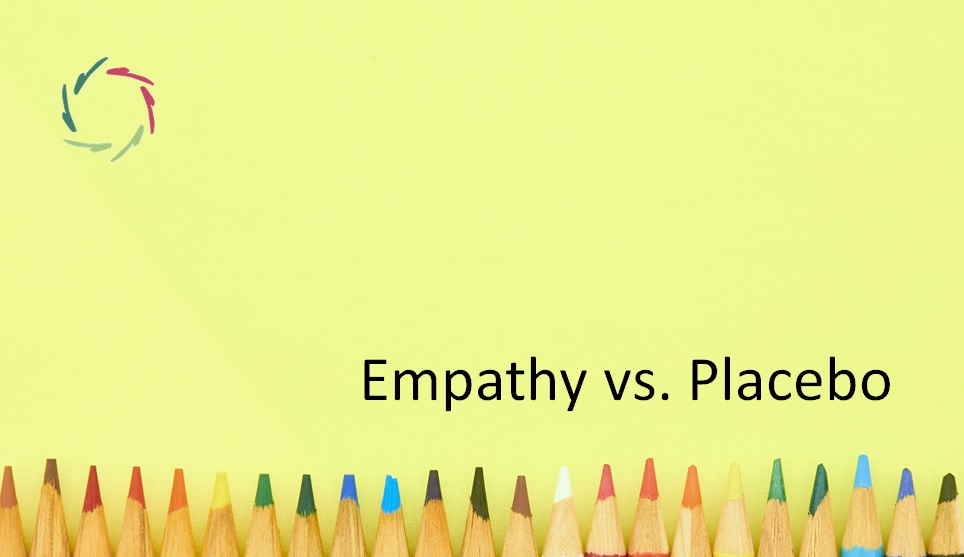
Empathy vs. Placebo
As in other cases, how terms are used is of little importance as long as crucial conceptual distinctions are valued. The landscape of subconceptual communication Mere consciousness is not the realm of subconceptual communication (SC). [see: “About ‘Subconceptual’”] This is also the case in health-related issues. [see: “Subconceptual Processing in Health and Healing”] A patient Read the full article…

Taking Psycho-Somatics Seriously
2021, still the Middle Ages regarding psycho-somatics. Forty years ago, I would have thought it impossible. Starting with the term itself ‘Psychosomatics’ is an obsolete term, being replaced/obfuscated by ‘functional syndromes’ and ‘medically unexplained syndromes.’ I more or less consistently use the term ‘psycho-somatics’ to denote issues for which a psyche-oriented and a soma-oriented viewpoint Read the full article…

Is Psychotherapy Dangerous?
This question needs to be taken seriously, the more since surprisingly few do so, and since the entire domain is in turmoil as to how – and if – positive effects are brought about by specific methods. [see: “Psychotherapy vs. Psychotherapies”] Doing good is not easy. It requires intention, perseverance, and insight. [see:”‘Doing Good’: Not Read the full article…
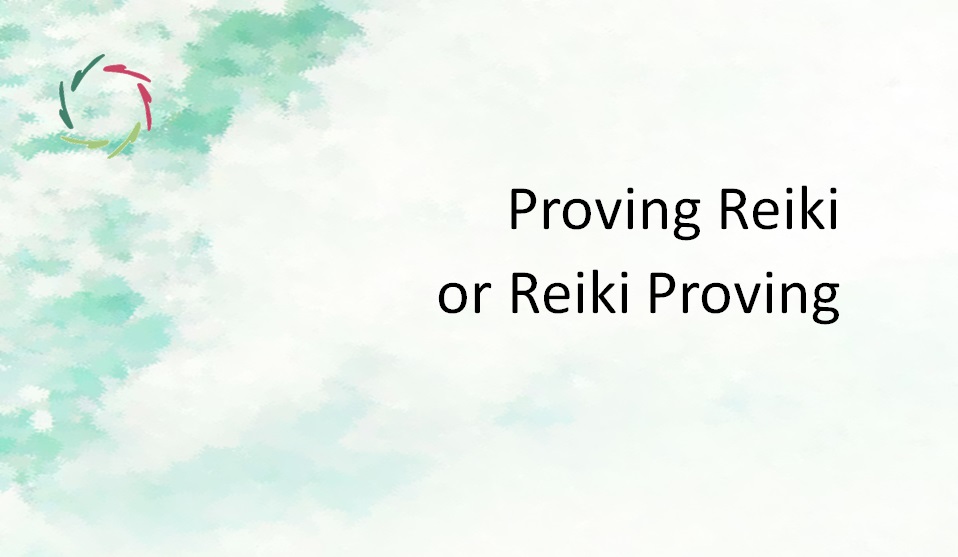
Proving Reiki or Reiki Proving
Nothing in reiki is scientifically proven, and any esoteric explanation of it is extremely implausible. Does this situation prove anything else? Rei – ki = spiritual – flow (of energy) Increasingly more people in the US and the UK go to reiki practitioners. Reiki, a healing style created in Japan, is also increasingly administered in Read the full article…

Non-Specific Factors of Therapy
Psychotherapy works irrespective of the specific modality. That points to the fact that the non-specific factors work. What are they? Specific factors are those elements that are specifically delineated by proponents of a given therapy as the active causes of change. Non-specific (common) factors are factors that are not specified in the theoretical or practical Read the full article…

Patterns towards Health and Healing
Mental patterns are crucial in understanding how the mind influences mental and physical health. Let’s suppose, dear reader, that we have both fully digested ‘mind = body.’ [see: “‘Mind = Body’ Breakthrough“] Patterns everywhere How the mind/brain works can be regarded as an immense process of pattern recognition and completion in many ways, many domains, Read the full article…
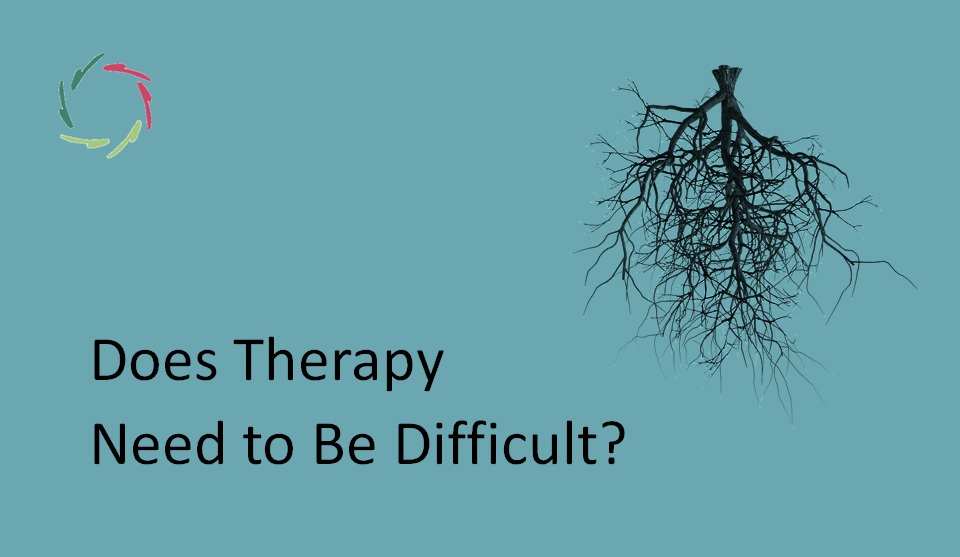
Does Therapy Need to Be Difficult?
It needs to be profound, one way or another. Please read first: [see: ” Is Change Difficult?“] So, does therapy need to be difficult? Should it be difficult? Note that this is another question than the one about its being or not being so. Even if it can be easy, should it be difficult ― Read the full article…

WHY Psychotherapies Don’t Work
Performing psychotherapy works. In the performance, there are at least two people at work. The psychotherapies – being performed – don’t work. Why? About psychotherapies To take out some confusion: ‘Psychotherapies’ in this text denote psychotherapeutic methodologies as instrumentally used by the knowledgeable psychotherapist to change the client. Their ineffectiveness has been scientifically proven. [see: Read the full article…
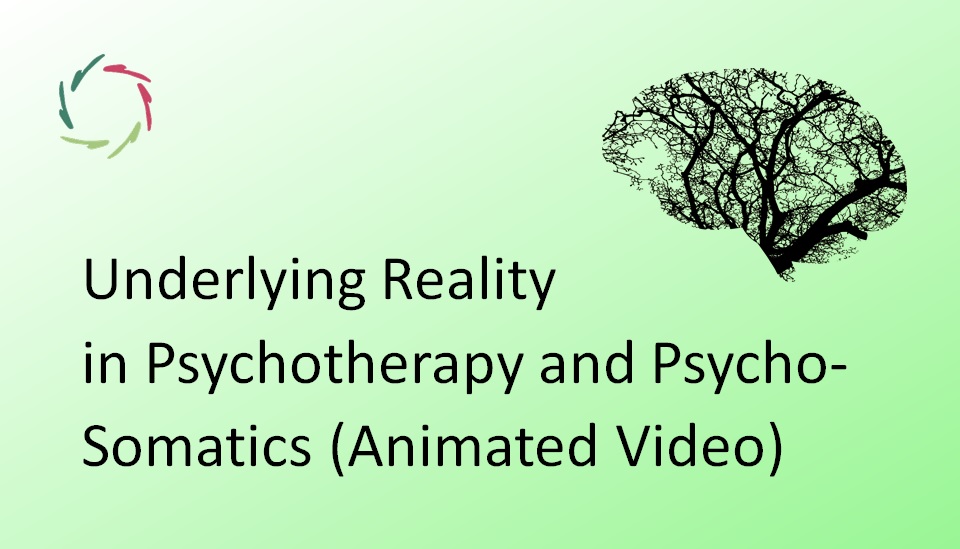
Underlying Reality in Psychotherapy and Psycho-Somatics
In this animated video, you get an introduction to what underlies psychotherapy and psycho-somatics. [Psychotherapy video – 12:10′] You might want to read first: [see: “Psychotherapy vs. Psychotherapies”] If you want to cooperate, please contact us. If you have feedback, please let us know. Here is the full written text. Hi, my name is Jean-Luc Read the full article…

About < Placebo> In-Depth
In-depth, placebo shows a direction to explore with different means and towards greater humanity. [see: My favorite video about placebo on YouTube.] The term ‘placebo’ More interesting than bickering about terms is a clarification of concepts. This also makes one think more deeply about what is significant enough to warrant different concepts. [see: “Placebo: I Read the full article…
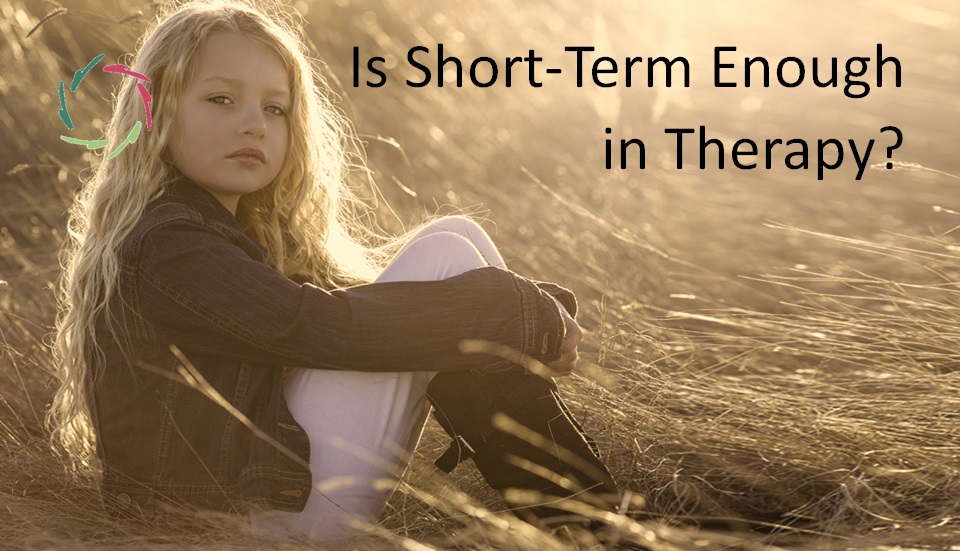
Is Short-Term Enough in Therapy?
This issue is relevant to any therapy. In my view, it is most pertinent to psychotherapy. A clear and present tension In psychotherapy, we may expect the quality being largely related to effect-longevity. To many people – as to me – a temporary feel-good is not what is expected from psychotherapy. Contrast this with pharmacotherapy. Read the full article…

Fundamental Reality in Psychology
On top of solid ground, psychology and psychotherapy can thrive as never before. In natural evolution, one can discern a schematic progression (Artificial Life may be different) Matter As we know, matter is chaotic, bent on entropy. One can see this as the absence of purpose. Without purpose, all motion in matter is a happening. Read the full article…
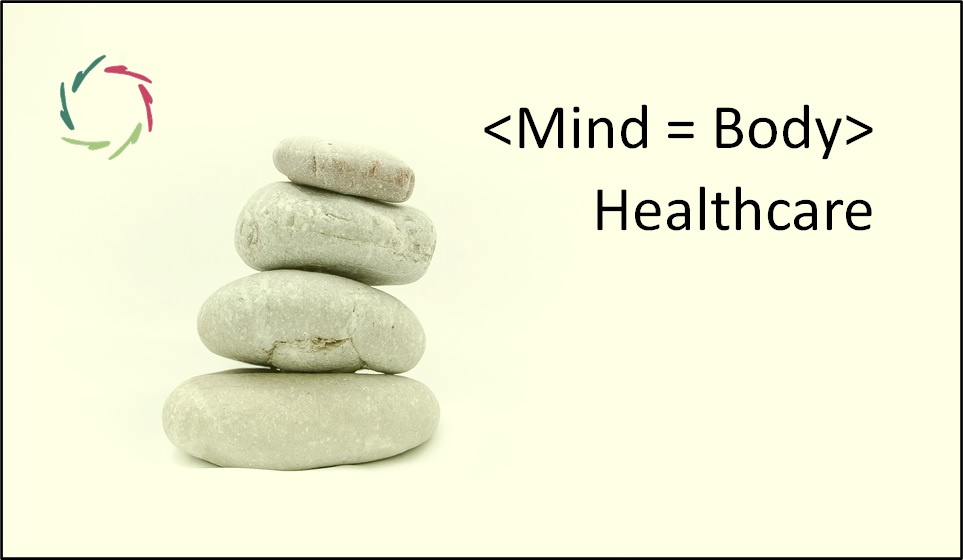
< Mind = Body> Healthcare
This is bound to become the pinnacle of science in healthcare. [see: “Fundamental Reality in Psychology“] Psychotherapy imitating medicine This is still the present-day situation, including diagnosis → therapy. It makes psychotherapy a weak sibling of ‘big brother medicine.’ Striving to develop and use proper psychotherapeutic techniques in-imitation emboldens psychotherapy while pushing the domain into Read the full article…

Placebo Without Deception?
By definition impossible if one takes ‘deception’ as a necessary characteristic of the concept of placebo. Still, it’s worthwhile to take a closer look at the ethical side. Preliminary remarks This text is rather academic. The train of thought is interesting for all. This is not about empathy, but only about ‘the sugar pill that Read the full article…

From Therapy to Empathy
The future cannot be to un-science. It cannot be without empathy in full mode. The term ‘therapist’ comes from the Greek ‘Serapis,’ a Hellenization of the Egyptian god Osiris. [see: “Isis’ priests, named ‘therapists’”] I think that, in those ages, anyone with a serious psycho-somatic disorder could best go and visit such a temple. The Read the full article…

Where’s the Mind in Medical Causation?
I don’t know. It has vanished or has never been present. I’ve written quite a lot about this and don’t intend to repeat much. Disastrous opportunity One can see this as the big disaster that it is. Looking from within the present situation itself, one can also see it as a huge opportunity for doing Read the full article…

AURELIS in Healthcare Context
Can AURELIS be a part of healthcare as one corner of a triangle with the client/patient central to the happening? The ‘deeper mind’ as domain Many people with persistent mind-related problems, including psycho-somatic issues, do not seek professional help. With AURELIS – including Lisa [see: “Lisa“] – they have additional options while staying totally within Read the full article…

Your Mind as Cure
It’s about time I blog-introduce my book, published a year ago. [see: “Your Mind As Cure”] I get an uneasy feeling in any pharmacy. Most of the drugs for sale do not cure a disease. They’re cosmetic. [see: “Most drugs are sheer symptomatic”] That’s OK. People may have symptoms they want to get rid of. Read the full article…

‘Mind = Body’ Breakthrough
It’s time we learn to know who we are. ‘Seeing the thinking’ of some simple animals Here are some interesting videos from recent lectures by T. Sejnowski ― one of the most important researchers in the field, and whom I am following for thirty years as an inspiration to AURELIS. The videos are entirely fascinating. Read the full article…

From Common Factors to AURELIS
If only common factors work, then only common factors should we teach and reimburse. Does this point towards AURELIS? You bet. The science According to a ton of scientific studies, clearly and robustly, psychotherapeutic methods are ineffective. This may be hard to swallow, so I repeat. Lots of studies and even many meta-analyses show no Read the full article…

Only Truth Can Truly Cure
No, I have not suddenly become the most arrogant person on Earth. I only think that science does indeed matter. Of course, to “know the final truth” is to be deluded. Ultimate truth may never be attainable. [see: “What is Ultimate Truth?”] The title is rather an admonition. We can strive for truth, discarding what Read the full article…

Chi: Poetic Energy
As in Tai Chi, as in Chi Gong, as in reiki, as in acupuncture, as in etc. I’m not a believer in ‘Chi’ being physically measurable Not now, neither at any time in the future. My simple reason: It’s not at all what Chi is about. Still, researchers try to prove the physical (materialistic) reality Read the full article…
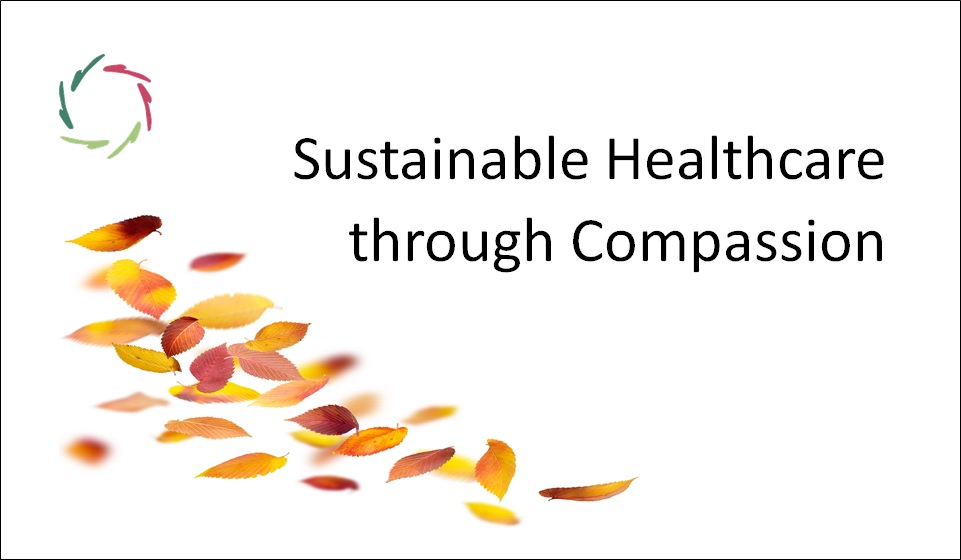
Sustainable Healthcare through Compassion
Without Compassion, it is impossible to see the complex connectivity shaping health and illness. This leads more and more to unsustainable healthcare. Please read [see: “Essence of Compassion“] to get a feel of appropriate un-easiness. That is always a good start towards Compassion. Horizontal, vertical This is one way of looking at health and healthcare. Read the full article…
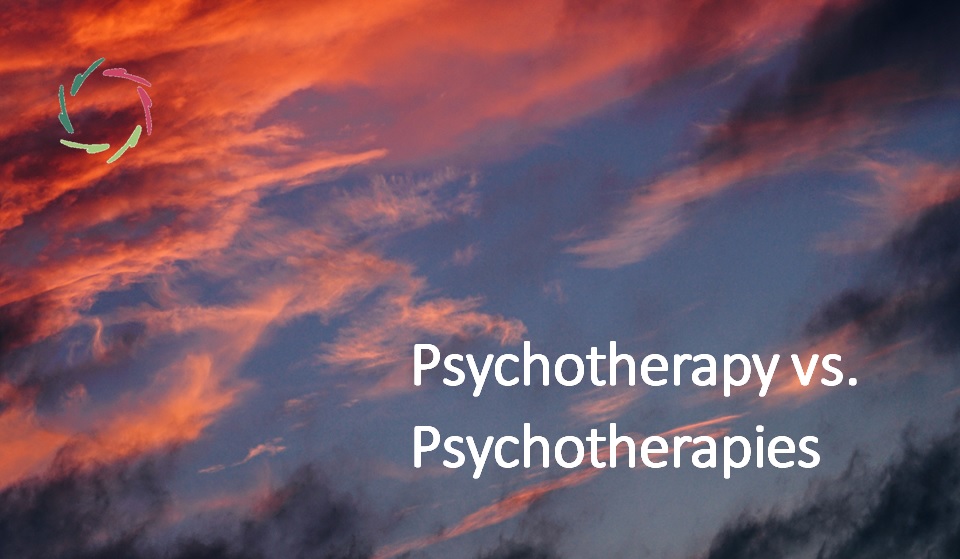
Psychotherapy vs. Psychotherapies
Psychotherapy definitely works! Or is it the psychotherapist? Or the client? Then what about any theoretical model of psychotherapy? Still, psychotherapy definitely works. A good book, probably the best in this matter, is ‘The Great Psychotherapy Debate: The Evidence for What Makes Psychotherapy Work (Counseling and Psychotherapy)’ by Bruce E. Wampold and Zac E. Imel Read the full article…

Psychic Healing?
No way. Anything that clearly works through deception has no place in the AURELIS worldview, whether it belongs to the world of voodoo or of what is wrongfully supposed to be scientific, or anything in-between. The power of the symbolic Symbols generally have a huge power on people. That is one good reason to use Read the full article…

How Active is Placebo?
This is mainly an excerpt from my book ‘Your Mind as Cure.’ [see: “Your Mind As Cure“] At present, this is important especially in the issue of COVID vaccinations. Placebo on pain F.J. Evans [Evans, 1974] studied 22 published scientific studies in which the effect of a painkiller was compared to placebo. He reached extraordinary Read the full article…

Can Lisa Unify Psychotherapy?
Bold question. Please don’t take it too seriously (for the time being). Lisa might help in unifying the domain of psycho-therapy through bringing a detached perspective in combination with an in-depth view upon mental change based on insights from neurocognitive science. Even so, this is only the beginning and the end. What comes between is Read the full article…

Are Physicians Interested in Healthcare?
Sure, they are! Well, up to a certain point. I’m sorry if I hurt any of my colleagues. He shouldn’t be hurt, but take action. The psyche I have encountered many times and am encountering again at present that the psyche – as in ‘psychogenic’ – is a bridge too far for many medical colleagues. Read the full article…

Is Psycho-Somatics Medicine?
Psycho-Somatics is the realm of body-mind-unity in health and healing. The medical take is part of it, not the other way around. About the psyche in health and healing This is about much more than conscious awareness of mind-matters. For instance, one cannot consciously decide for a placebo effect to happen. Also, one cannot readily Read the full article…

Stress Kills
Stress probably kills more people per year than there were casualties during any year of WWII. Yet, to those who should see this, it seems too uncomfortable to do so. Or they prefer not to listen – or not to talk about it. Meanwhile, may you be one of those who will die a stress-death? Read the full article…

Fluid Minds, Brains, Bodies
Minds change continually. Brains change continually. Bodies change continually. According to the chosen viewpoint: with many overlaps or influences. We like to think of ourselves as solid. Daily life gives that impression. We don’t change a lot day after day. We can think of ourselves as we were yesterday or last week, last year, and Read the full article…

Not Stress but Meaning is a Cause of Disease.
Looking at stress – as it is typically conceived – we may be looking over what causes disease and may help us get beyond disease. It is time to change diagnostic and therapeutic directions. One reason for the difficulty of investigating stress as a cause of disease is that it isn’t. Thus, in scientific experimental Read the full article…

To Placebo or Not to Placebo
By definition, placebo is deception. It doesn’t accord to any Aurelian value. This ain’t no easy world for sure. Yep. A much easier world would be one in which one can plainly say: only truth can truly cure, so we stick to that as much as we can (which may sometimes not be very much, Read the full article…
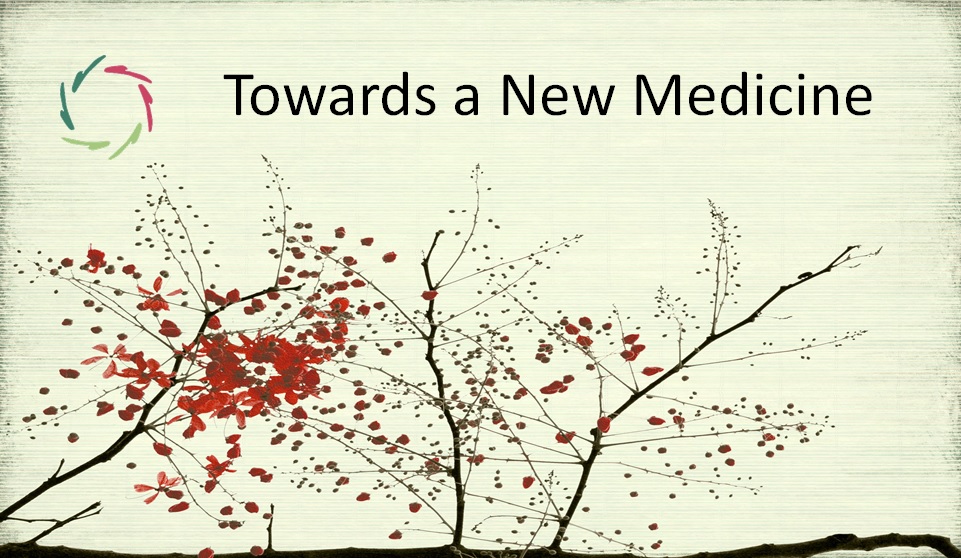
Towards a New Medicine
Comprehensively, based on a new view upon the human being, taking into account that we are more than a Cartesian chimera. New? We do not have to invent this ‘new view.’ It’s been lying around already for a long time. The issue is that it didn’t yet reach medical theory and practice as it should. Read the full article…

Which Mind upon Health?
My mind, of course. Sure, but that is only a fraction of the answer. Conscious and quirky We are conscious of only a tiny part of our mind. While this is scientifically evident, in real life, people generally act and think differently. This leads to many quirky situations. ‘Positive thinking’ is one of them, in Read the full article…

What is Health? – Being Able to Change and Enjoy
Health can be considered as the absence of illness. It was often defined as such in the past centuries. A modern definition of the World Health Organization (WHO) clearly shows another view WHO “Health is a state of complete physical, mental and social wellbeing and not merely the absence of disease or infirmity.” It is Read the full article…

Control-Based Therapy – Profound or Superficial?
A car needs no more than superficial control. An organism instead needs deep control, which may be prevented by superficial control, like the surface reflections of a pond may prevent one from seeing its depth. Life is about controlling the environment. Even more, life is about controlling the inner milieu. Controlling the environment aims to Read the full article…

Why Medicalization Sucks
Medicalization is the untoward appropriation of an issue by the medical field as if from now on, it’s part of the physician’s job description to manage this issue. From a satellite view, one can see that humanity wants to get rid of disease. Each culture considers health as one of the highest goods. So we Read the full article…

Sticky Thoughts
This is the foreword to my book ‘Sticky Thoughts’ that you can find on Amazon (see menu). The purpose of Sticky Thoughts is to bring in a concise way (so that each of them ‘fits on a sticker’) many ideas that may be ‘sticky’ in that they linger on in the reader’s mind. The stickers Read the full article…

Tinnitus: Listening to Your Noise – What Does it Tell You?
Of course, it is your noise, by definition, since it’s not generated in the environment outside you. But it can be even more yours than just through this. Good news, since this leads to possible management from inside out. ►►► WHY read this? An increasing number of people are suffering without satisfactory treatment at present, Read the full article…
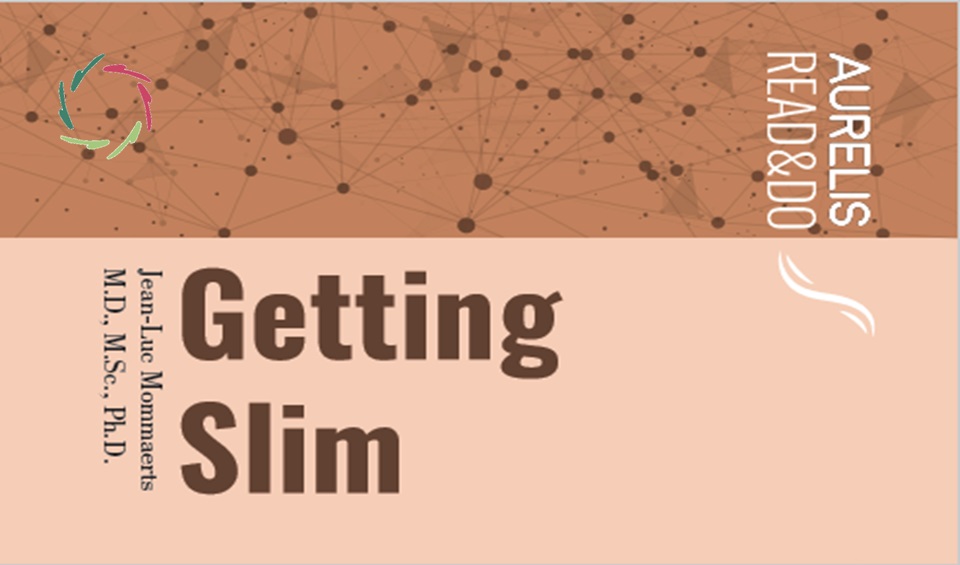
Getting Slim – Read&Do
This is the foreword to my book ‘Getting Slim’ that you can find on Amazon (see menu). Diet after diet Many people go on a diet, yet we know that dieting doesn’t work well in the long term. We may posit that these people do want to lose weight sustainably. Then why do they, again Read the full article…

Can I? Should I? Will I? (in Medicine)
A time of many crises is also a time of many opportunities. In medicine, the challenge is that of a radical turnover. Are we ready? Is medicine ready? ►►►WHY read this? For physicians and patients alike, to go with the flow will lead to a different flow, soon enough.◄◄◄ Physicians used to be magicians. We’re Read the full article…

AureliCare
Yes, yes, yes, I know one cannot change the world through wishful thinking. But one needs to start somewhere. Also, it’s quite romantic to keep trying. ►►► WHY read this? Try and keep trying. Finally, we will succeed together. ◄◄◄ AureliCare is an envisioned healthcare system in which the deeper mind is promoted for what Read the full article…

Takotsubo, Broken Heart
Also called acute stress-induced cardiomyopathy (heart disease) or broken heart syndrome, takotsubo is triggered by intense emotional or physical stress. The heart fails. The patient may die. No, it’s not about my broken heart. Who, when, what (scientific background) First described in 1990, takotsubo has gained substantial attention during the past 15 years, although still being Read the full article…

Mind – Medicine – 2020
The human mind has always been prominent in health matters. In 2020, more than ever. In this text, I talk about the ‘mind’ to denote not only conscious awareness but the totality of meaningful processing that goes on mainly (not exclusively) in the brain and that, with an open eye, we would readily see as Read the full article…

Whirlpool of Disease
A whirlpool is a state in which much energy comes together, leading to a non-natural flow. A new order is created at the expense of the surroundings. This is probably central to most ‘disease.’ Life is a search for equilibrium. In the midst of a universe that searches for entropy (disorder), life is but a Read the full article…

Is Social Nocebo Real?
Can culturally engrained convictions have a significant impact on the health and wellbeing of many individuals? About placebo A person can have a placebo effect all by himself by being convinced that something is helpful, but by itself, it is not helpful at all. This way, for instance, a sugar pill can be a ‘painkiller.’ Read the full article…

The Disease and the Reality
Disease differentiates the healthy from the diseased. Reality is much fuzzier. Continua In another blog text, I described diseases as – at least in many cases – continua rather than binary entities. [see: “A Disease is a Continuum, Not an Entity“] There is also a continuum from healthy to ‘diseased.’ I also wrote about disease Read the full article…

Psychotherapists in AURELIS setting
Looking into my crystal ball, I see many changes coming gradually from the future towards psychotherapy and psychotherapists. One thing is for sure: It will be exciting. See also Aurelis Coaching Institute. I write this text from an AURELIS/Lisa standpoint. My crystal ball is nice to me. It shows me the future in these terms, Read the full article…

Sveltitude
is an attitude. More precisely, it’s an element of an attitude of just-enough. Moderation. Just-enough to be healthy and focused. Just-enough to optimally be. Spirit of Sveltitude Sveltitude is a mental attitude, a vision of what is qualitatively meaningful. It’s not so much about how much you weigh, but how much you ‘weigh upon’. Thus, Read the full article…

Placebo Based Medicine
Alternative medicines – whether or not called ‘complementary’ – are not to be dismissed just for being alternative but to the degree that they are based on placebo-as-a-lie. Placebo >< empathy I see a huge difference between both at a conceptual level, transcending terminology. [see: “Empathy: What it Was, Is and… Will Be?”] This text Read the full article…

Euthanasia Is Not an Execution
so don’t treat it as one. [see: “The Final Transition”] At the day of this writing, a friend of mine ‘committed’ euthanasia. His decision was understandable. He wasn’t a very close friend, yet it was/is somewhat traumatic. The days and hours before, it felt quite like execution was going to take place. Nobody mentioned the Read the full article…

Psyche, Soma, AURELIS
Let’s dive into it head-on today. The influence of psyche (mind) on soma (body) is probably huge and AURELIS can mean immensely much in this. ‘Not knowing’, doesn’t mean ‘knowing that not’. There are still enormous gaps in present-day medical knowledge. Of what seems to be certain today, a lot was not certain yesterday. A Read the full article…

Power of Placebo < Autosuggestion
The placebo effect is well known, but not well understood. Many explanations have been suggested, including belief, hope, classical conditioning, expectation, endorphins, and the meaning response. All boil down to autosuggestion , in the sense of ‘communication with the nonconscious’. [Note that I published about this myself in a high-level medical scientific journal: Mommaerts JL, Read the full article…
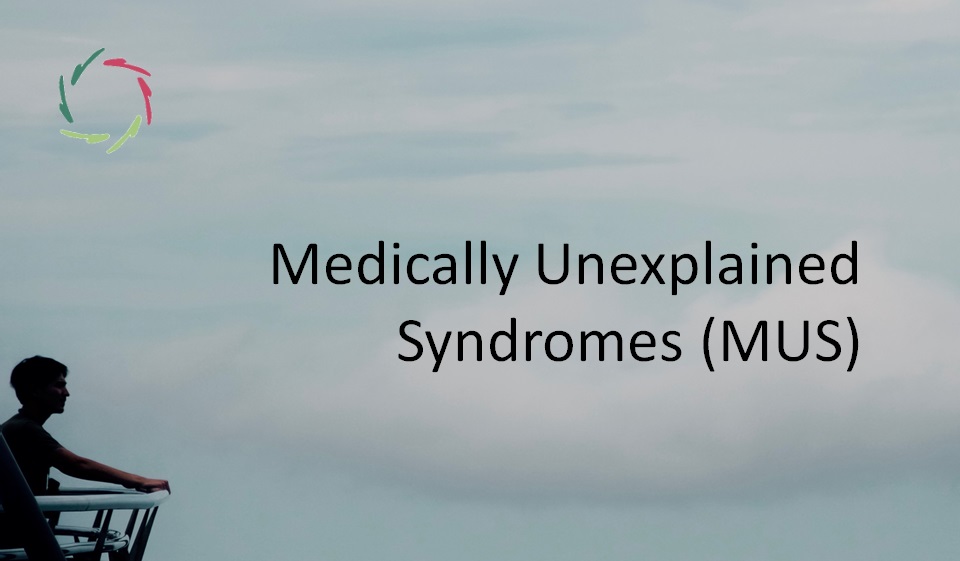
Medically Unexplained Syndromes (MUS)
Being very common, MUS-patients need recognition of their suffering, a good relationship with their physicians and others, a sense of control and a proper action plan. Needed foremost towards this is a realistic understanding of mind=body wholeness. [This text is the result of a small literature research by me in top medical journals. This is Read the full article…

Addiction: in Search of Deeper Meaning
Always. Behind every addiction lies deeper meaning. Its power comes from its deeper meaning, which is intrinsically bound to the addicted person himself. However, its form is alien. This way, the addicted person is very much trapped… by himself. This presupposes internal dissociation. A more dissociated person is thus probably more prone to addiction. [see: Read the full article…

A Disease is a Continuum, Not an Entity
Medical textbooks generally list diseases as crisp entities. This may be OK in a book, providing exemplars of reality. However, real reality is different. This has several far-reaching consequences. To be or not to be? Many diseases – if not all – are not binary conditions. To be or not to be, is not the Read the full article…

Symptom = Problem?
A ‘symptom’ is primordially just an issue that you give some of your attention to. It only becomes a ‘symptom’ when you experience it as such. The reason why we see a psycho-somatic symptom as a problem is because we see it as some kind of entity that doesn’t really belong to who we are. Read the full article…

From Placebo to Insight
… there should be a gentle slope. Not a downfall. (This text is not about what concretely is or is not a placebo.) Gentle slope – principle Many people do depend on their placebo, like a kind of crutch. To abruptly take this crutch away can have negative results: people fall and break another leg. Read the full article…

Feeling Better or Being Better
Do you want to work on feeling better in this world, or rather feeling OK in a better world? This is a moral choice A better world is a world of better persons, including you. It’s not a world, of course, in which you necessarily feel worse. Still, you might even consciously choose for such. Read the full article…

Addictive Behavior = Communication
ADDICTIVE BEHAVIOUR = SYMPTOM = SYMBOL Addictive behavior (overeating, smoking…) is a symptom, comparable to other symptoms. So you can approach it – just like all other symptoms – in 2 ways: the symptom as a not-symbolic entity. In this case, the behavior is something that you just want to get rid of as quickly Read the full article…

Order out of Chaos?
Something can appear chaotic while containing an inherent order. In this case, the ‘chaos’ is possibly very important. People have a natural aversion to chaos. This may even be seen as a general characteristic of life: in defiance of a universal ‘fall towards entropy/chaos’, life stitches together a living space of order. Life, in this Read the full article…

If it works, then it’s OKAY?
This is definitely not sufficient. You need to know what works and towards what. Nothing works without a ‘towards what’ For instance, a hammer doesn’t work unless you use it towards some purpose. If you use it as a paperweight, then that’s the purpose, towards which the hammer probably works. Without a ‘towards what’, the Read the full article…

Difference between Fear and Anxiety
Very briefly: fear is concrete – anxiety is symbolic. One can have fear of a lion just escaped from the zoo, or of the sound of approaching footsteps along a dark and lonely street in a strange city. The object of fear is always readily nameable. The fear itself is always readily relatable to by Read the full article…

What You Can ‘Learn’ from Your Symptom
People ask me this because it regularly appears in AURELIS. Actually, it’s already present within the last two letters, standing for Inner Strength. Symptom as communication ‘from deep inside’ To the degree that your symptom is psycho-somatic – as most chronic symptoms are – it’s present because deep inside yourself, something deserves attention. Something is Read the full article…

A Taste of Pain
Pain is not always easy to ‘endure’ if you necessarily want to ‘endure’ it. There are only 4 basic tastes (or 5, if you count in ‘unami’) that we can distinguish on the tongue: salty, sour, sweet and bitter. All other flavors that we taste with the tongue are somehow combinations of these 4. Makes Read the full article…
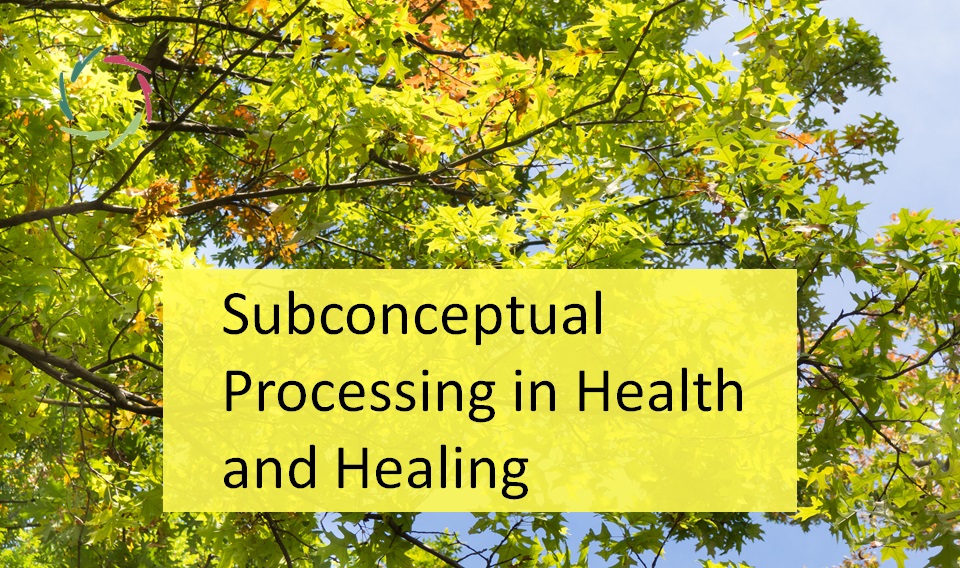
Subconceptual Processing in Health and Healing (From My PhD Thesis)
People worldwide face enormous healthcare problems for which the more resources we focus on solving them, the worse they become. Many solutions give temporary relief, followed by further deterioration. [see About ‘Subconceptual’] Some examples are depression, obesity, psycho-somatic disorders and drug addiction. Looking at pharmaceutical drugs. In spite of the general view that these cure Read the full article…

Possible Meaning of AURELIS in the World
AURELIS is a way of standing in the world, a way of ‘being’, or at least: an attempt to this end. Nobody is perfect, thank God. You could consider AURELIS as a form of ‘therapy’. Then it becomes a part of health care. People have problems/needs and they are trying to find a solution. On Read the full article…

‘Control’ Is Not the Answer
In a search for direct ‘control’, people tend to lose more and more a deeper kind of control. This may result in a turmoil leading to problems in health and beyond. For instance, trying to ‘control’ an addiction This makes one fight a huge fight against… oneself. An addiction is not a strange dark spot Read the full article…

Grinding Yourself into Disease and Out Again
A unidimensional, linear way in medical causal thinking leads to many mounting problems in psychosomatics. Self-perpetuating patterns may lie closer to reality. Old way : serial thinking As a child, I had bronchitis several times. Mother phoned. The physician came. Physical examination and a few questions. Two or three medications, one of them being antibiotics. Read the full article…

From Grief to Growth
There can be positive elements in grief – if you open yourself. The death of a person – the death of an idea – the death of a relationship – even the death of a hoped-for electoral outcome… One should not get rid of grief or bypass it. Yet what regularly happens, is that a Read the full article…

Six Steps Every Drug Addict Could Take
Psychology should ALWAYS be part of managing an addiction: not just fighting it but really managing it in due respect for yourself as a ‘total human being’. Thus, in every case, if you want to overcome an addiction, it’s good to take the psyche into account. First step: it’s you. Within the totality of your Read the full article…

Think Yourself Slim.
If you want a slim body, it’s better to start with a slim mind. You want to fully enjoy eating and you want to slim down… Of course, slim people eat too. They may even enjoy eating. They only don’t eat too much (calories), in the long run. So what is the real job if Read the full article…

How to Prevent Your Next Heart Attack – Using Your Mind.
This piece of ‘reverse causality’ might save the lives of millions… including yours. In the US, there are 8 million visits to Emergency Departments for chest pain yearly, while +/- 1.200.000 people have a heart attack, of which 40% end in death. May a mental procedure alleviate much of this suffering? And may it save Read the full article…

How to Take Your Painkiller – Mindfully
The placebo effect of painkillers is high. Moreover, you can enhance it for yourself. Note that a psychological effect is of course as real as any other! The placebo effect of painkillers generally amounts to half the experienced effect. Thus of the diminishment in pain, half is pharmacological, half psychological. This is true for an Read the full article…

Morality in Healing
The morality of healing lies in becoming a whole – healed – person. An in-dividual = un-divided. Ethics is involved in healing. Not only in why and how, but in the actual healing itself. This would not be the case if healing were always as simple as attaining a prior state of health. But since Read the full article…

What Every Pedophile Should Know
Do not condemn yourself for any inclination. I hope you can get beyond whenever appropriate. ‘Pedophilia’ is an inclination. The same term – but a very different thing! – Is also used to denote an acting out of this inclination. If you are a pedophile reading this text, I hope your prime intention is not Read the full article…

Is There Coherence in Heart Coherence?
On a basis of meditation, heart coherence claims to make the heart rate more ‘coherent’ and through this coherency, to positively influence health and well-being in many ways. It’s nice to say that the heart is important. Many people love it and heart coherence does say so. According to me, its further claims are unsubstantiated, Read the full article…

Placebo Is Not Good for You
Even if a placebo may appear to help at short term, one should always look further. For a long list of ‘placebo side effects’, click here. For an article by me on ResearchGate: [see RG: ”Placebos have many ‘side-effects’“] Placebo is generally limited to relieving symptoms, as by the way also do most regular medications Read the full article…

Double-Blind in the Balance
Double-blind studies are under siege and rightly so. Let’s heighten the standard. See also my scientific article: Serial Treatment Assumption Testing (STAT) Towards Better Evidence for Evidence-Based Medicine. A double-blind study compares a group of people undergoing an active medical treatment with a group that – apart from the therapeutic effect – receives an almost Read the full article…
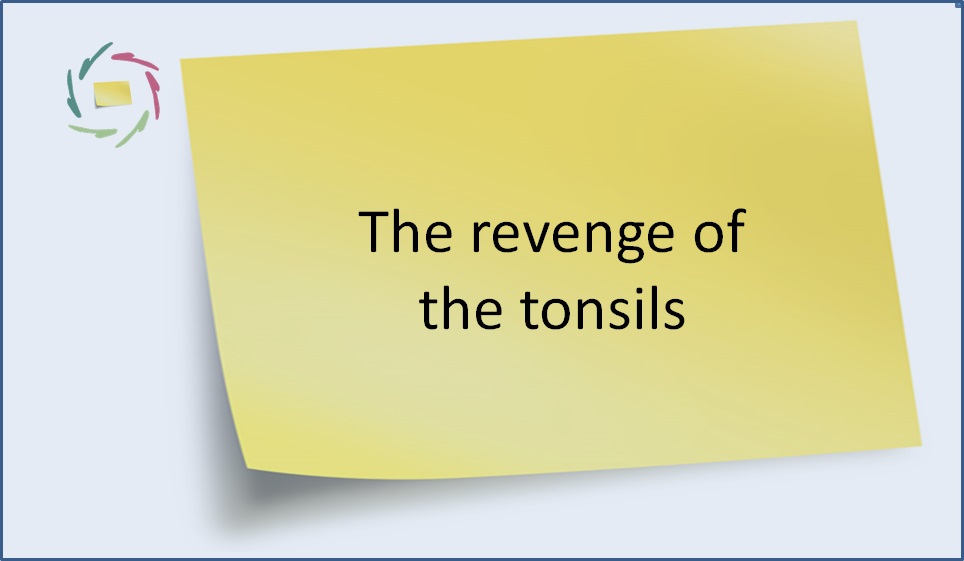
73. The revenge of the tonsils
Things may appear rational, but that’s no guarantee that they are. Sometimes, I mean most of the time, we are not aware of this as much as we should. The result is that we live in a very irrational world and are not even aware of it. The house of Homo Sapiens is a house Read the full article…
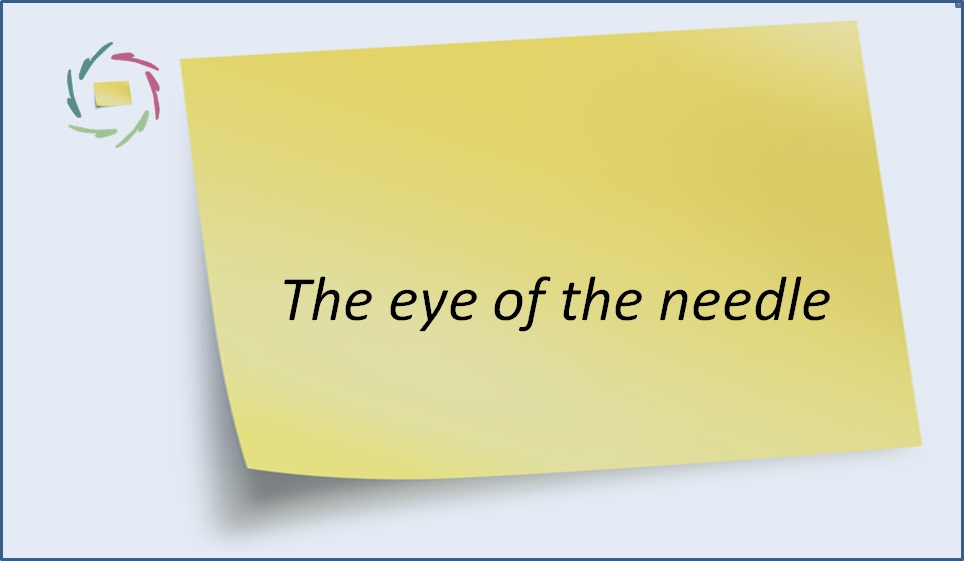
71. The eye of the needle
Experimental scientists want to ‘prove’ the effect of acupuncture by using their experimental scientists’ schemes. What has come out of the experimentation with acupuncture is that it works… sometimes. ◊◊◊ Even so, if one doesn’t care exactly what works, then the case seems to be in favor of the needlers… sometimes. However, if one goes Read the full article…
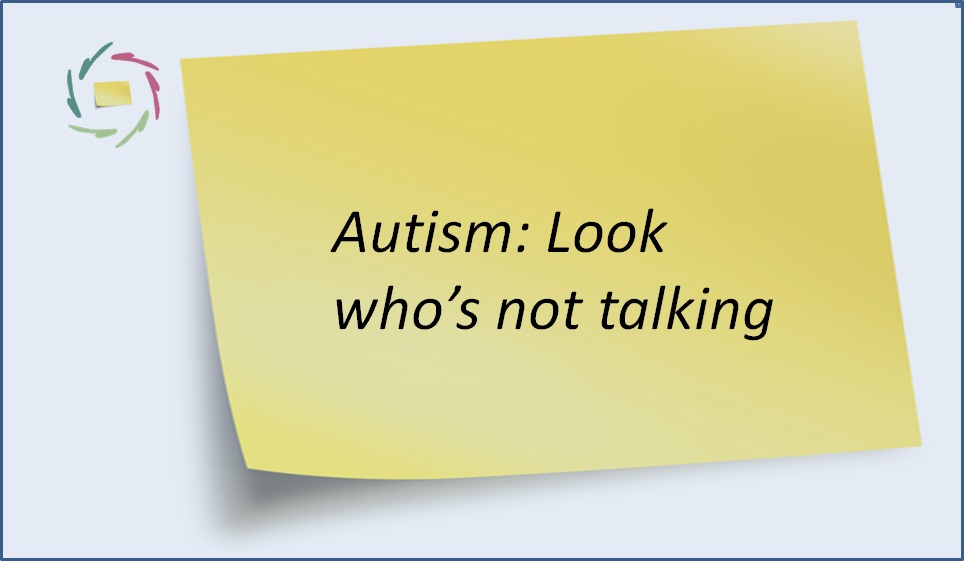
62. Autism: Look who’s not talking
I’m ashamed to live in this age of disgrace. ◊◊◊ As with all ‘categories’ that are no real categories but only feable attempts to uphold an idea of ‘knowing’, there are of course many causes of the phenomenon called ‘autism’. Sure there is genetics involved as well as several physical environmental factors. Is this not Read the full article…
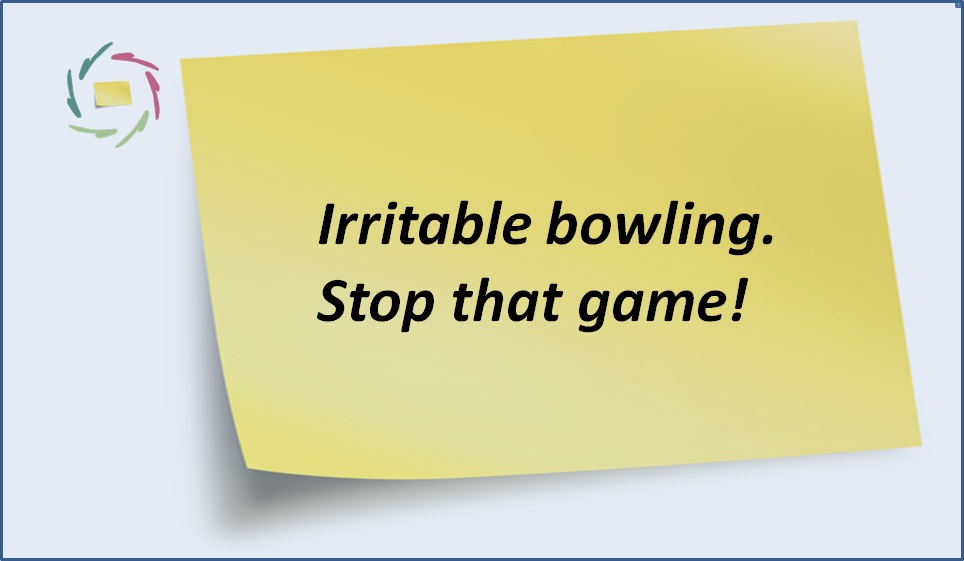
59. Irritable bowling. Stop that game!
On average 10% of patients attending a GP are seeking advice mainly for symptoms of irritable bowels. A gastroenterologist sees up to 30% of his clientele suffering from this. Yet the painful truth for the people suffering from this painful condition is that medicine has no substantial answer to this. There is really a lot Read the full article…
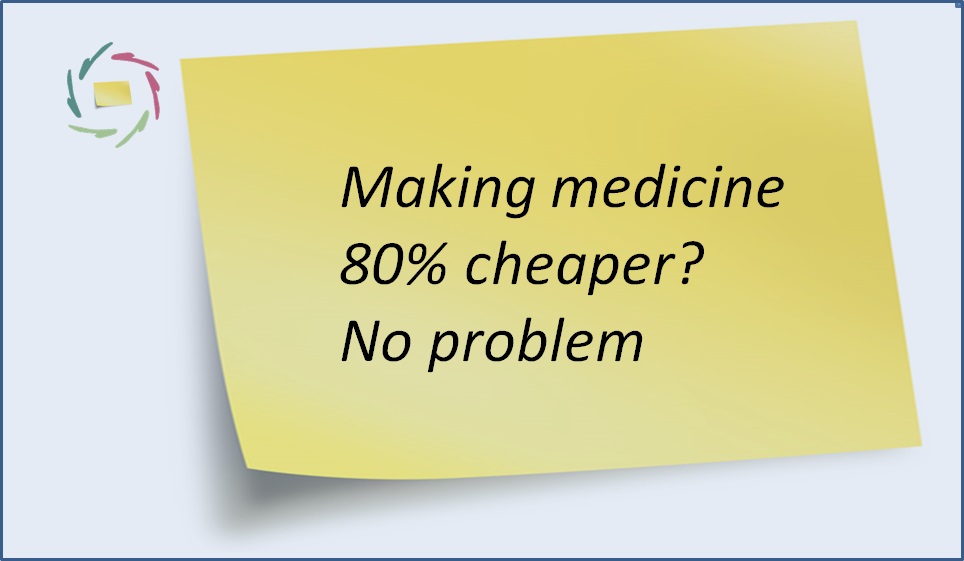
55. Making medicine 80% cheaper? No problem
Health is money (and vice versa). At least, that seems to be the message if you read the world in a pharmaceutical company’s handbook. The problem is that money is to many people still a rather scarce commodity. In the US, 30% of personal bankruptcies are due to the out-of-own-pocket costs of medical care. In Read the full article…
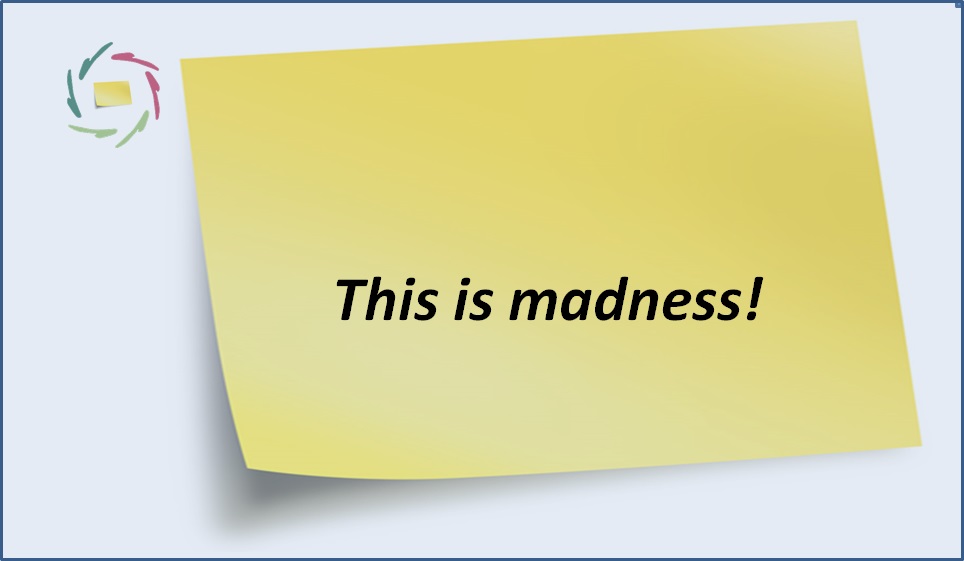
54. This is madness!
I have to confess. I have spent 2 years in psychiatric hospitals… in acute care (acute delirium, psychosis etc.) as well as in long-term psychiatric wards (chronic schizophrenia, dementia…). I have direct experience in how it is to be there, the ups and downs, the longings, the treatments. All of it. ◊◊◊ If you haven’t Read the full article…
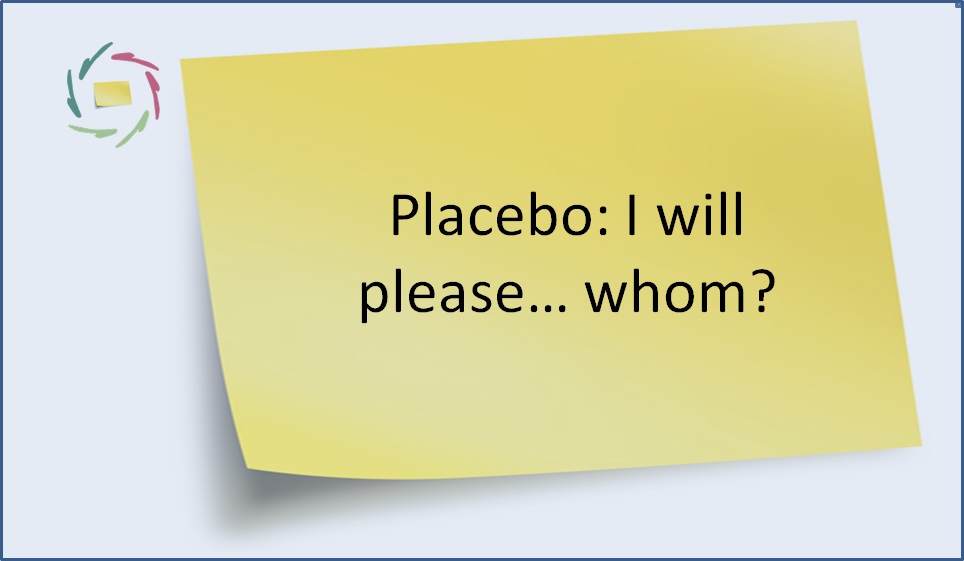
50. Placebo: I will please… whom?
Let’s journey a bit on the well-known placebo-effect: getting better from medication until you discover it’s a sugar pill or otherwise doesn’t work in itself. You have probably heard of it. But do you think it’s far from you sickbed? Think again! There’s no medication coming on the market unless it’s been scientifically compared to Read the full article…
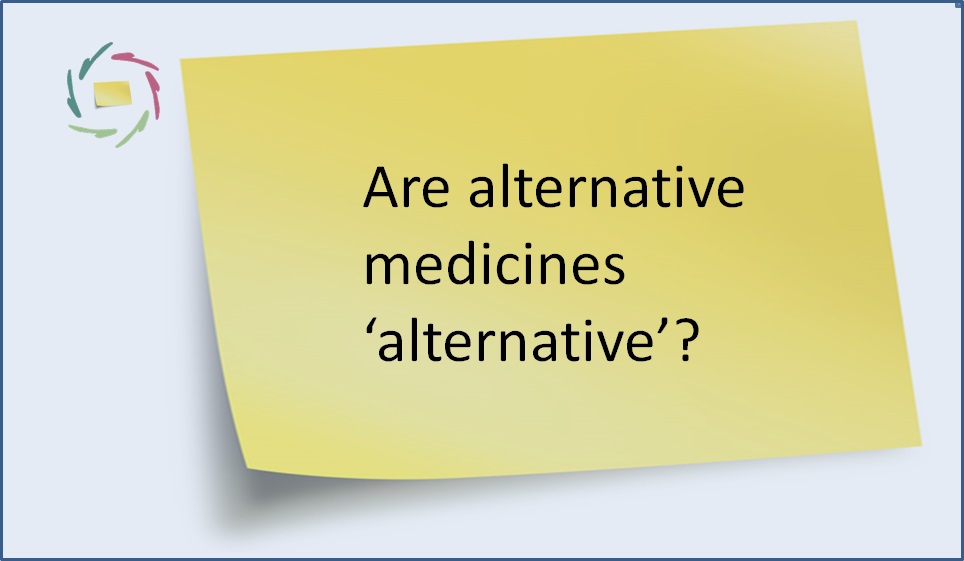
47. Are alternative medicines ‘alternative’?
In this age of rationalism and self-declared enlightenment, ‘alternative medicines’ (AMs) are seen by most adepts of ‘non-alternative medicine’ (NAM) as those kinds of medicine that are not based upon precious science, in contrast to NAM. And that is indeed very true. If something from an AM or even a complete AM can be scientifically Read the full article…
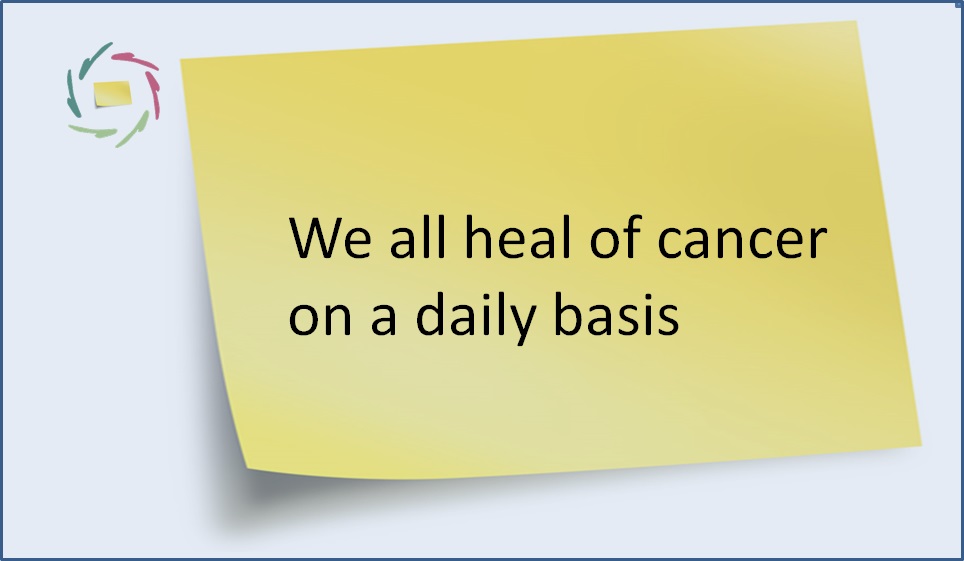
45. We all heal of cancer on a daily basis
In a simplistic view upon cancer, everything is very straightforward: there is a cell in your body that degenerates into a cancer cell and starts to multiply very quickly. Indeed, much more quickly than all its healthy sister cells. At first, this passes unnoticed of course but in due time, the growth is discernible and Read the full article…
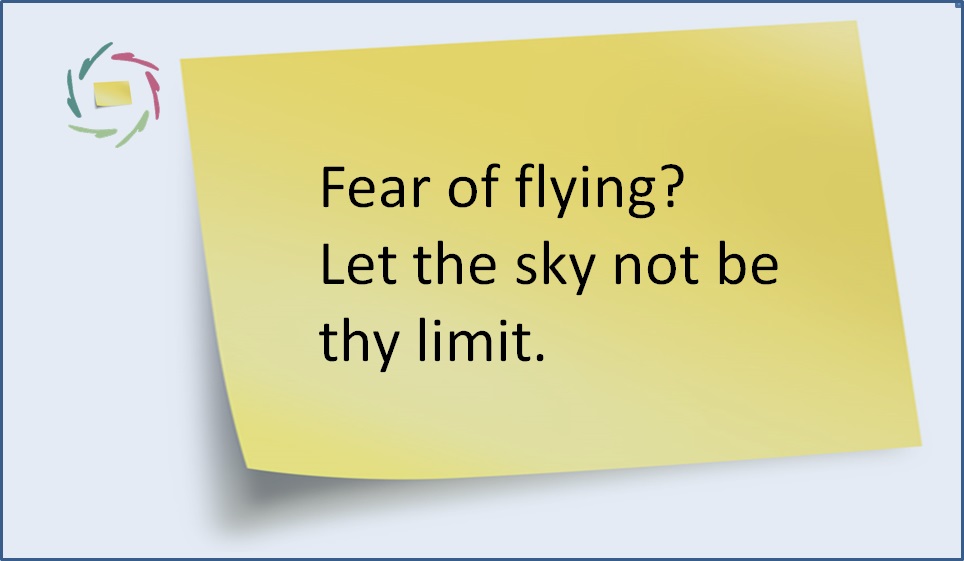
35. Fear of flying? Let the sky not be thy limit.
The world is becoming smaller and smaller. Airplanes are getting bigger and bigger. Only fear of flying remains the same. This means that more and more people are in a position that they need to fly, or would like to fly, but are afraid to. The airport is their closed door. ◊◊◊ I have good Read the full article…
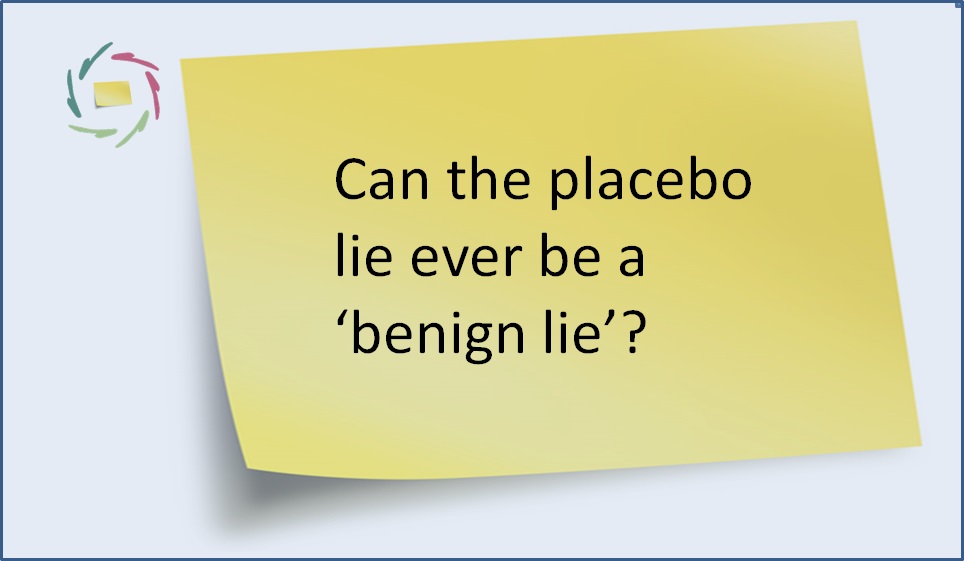
32. Can the placebo lie ever be a ‘benign lie’?
‘The truth and nothing but the truth, so help me God.’ ◊◊◊ The existence, indeed almost omnipresence of placebo has weird consequences. One of them is that serious people are now asking whether the above saying is valid or not for medicine in the broadest sense, as it is in jurisdiction. ◊◊◊ Indeed, the issue Read the full article…
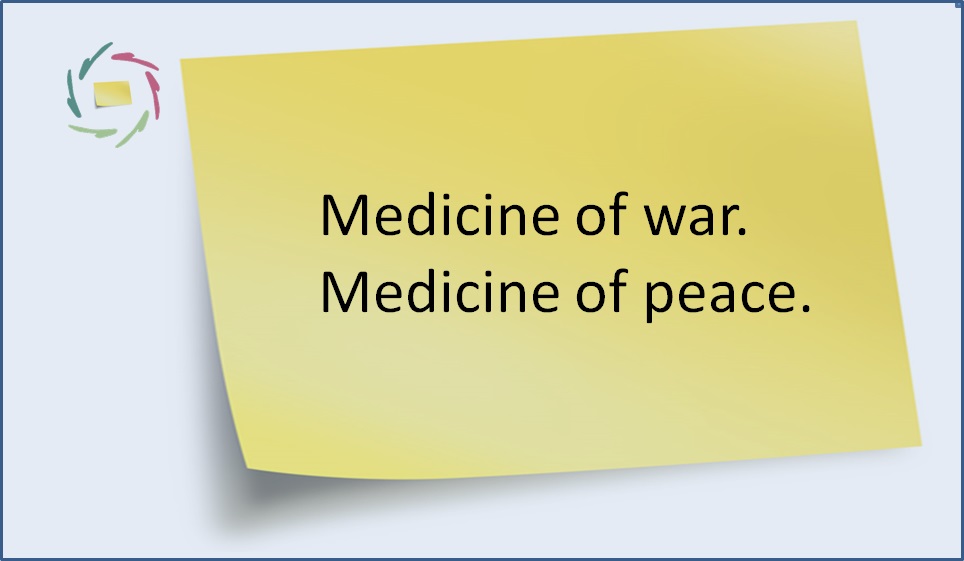
27. Medicine of war. Medicine of peace.
Present-day Western medicine is based on the philosophy of war. Diseases are the enemy that has to be attacked as effectively as possible. The weapons to do so are medication, surgical procedures, etc. Behavioral therapy in its pure form is the psychological ally in this continuous battle. The goal is to get rid of the Read the full article…
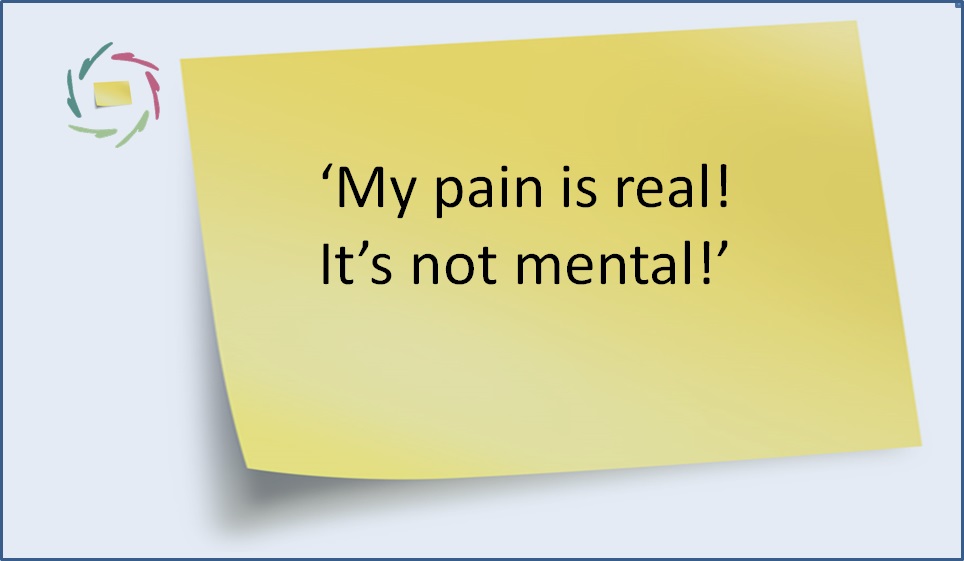
26. ‘My pain is real! It’s not mental!’
The outcry in the title is the result of a way of thinking that, sadly enough, still pervades our culture very much. It is as if what is mental cannot be real at the same time. This seems to be very deeply ingrained, so deep that many people don’t even question it at any time Read the full article…
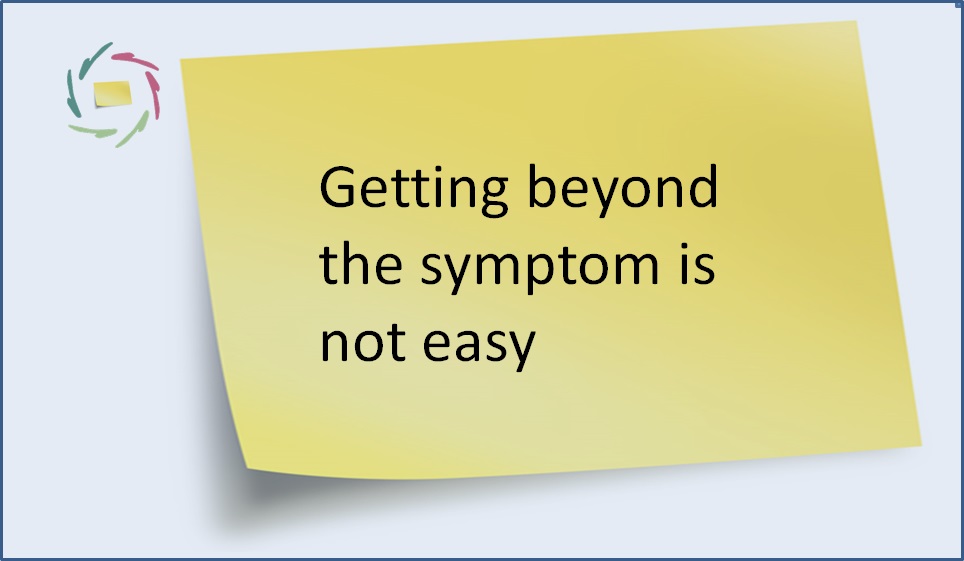
25. Getting beyond the symptom is not easy
In another of these ‘sticky thoughts’, I explained that most medications work only symptomatically. This is: they relieve symptoms and this only as long as you take them. If you stop taking them, then either your symptoms return, or you have self-healed in the meantime. ◊◊◊ This is logical, since going beyond the symptom is Read the full article…
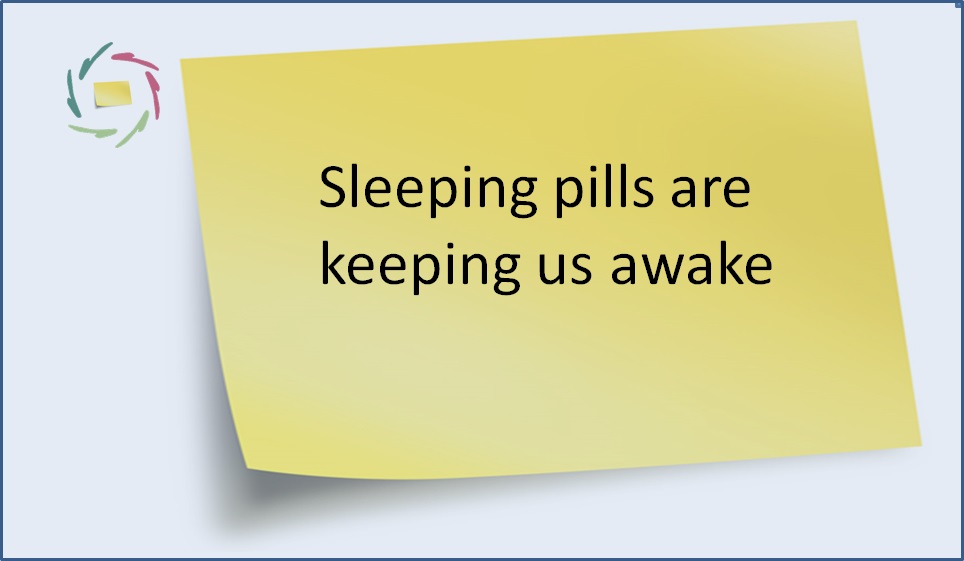
23. Sleeping pills are keeping us awake
Worldwide, many tons of sleeping pills are taken each year. A huge number of people take it on a chronic basis, while it is well known that the effect disappears after 3 weeks. Why is this? A question that may truly keep one awake. ◊◊◊ The answer, which is an answer-in-three-stages, may keep one awake Read the full article…
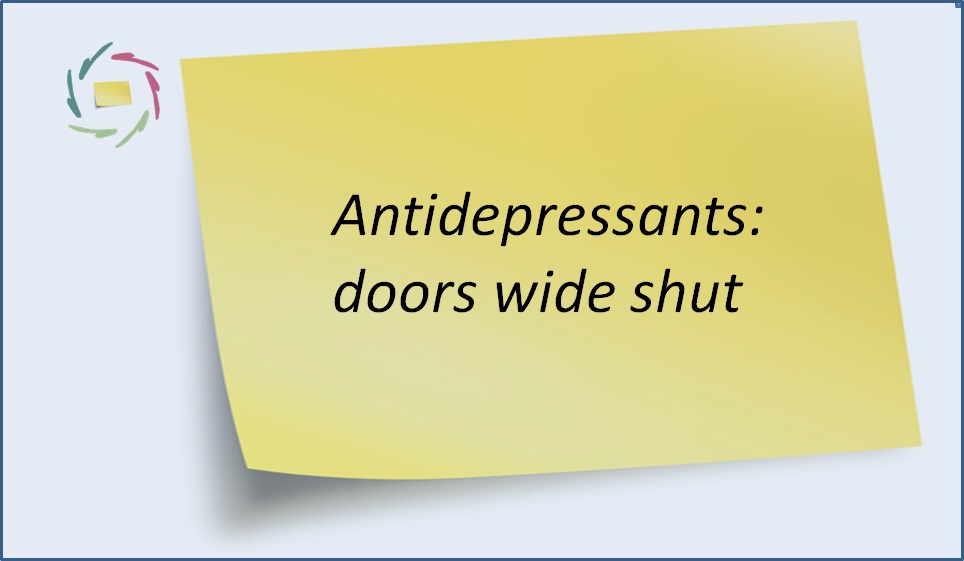
17. Antidepressants: doors wide shut
Antidepressants have not been invented. They have been discovered. It happened through people taking drugs for another purpose. Some of these reported a diminishment in feelings of depression. ◊◊◊ As one says, the rest is history. ◊◊◊ Looking closer at it, the aim of that what has been discovered, is to indiscriminately diminish the suffering. Read the full article…
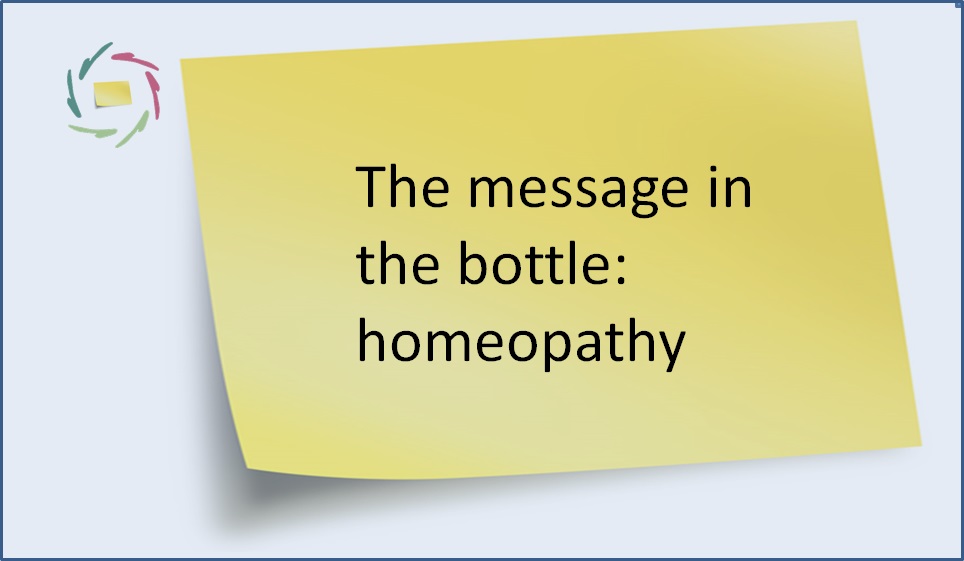
15. The message in the bottle: homeopathy
Classic ‘pure’ homeopathy: one takes a number of drops of ‘messaged’ water and gets better. That’s what we are told and guess what, it’s true indeed. ◊◊◊ What is also true is that the person not only takes the water, but also ‘takes’ the expectation that this water will help him. Question: which of both Read the full article…
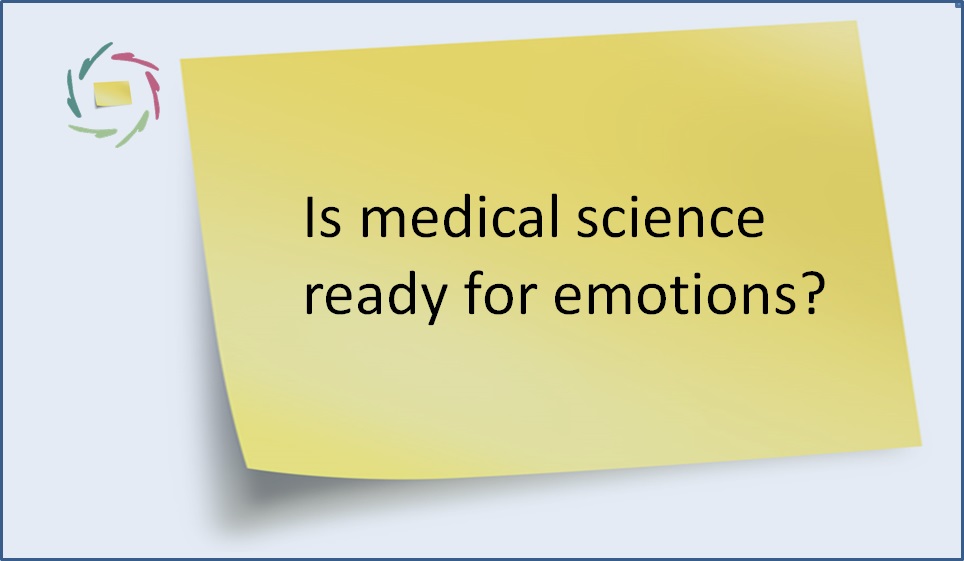
13. Is medical science ready for emotions?
Emotions and health: in the agelong history of medicine, there has seldom been any doubt about the influence of the one on the other. Still, although it may well be of the utmost importance to us all, we don’t see medical science reach many definite conclusions on this domain. So: is the problem in the Read the full article…
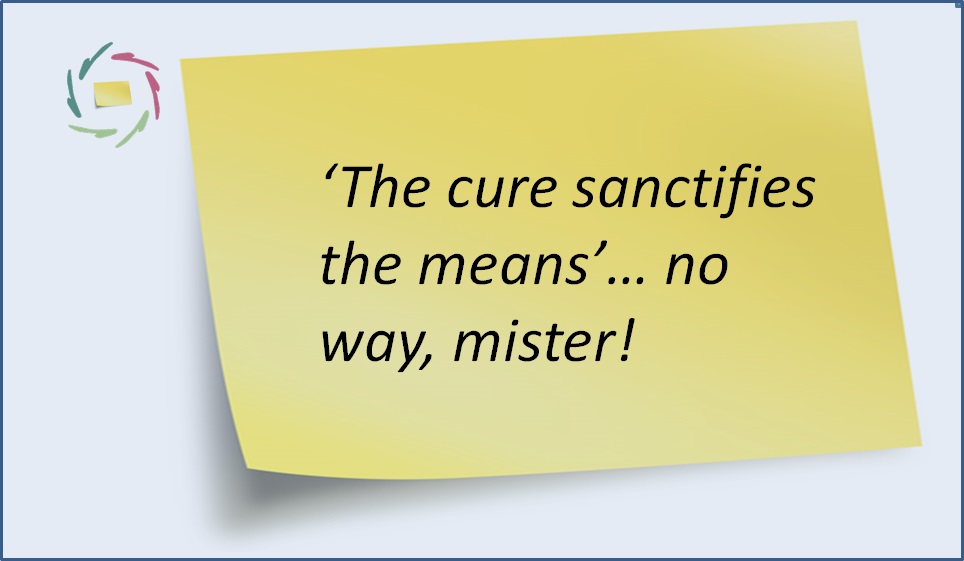
12. ‘The cure sanctifies the means’… no way, mister!
‘I don’t care how it works, as long as it works.’ Western society is obsessed with ‘things that work’. We like to see distinctive results. It gives us a sense of achievement, control and if possible also progression towards ‘a better world’. ◊◊◊ I couldn’t agree more: it should work! ◊◊◊ At the same time, Read the full article…
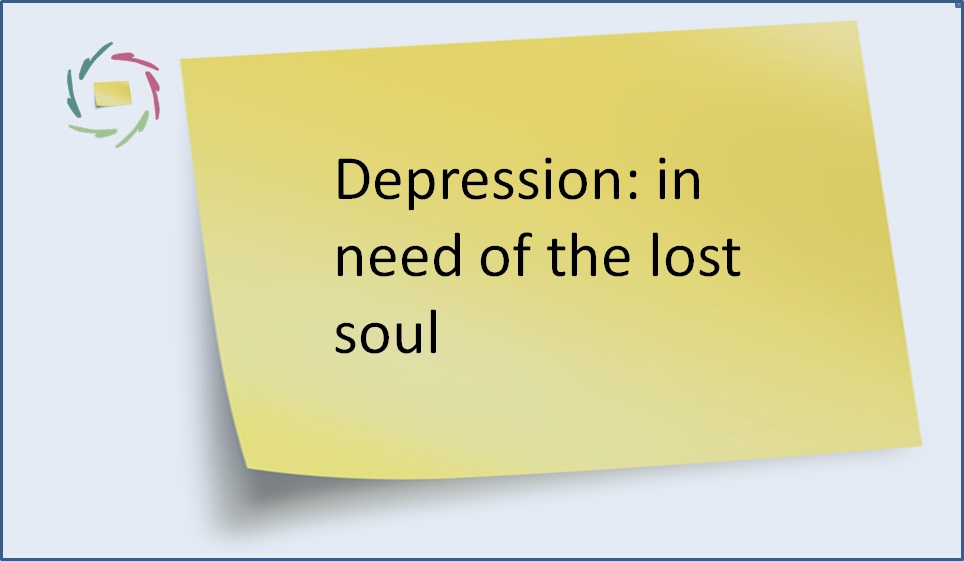
11. Depression: in need of the lost soul
According to medical textbooks, depression is defined on the one hand as a number of symptoms: seeing the future bleak, having profound feelings of guilt and hopelessness, appetite and sleep disturbances etc. On the other hand, it’s looked upon as a hormonal or brain transmitter disorder. ◊◊◊ So we have the symptoms and we have Read the full article…
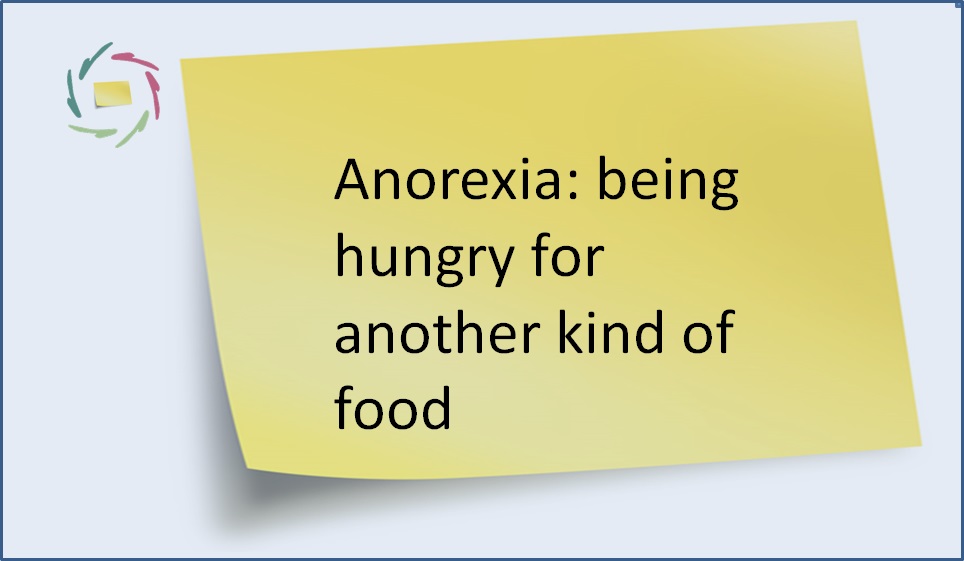
9. Anorexia: being hungry for another kind of food
Hypothesis: an anorectic is someone who is in dire need of ‘soul food’ and because this is not available, enacts this deep need into not taking any other food either. ◊◊◊ This doesn’t make every anorectic a kind of saint, unless you assume that in the end we are all ‘saints’. What’s in a word. Read the full article…
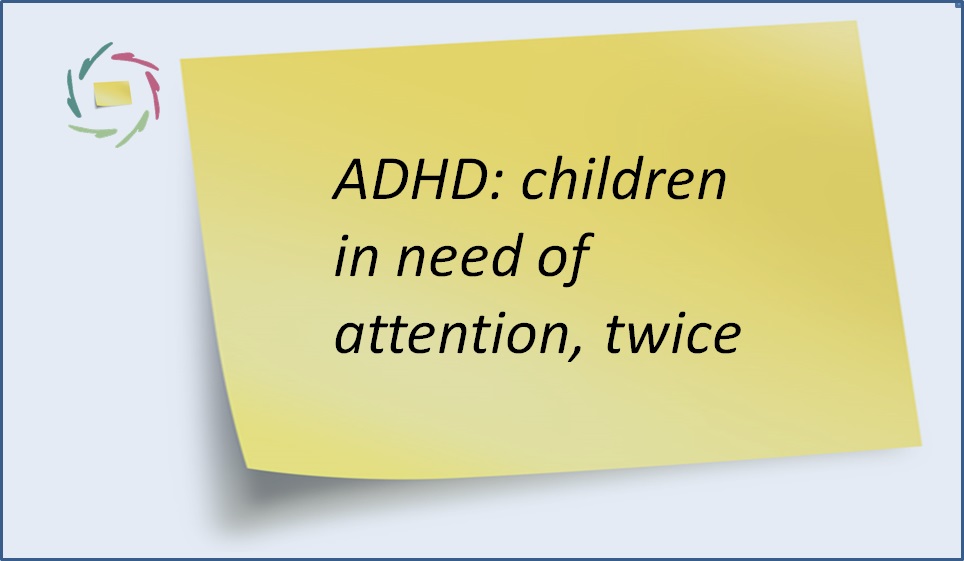
8.ADHD: children in need of attention, twice
‘Attention’ is a very strange phenomenon. At first sight, and as far as we are normally used to think about it, it’s very easy. One focuses one’s attention on something to some degree or not at all. That’s all there is to it, no? ◊◊◊ No. Pay attention now. ◊◊◊ To make this clear, compare Read the full article…
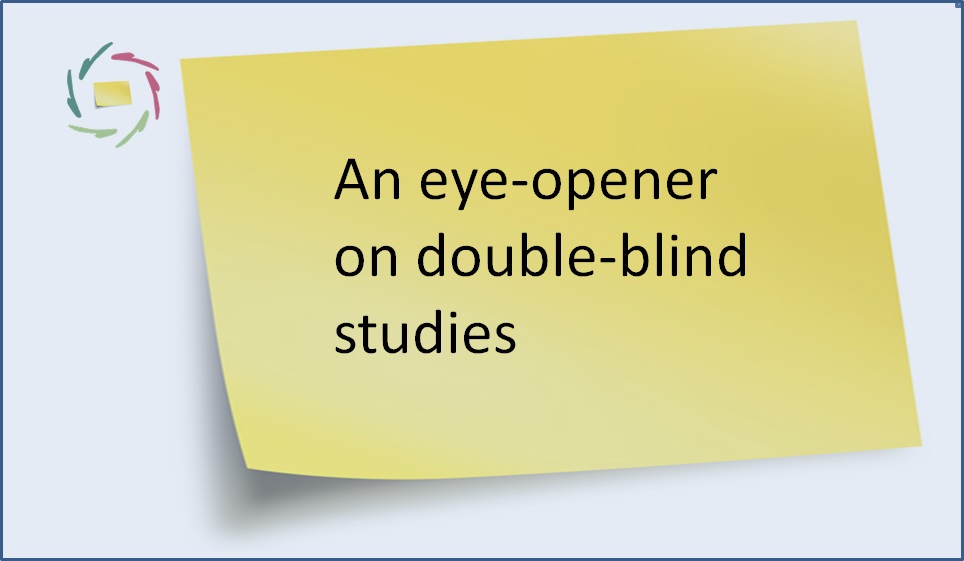
7. An eye-opener on double-blind studies
The core of present-day scientific medicine is more and more boiling down to ‘evidence based medicine’ (EBM). The essence of EBM is double-blind studies: comparing a new supposedly-active substance to placebo whereby both prescriber(s) and patients are ignorant (‘blind’) in regard to whether they get placebo or the ‘active’ substance. ◊◊◊ Nice. ◊◊◊ Everything (really: Read the full article…
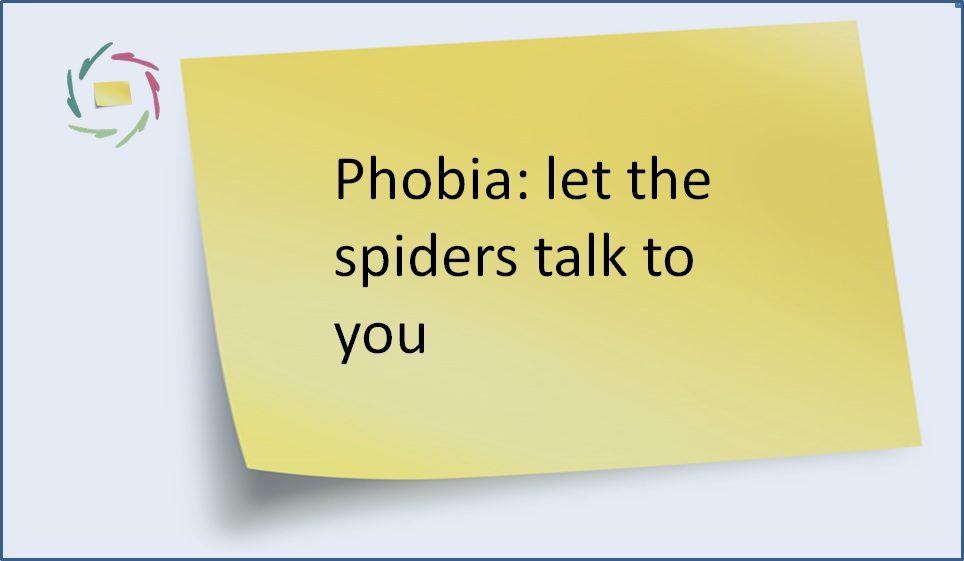
6. Phobia: let the spiders talk to you
If you have a phobia for spiders and you go to a therapist, there’s a big chance that he will subject you to a ‘systematic desensitization’. This is: you are gradually brought into contact with ‘spider’ until you can stand its presence or even touch the real thing. Simple procedure, no? And doesn’t it work? Read the full article…
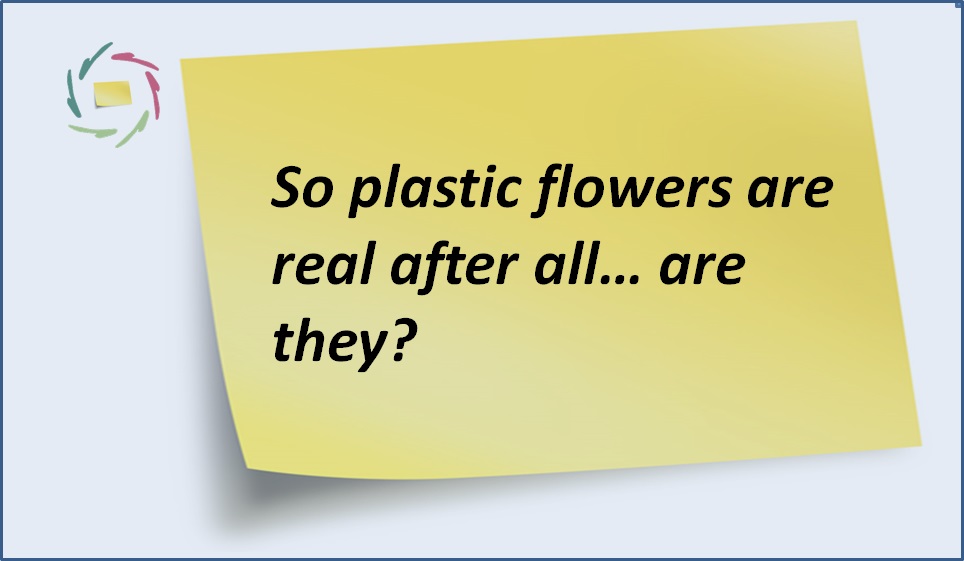
4. So plastic flowers are real after all… are they?
Good to know (yet not a recent finding) for all asthmatic patients: you can seemingly get an asthmatic attack through contact with a plastic flower or even distilled nebulized water (*). It may surprise you at first, but this is extremely good news, since it means that the relation between allergen (the thing you react Read the full article…
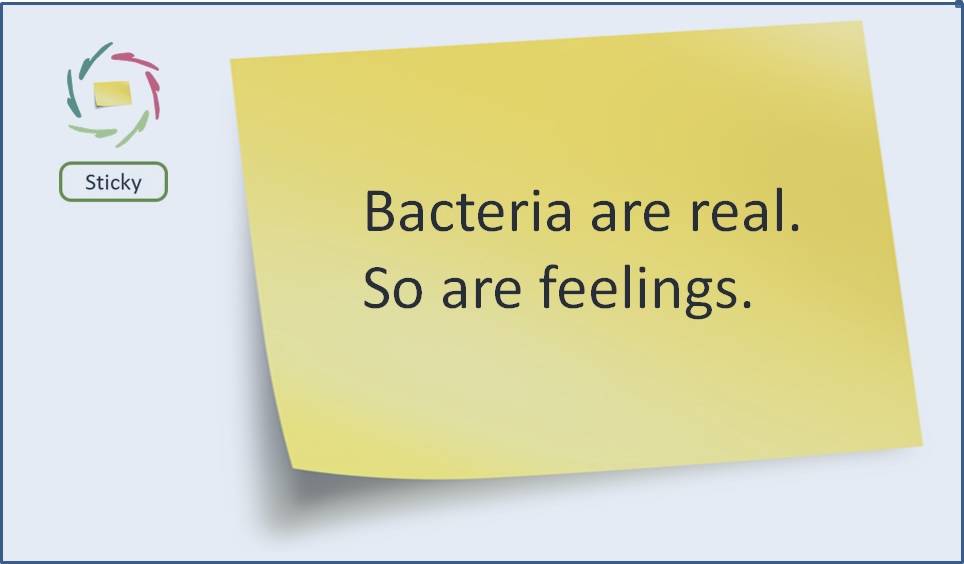
1. Bacteria are real. So are feelings.
Stomach ulcers are caused by stress. No they aren’t. Yes they are. No they … Do you also get the idea that people see what they want to see in this? Since scientists are people, that is true for them as well. ◊◊◊ In human affairs, there’s always something for everyone. So people who want Read the full article…

Saving € 1 trillion in healthcare
Western medicine circumvents the mind way too much. The financial consequence of this is straightforward. Most researchers agree that the reasons why people consult their physicians are frequently psycho-somatic. This means that mind and body are involved. Or otherwise put: that the issue can be seen from a mind perspective as well as from a Read the full article…

Psychosomatics in $$
This text contains crude approximations. Nevertheless, the information may altogether give some idea that, according to me, is realistic. (numbers are taken from Health System Tracker, a trustworthy source if ever there is one) Fact: the projected healthcare costs in the US accrue to $17000 per capita in 2027. There are +/- 330 million citizens Read the full article…

A Tale of Placebo: Arthritis of the Knee
Generally, people do not easily relate placebo to surgery. Think again. Bruce Moseley is an American orthopedic surgeon with a peculiar story to tell. In the early 1990s, he was widely regarded as an expert on knee arthroscopy. Receiving excellent feedback from many patients, he wanted to know how effective these operations were. This is Read the full article…